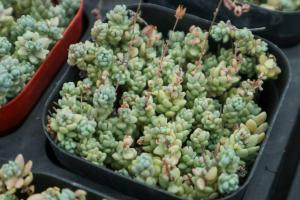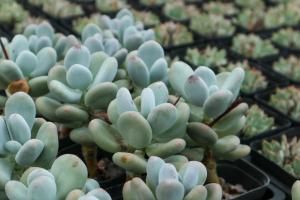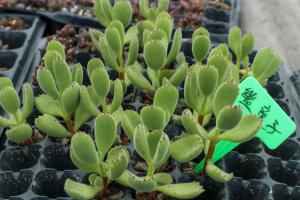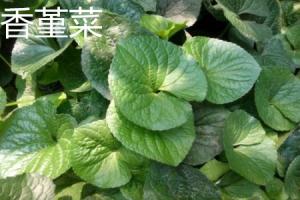1. Green Rose
1. Cutting green pineapple, as long as the soil is selected, there is almost no big problem. The soil for cutting green pineapple must not be garden soil. It should be loose, breathable and permeable, so that the roots of green pineapple can grow comfortably. The most commonly used is that rotten leaf soil is mixed with vermiculite and perlite. If not, you can also dig some pine needle soil under the pine tree
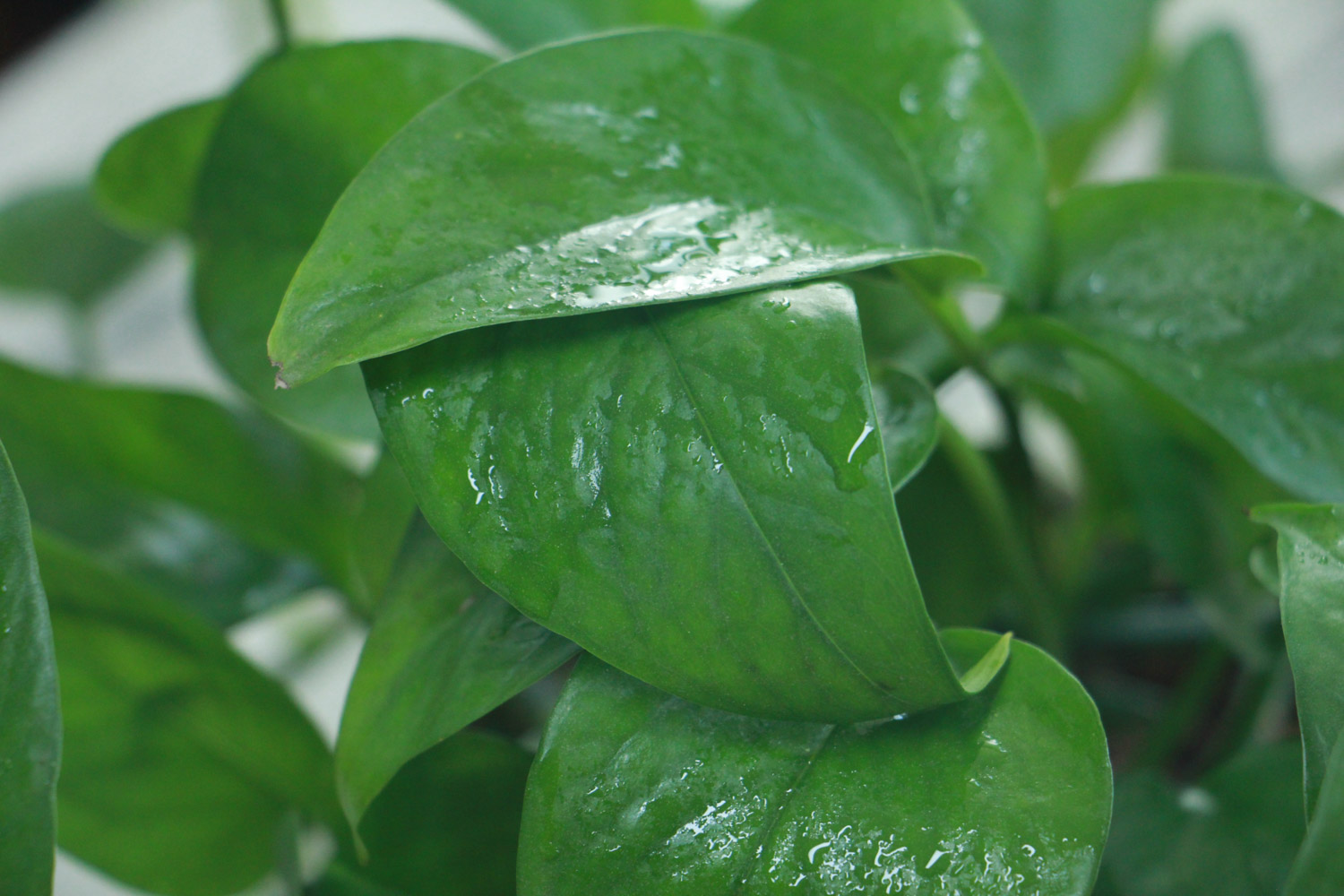
2. Cut off the branches of a section of green pineapple and find those that grow strong and take root with a little air on the branches. In this way, the roots grow fast. Don't pick those thin or useless branches. It's slow and difficult to take root
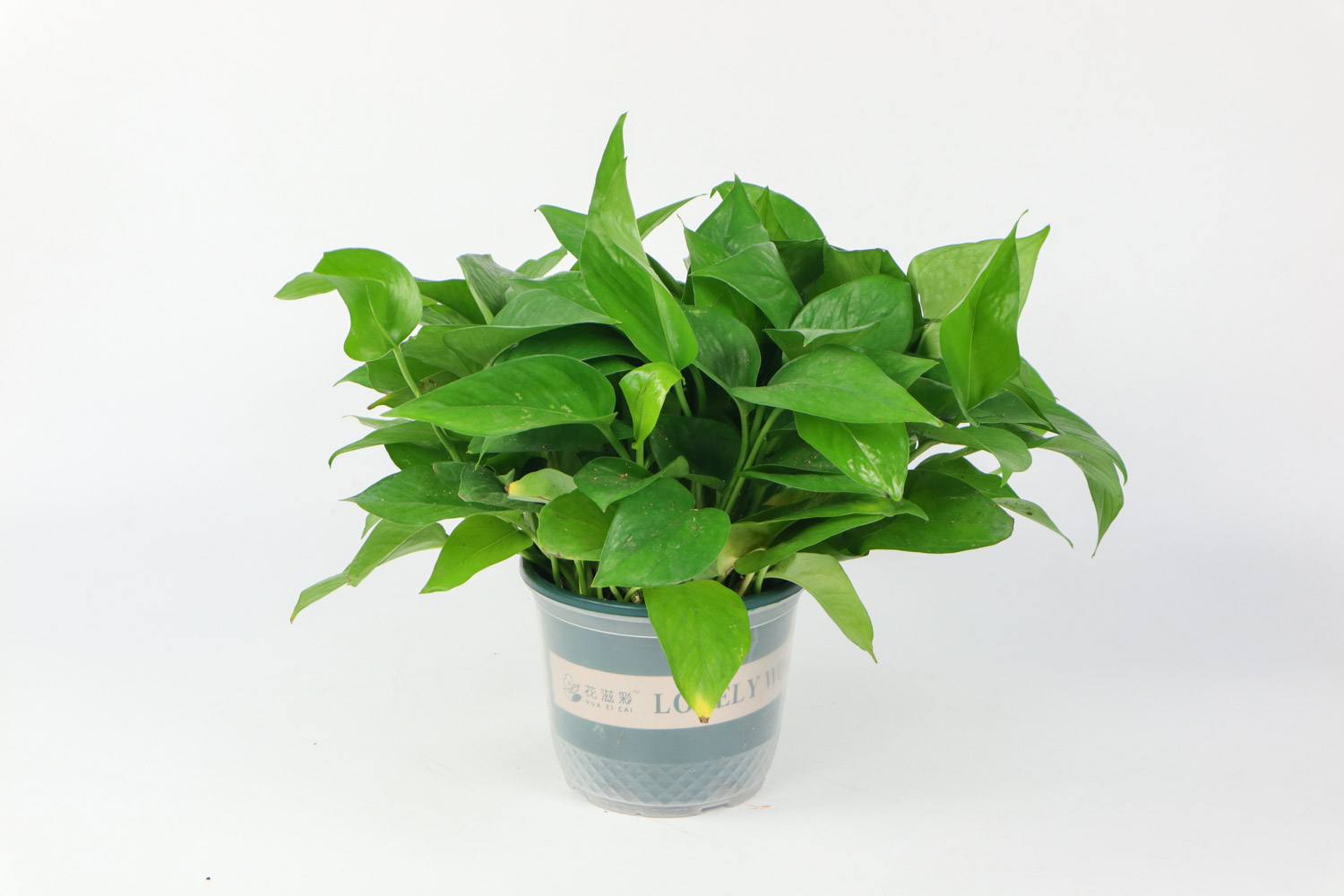
3. The following step is also very simple, that is, cut the long branches of lvluo into a length of about 10cm, and each section should have a bud point, otherwise lvluo can't sprout~
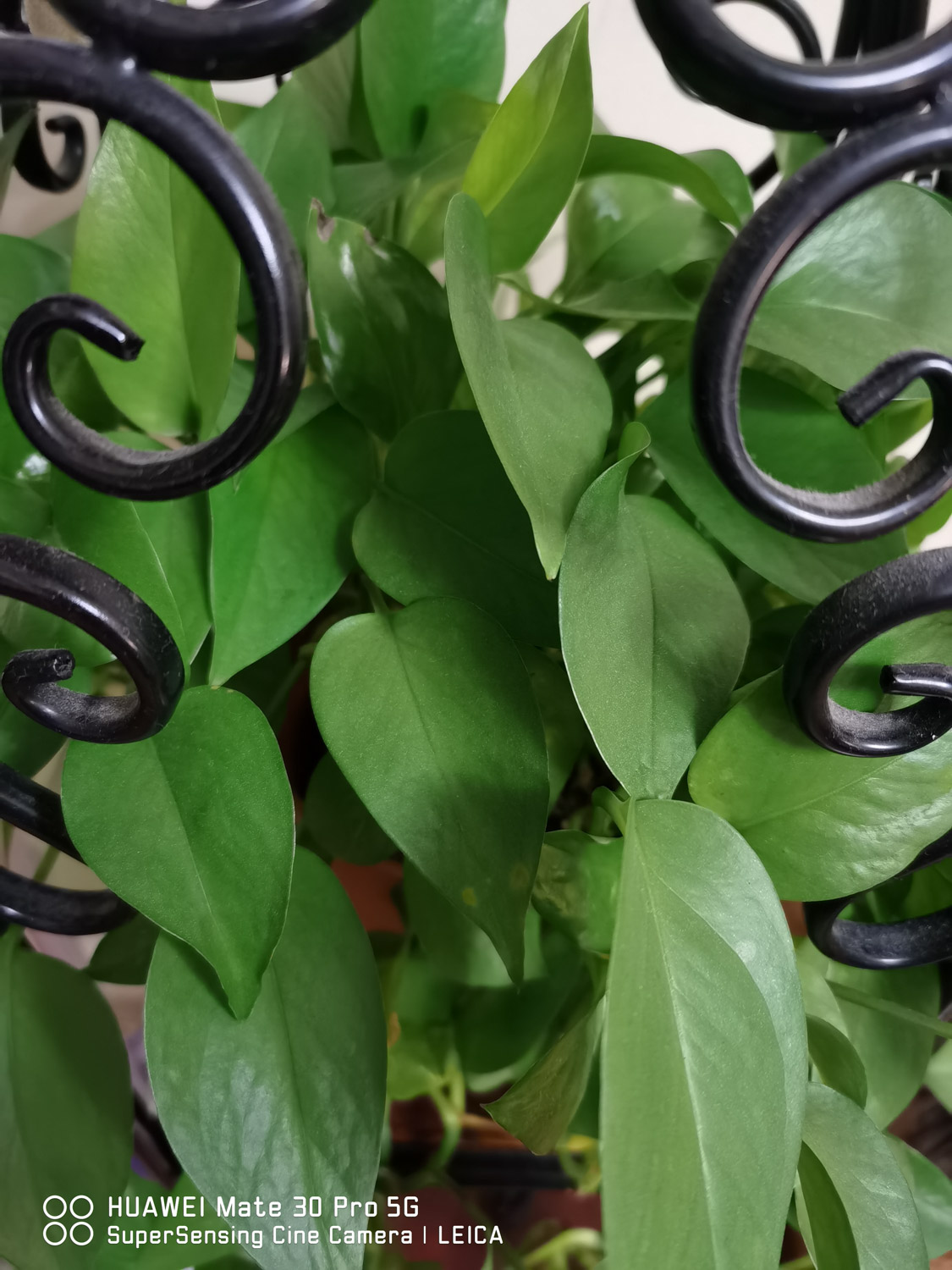
4. The last step is to insert the green pineapple into the flower pot, bury five or six centimeters of soil, gently compact it by hand, make the soil in close contact with the cuttings of the green pineapple, and then water it
Insert it in the flowerpot more closely like this, and you will soon enjoy the joy of exploding the flowerpot~
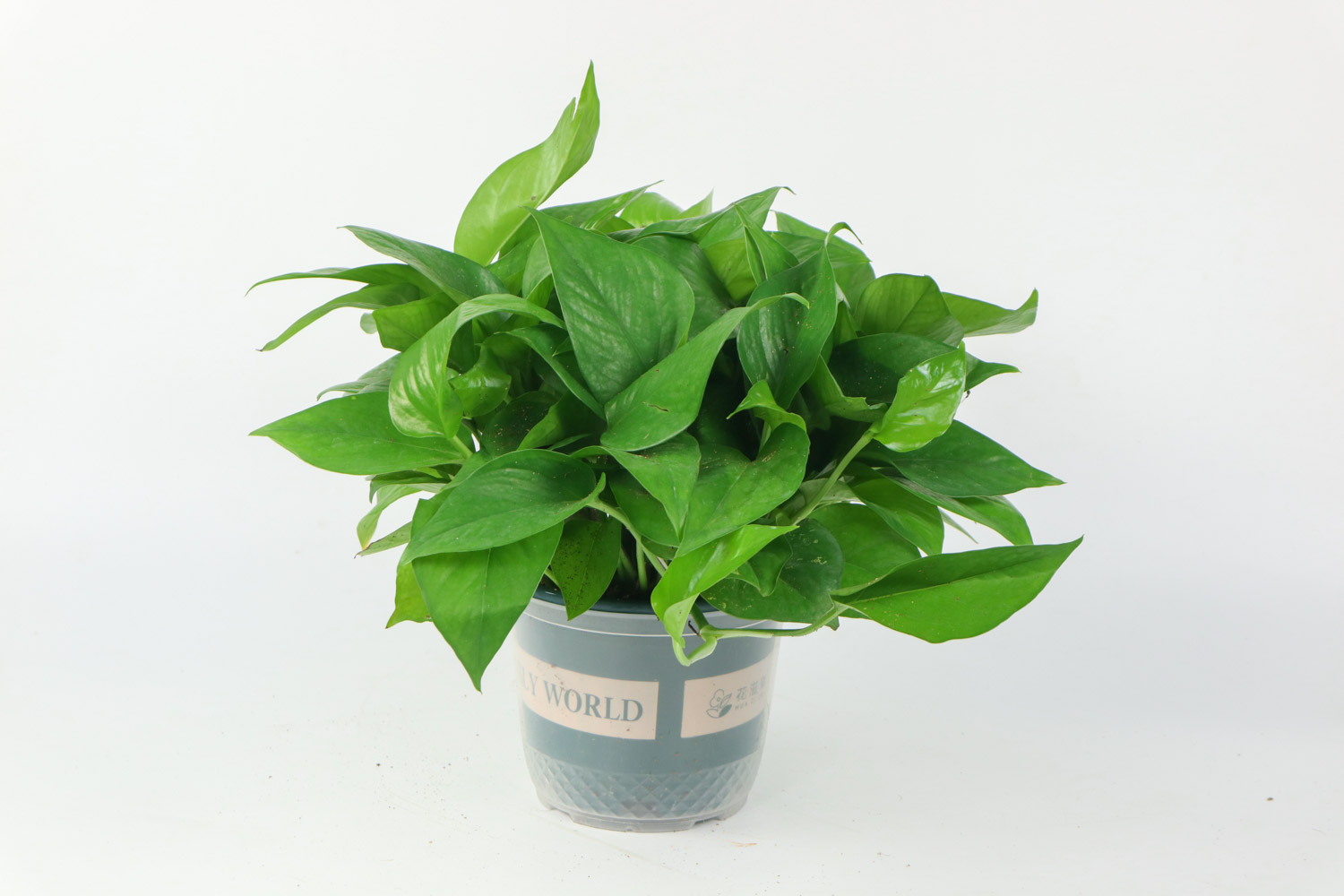
5. After cutting, put it in the scattered light place, often water and spray water to maintain the air humidity and soil humidity. When you see that the green rose grows new leaves, slowly increase the light. When late autumn, you can harvest a large basin of green rose
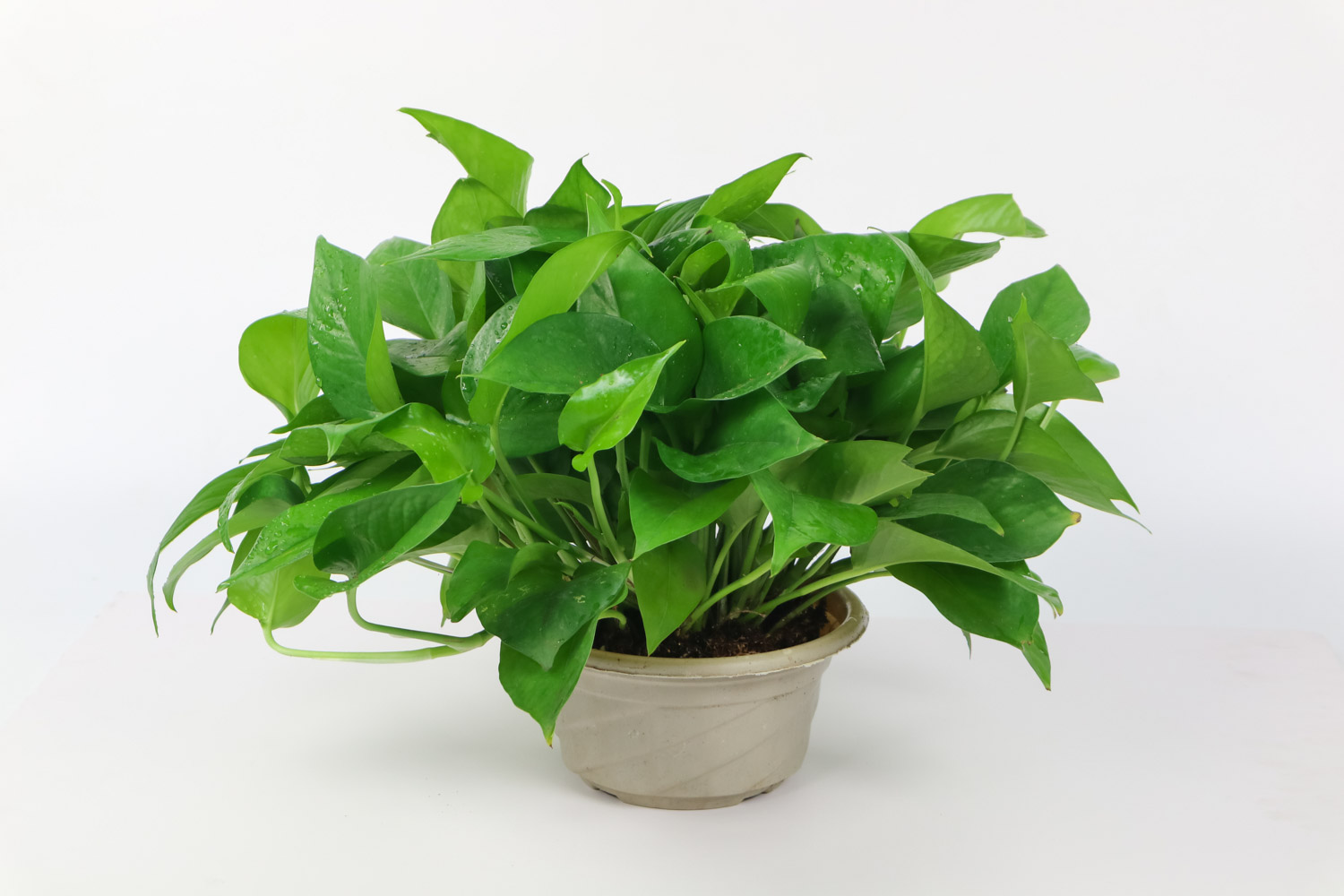
2. Camellia
1. Camellia can be cut with lignified branches born this year, with a length of 10 cm. Each cutting spike has two or three knots
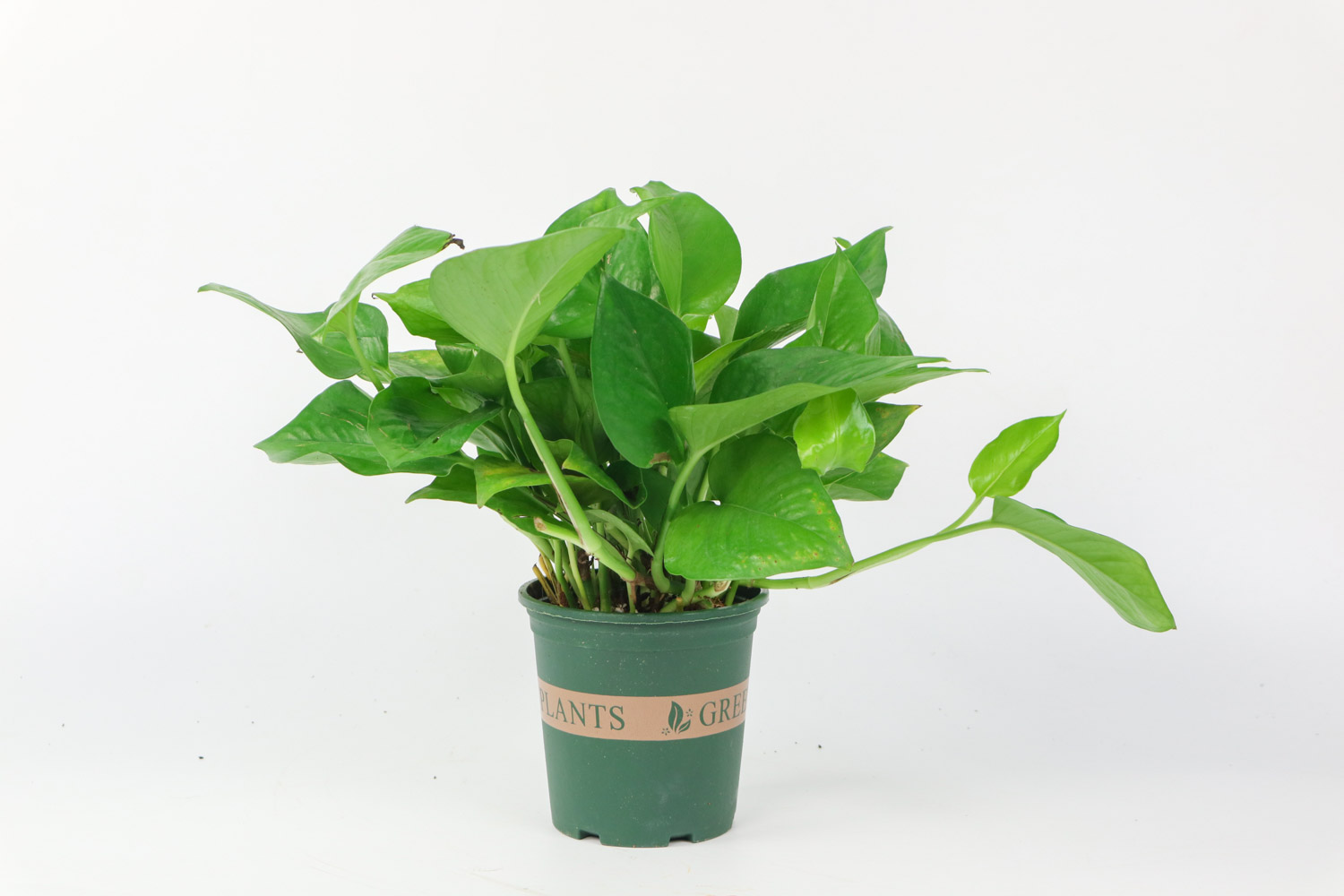
2. The substrate for cutting Camellia can be 80% perlite and 20% coarse sand
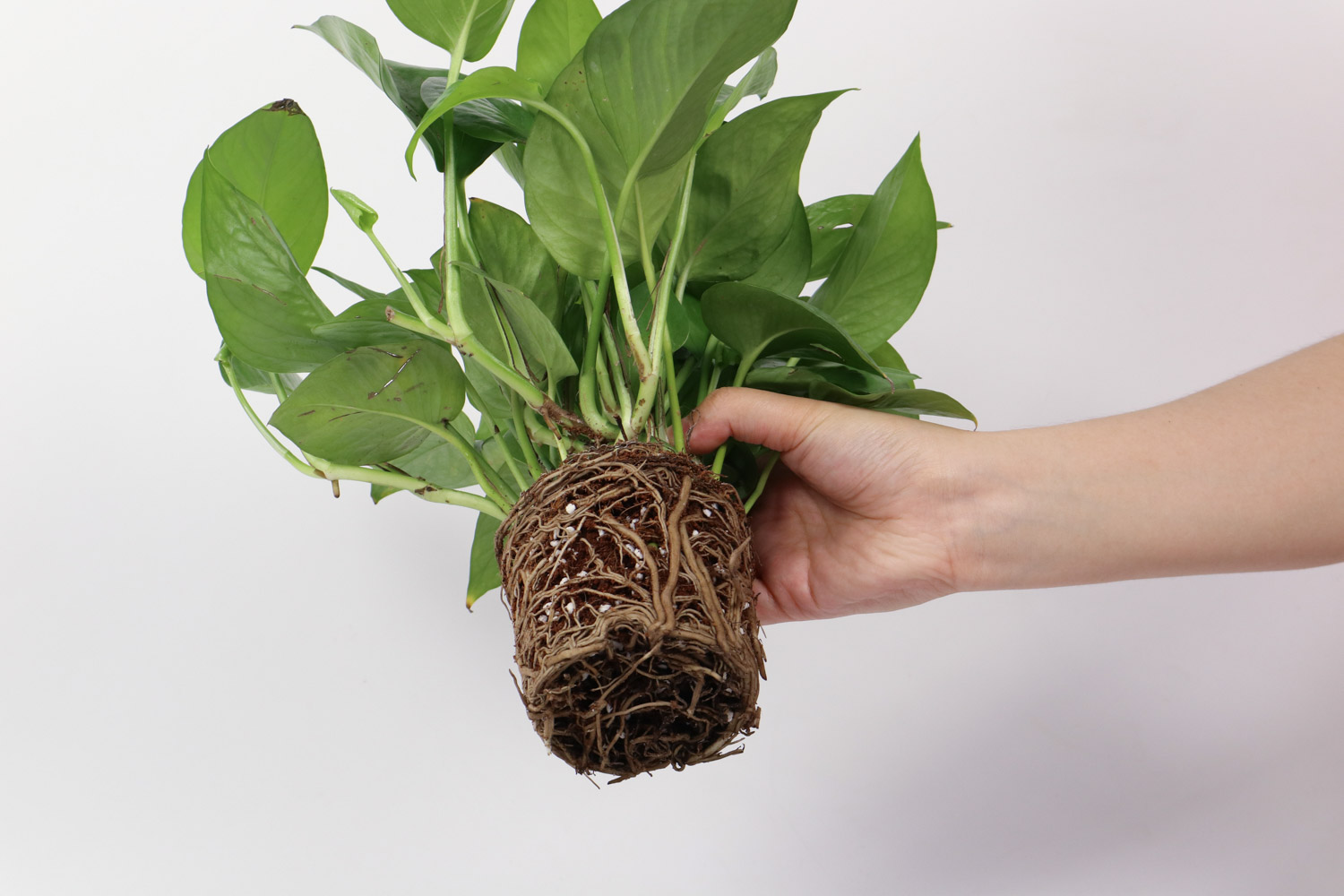
3. After cutting, water the cuttings and cover them with plastic bags. This is to increase the air humidity of cuttings and make them grow roots faster. At noon every day, open the plastic bag to ventilate it. When you see it dry, pour some water
4. After about a month or two, the camellia will grow new buds. At this time, take off the plastic bag and put it in a place with sufficient light for normal maintenance
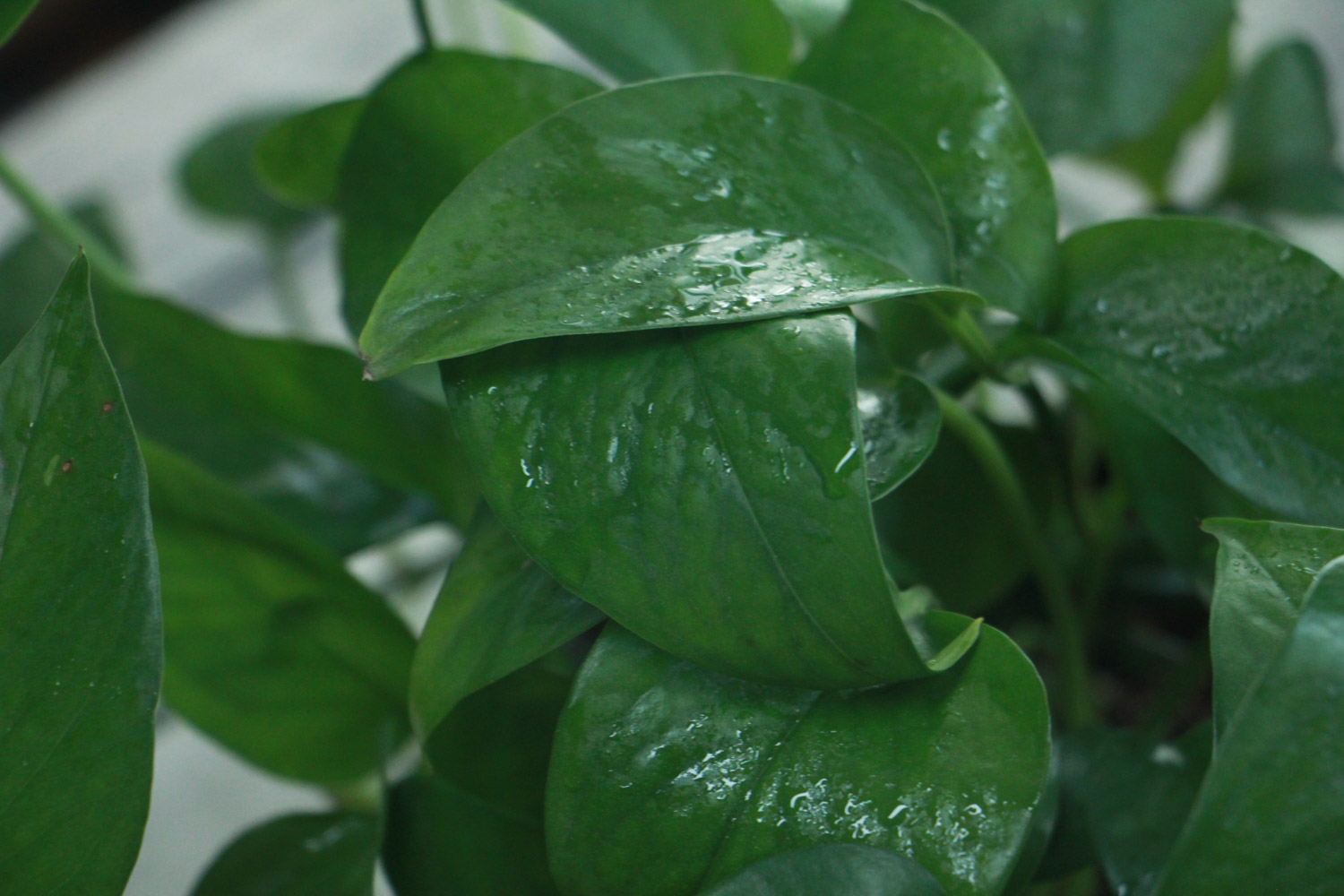
3. Rose
1. In view of many flower friends' feedback to Huahua that the cutting of rose is always rotten, Huahua will introduce a new breeding method to you this time. What you need to prepare include a blade, a pair of scissors, a plastic bottle, a roll of transparent tape and vermiculite
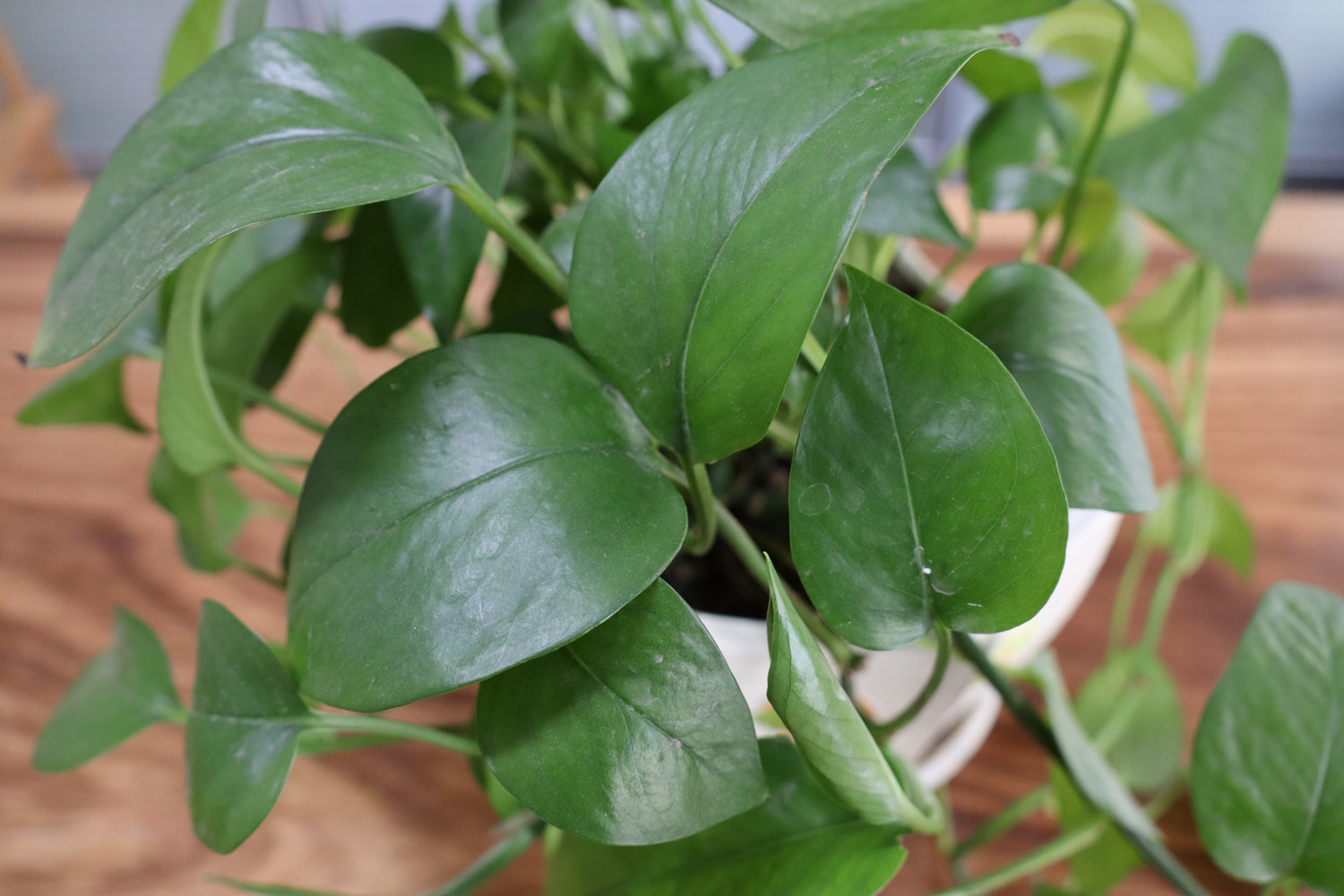
2. Cut off the bottom of the plastic bottle with scissors, and then cut it vertically
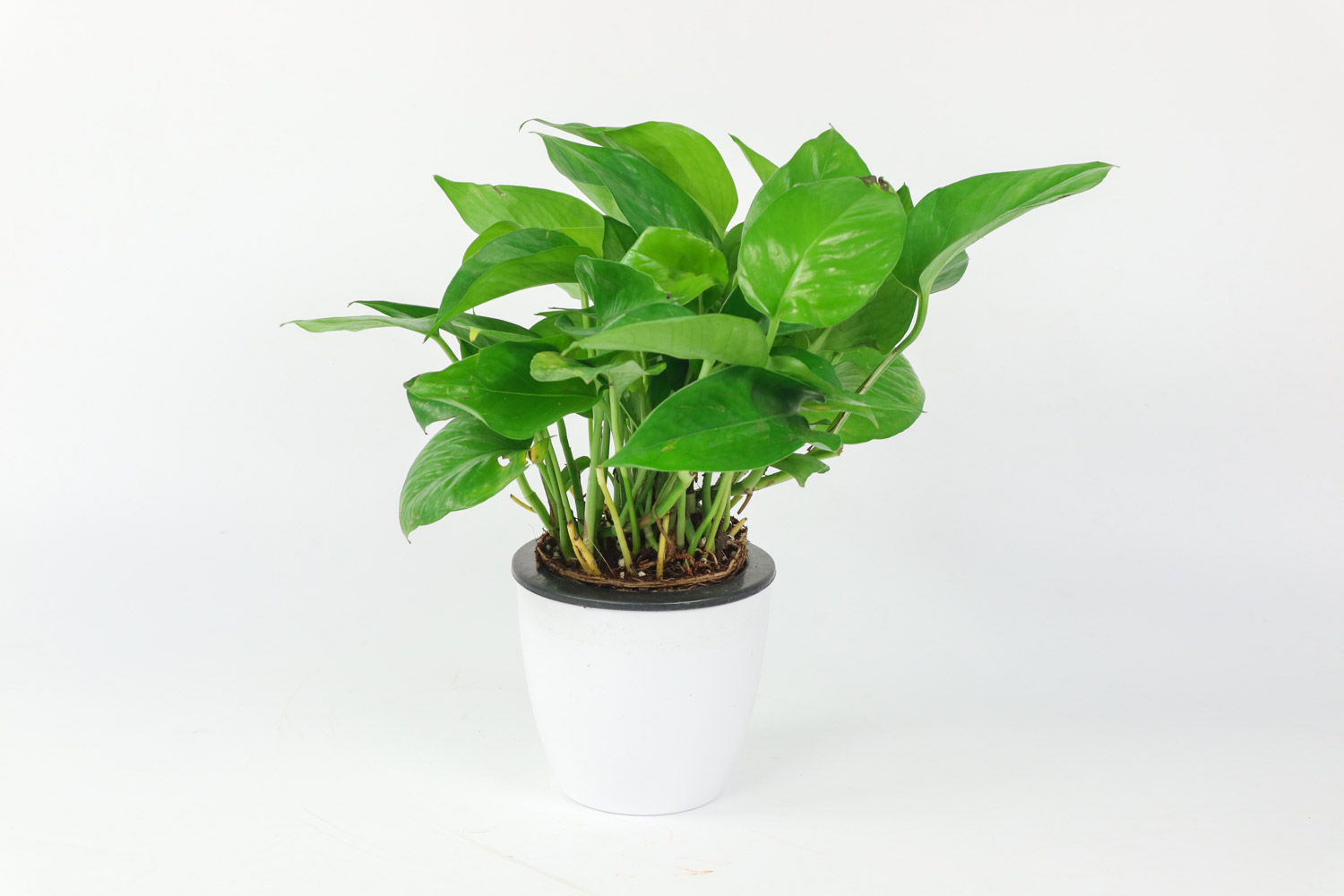
3. Select the robust rose branches, 10 to 15 cm away from the ground, and cut off the skin on the 1 cm long rose branches with a blade
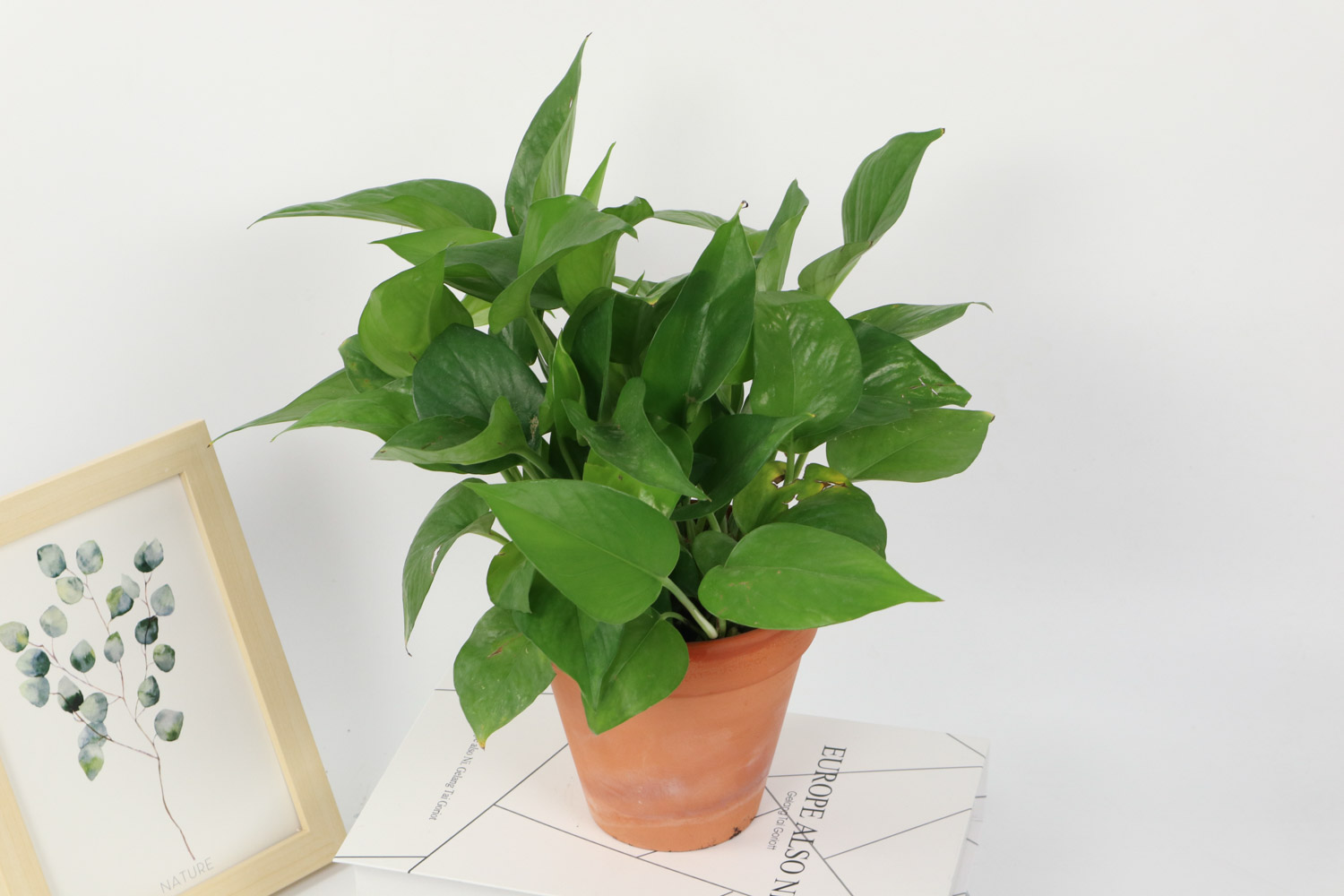
4. Put the cut plastic bottle with the bottle mouth facing down on the rose branch, and then wrap the bottle around the bottle with transparent tape
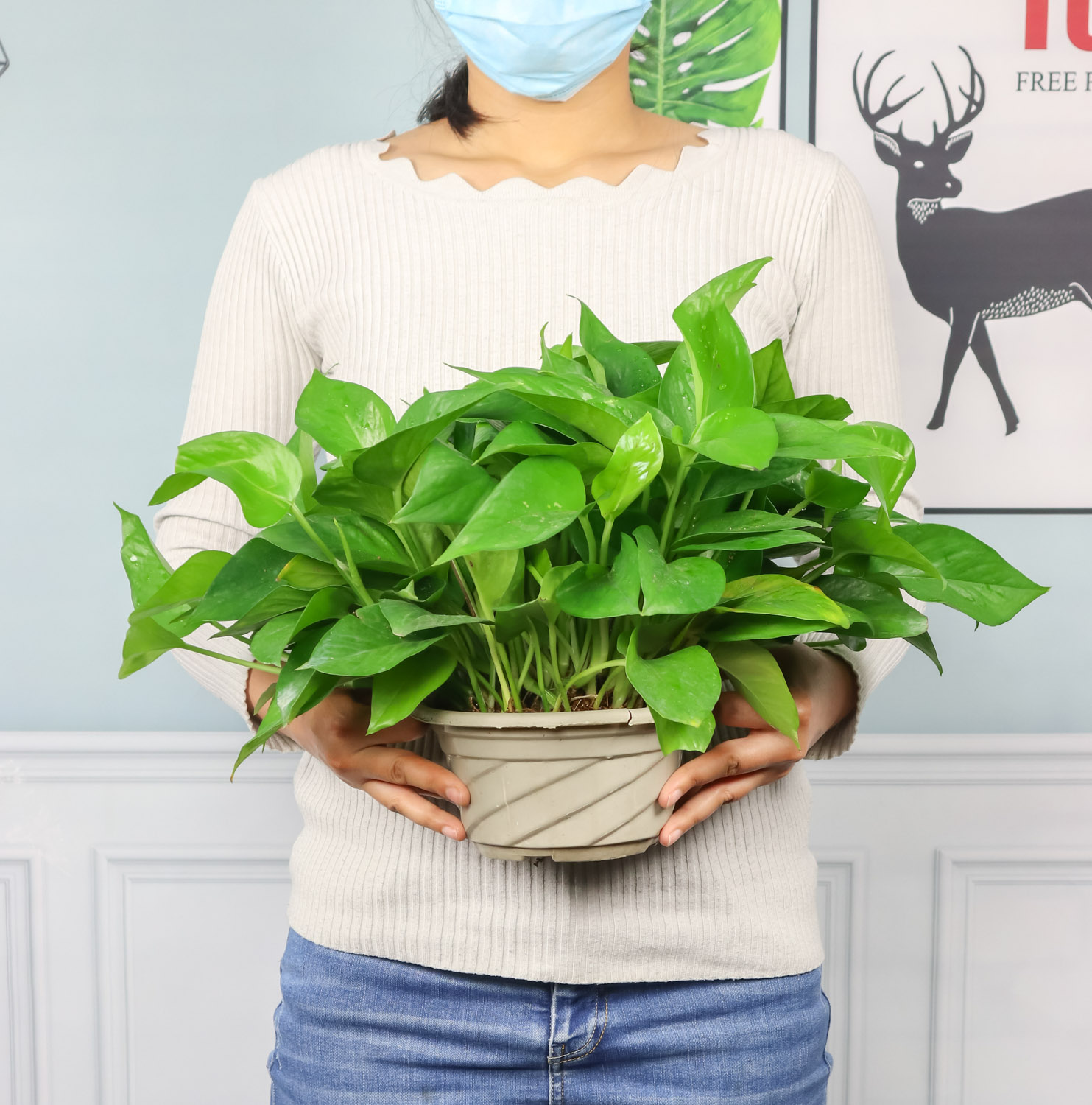
5. Fill the plastic bottle with sand, perlite, vermiculite and other substrates with good water permeability and pour water through it
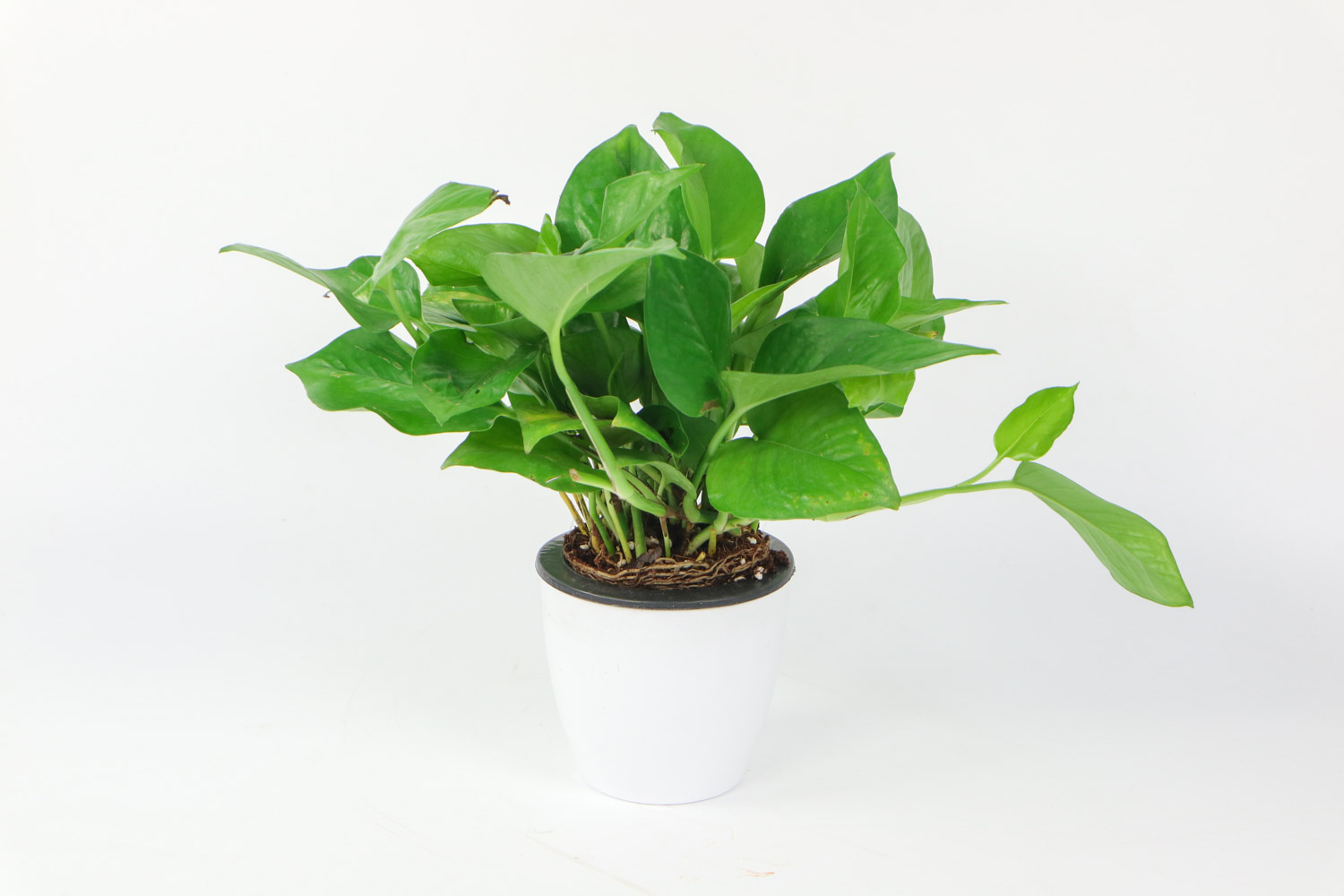
6. Finally, seal the seal with plastic bag for moisturizing treatment
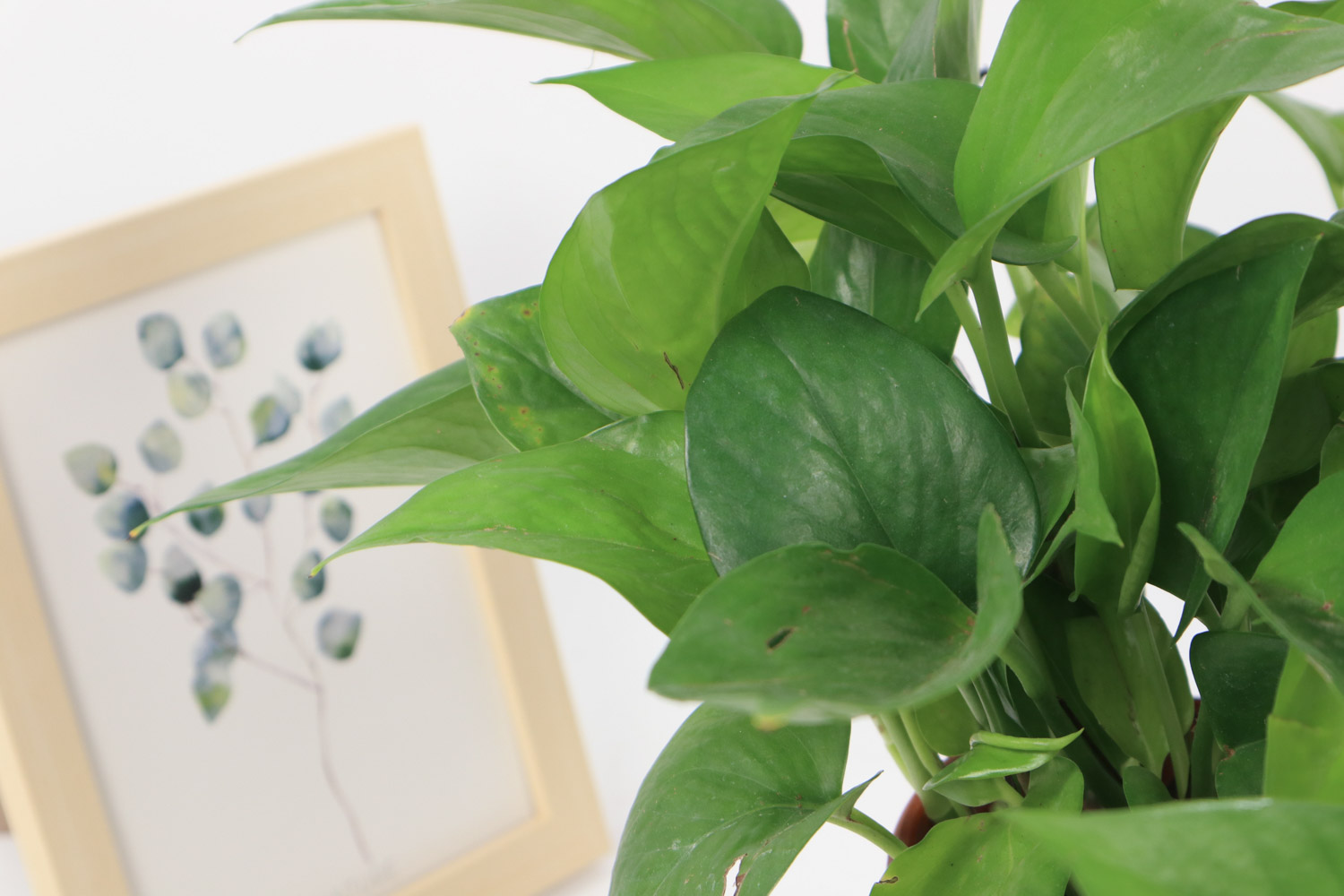
7. Keep the substrate moist, and the roots of white flowers will grow in about a month. At this time, you can cut down the branches of roses, remove the plastic bottles and plant them directly into new flower pots
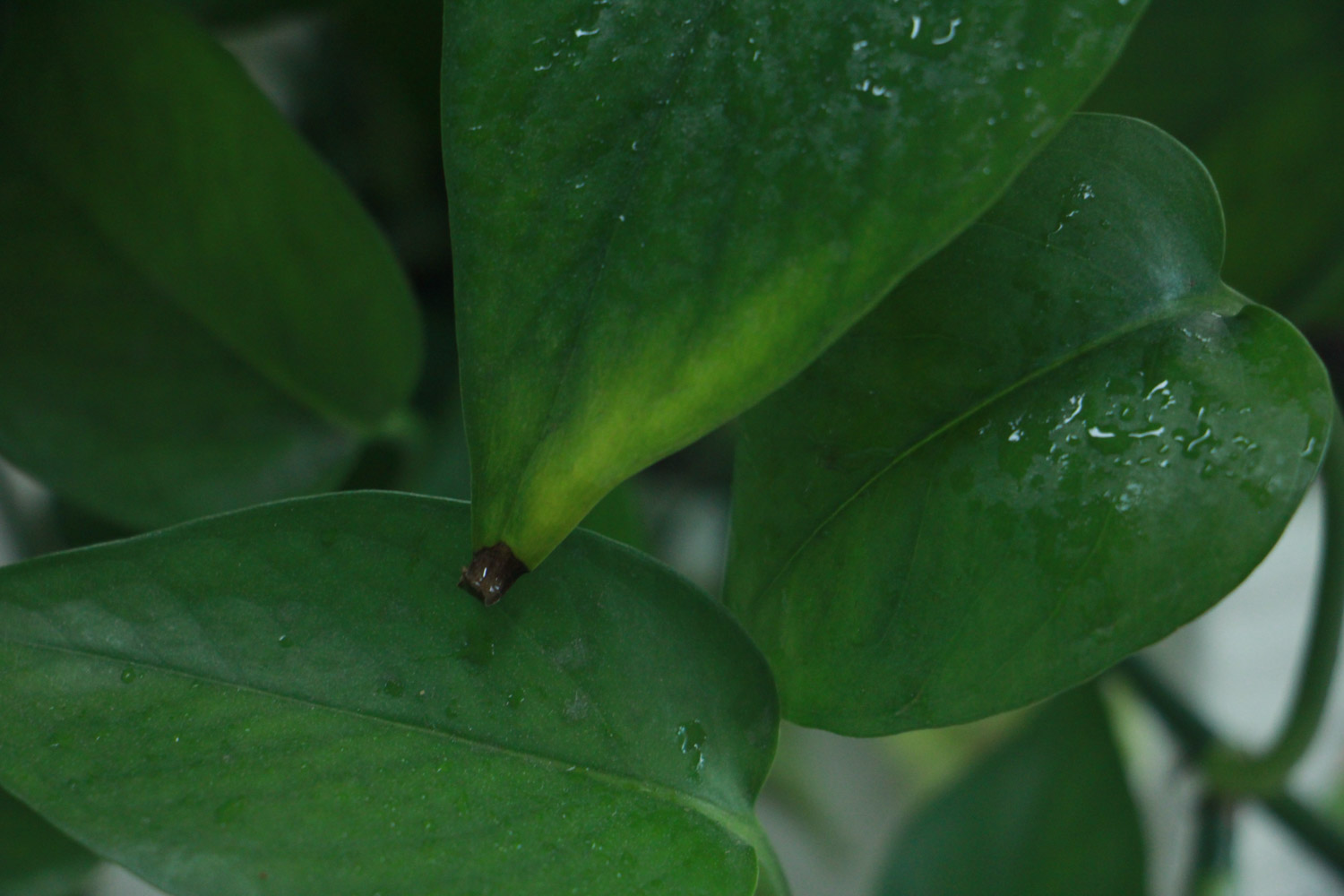
8. Because roses have already taken root, they can continue to grow healthily as long as they are placed in the shade for a few days. Using this method to reproduce rose, the survival rate is almost 100%
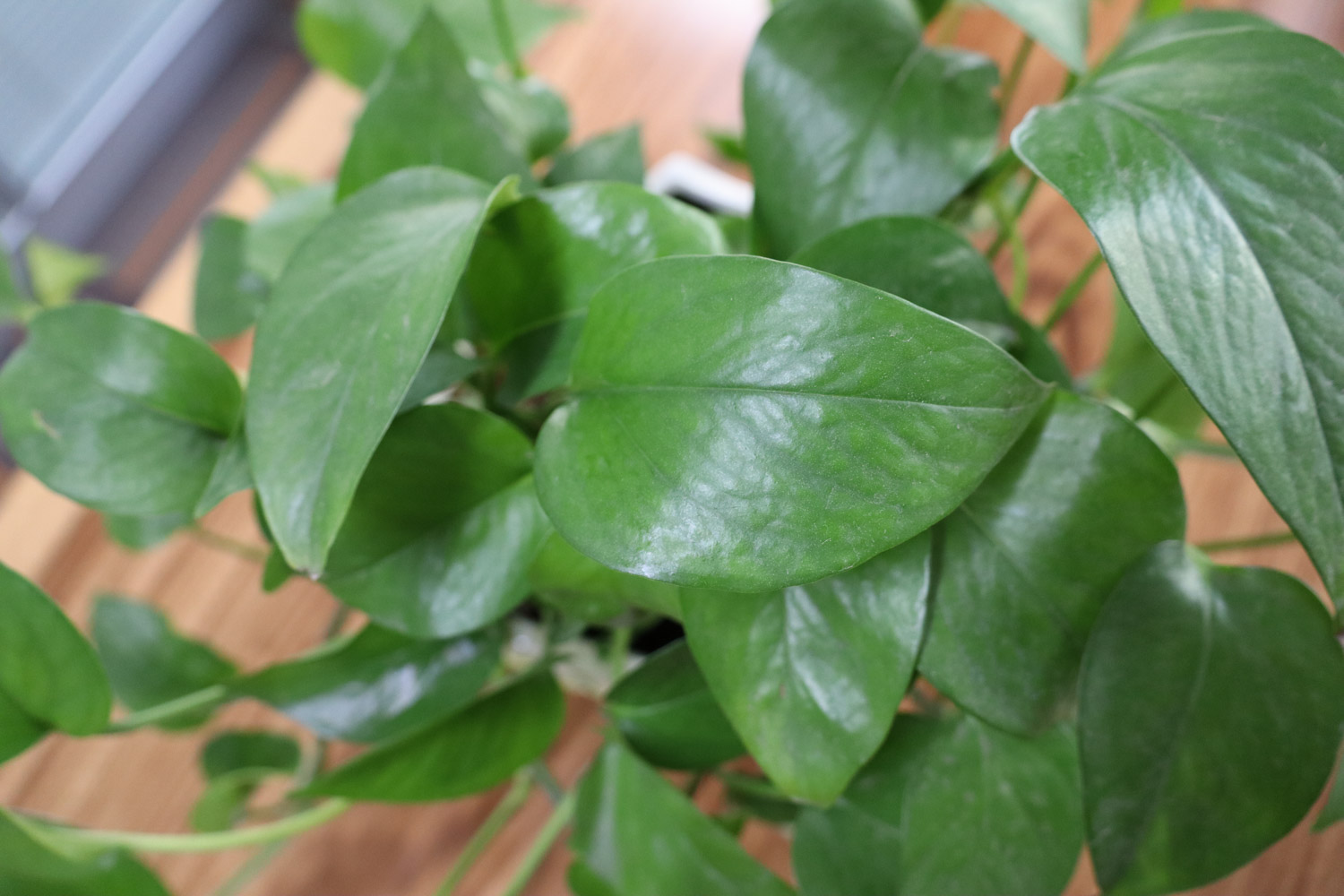
4. Triangle plum
1. First, prepare the cutting matrix. Huahua suggests that you mix vermiculite, perlite and peat soil in the ratio of 1:1:1
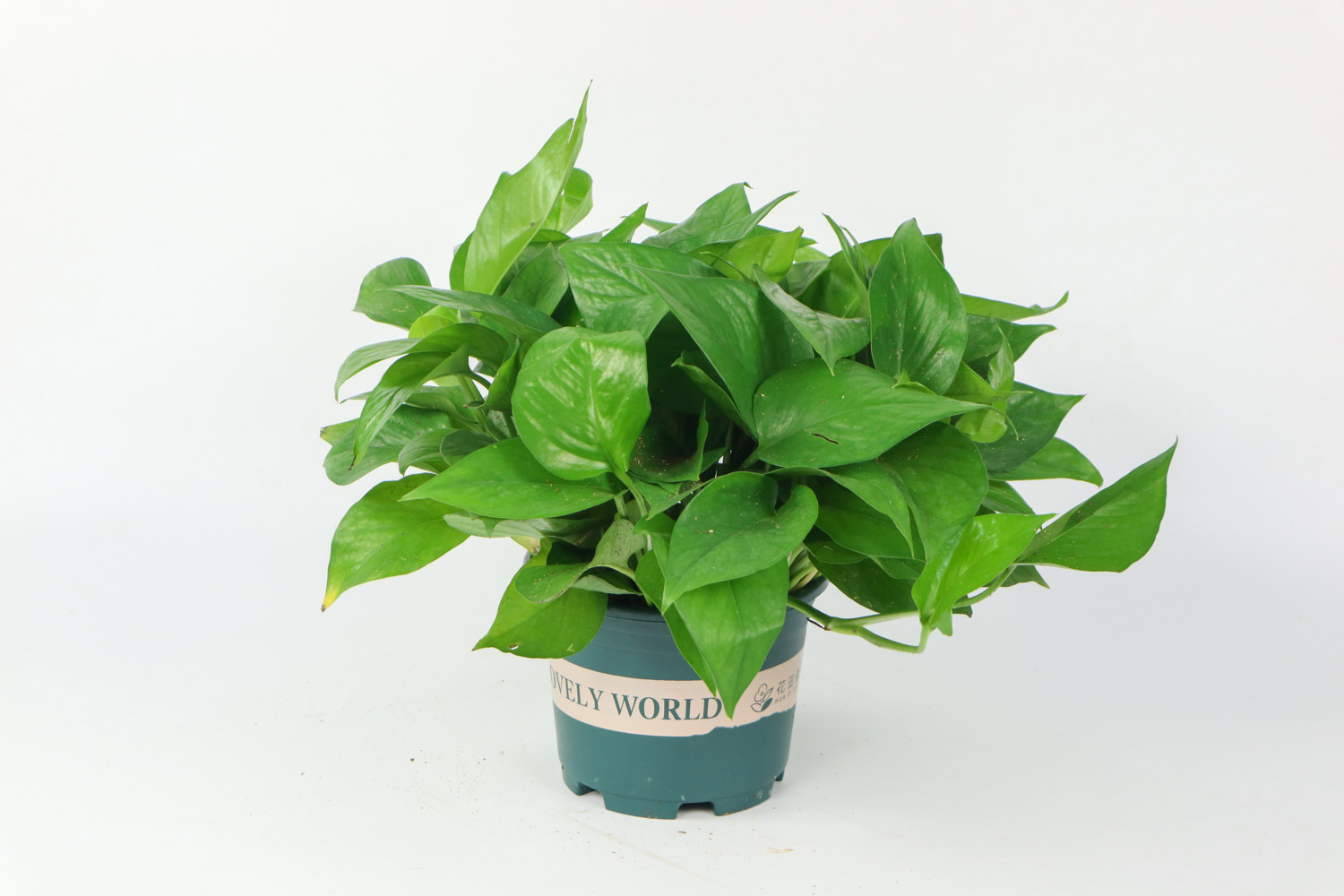
2. Cut the lignified branches of the current year, with a length of about 10 cm, leaving only the upper two leaves
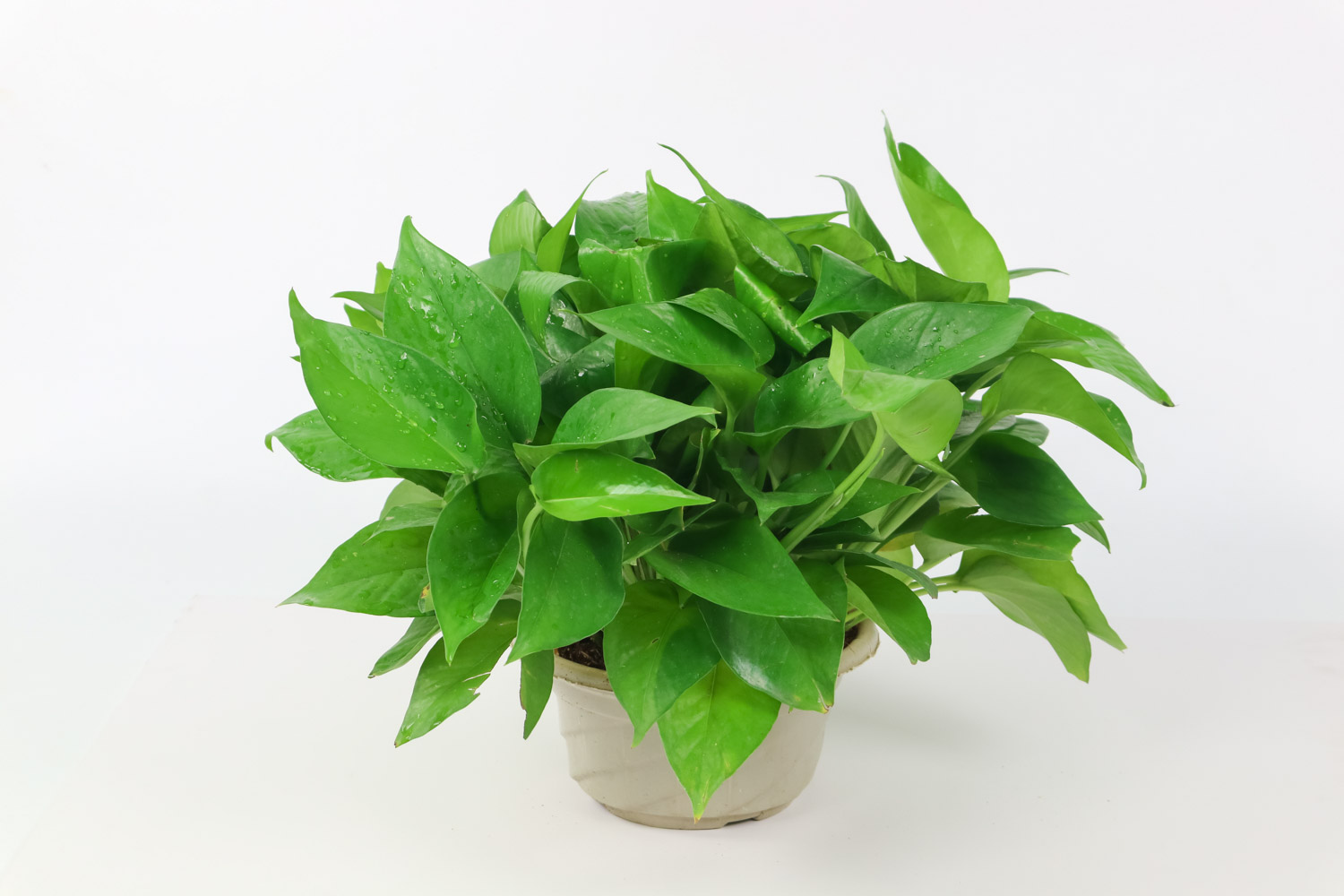
3. Dig a hole in the flower pot with disposable chopsticks, with a depth of 78 cm, and then bury the triangle plum in the hole
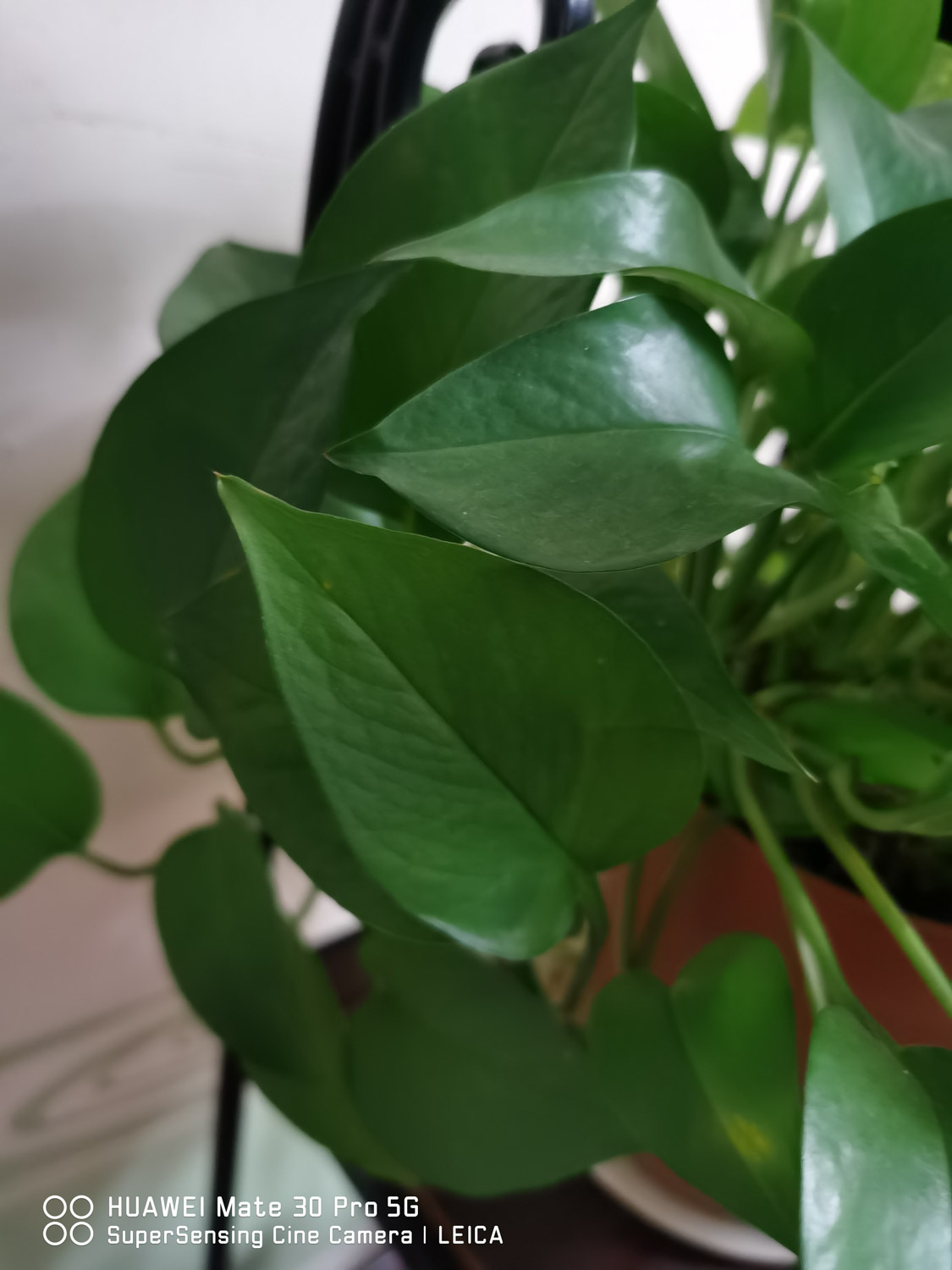
4. After inserting, pour water, cover the flowerpot with plastic bag or plastic wrap, and put it in the place with scattered light for maintenance. Spray water every day to moisturize and grow roots in a month. When you see the new buds of triangle plum, you can put it in a place with sufficient light for maintenance
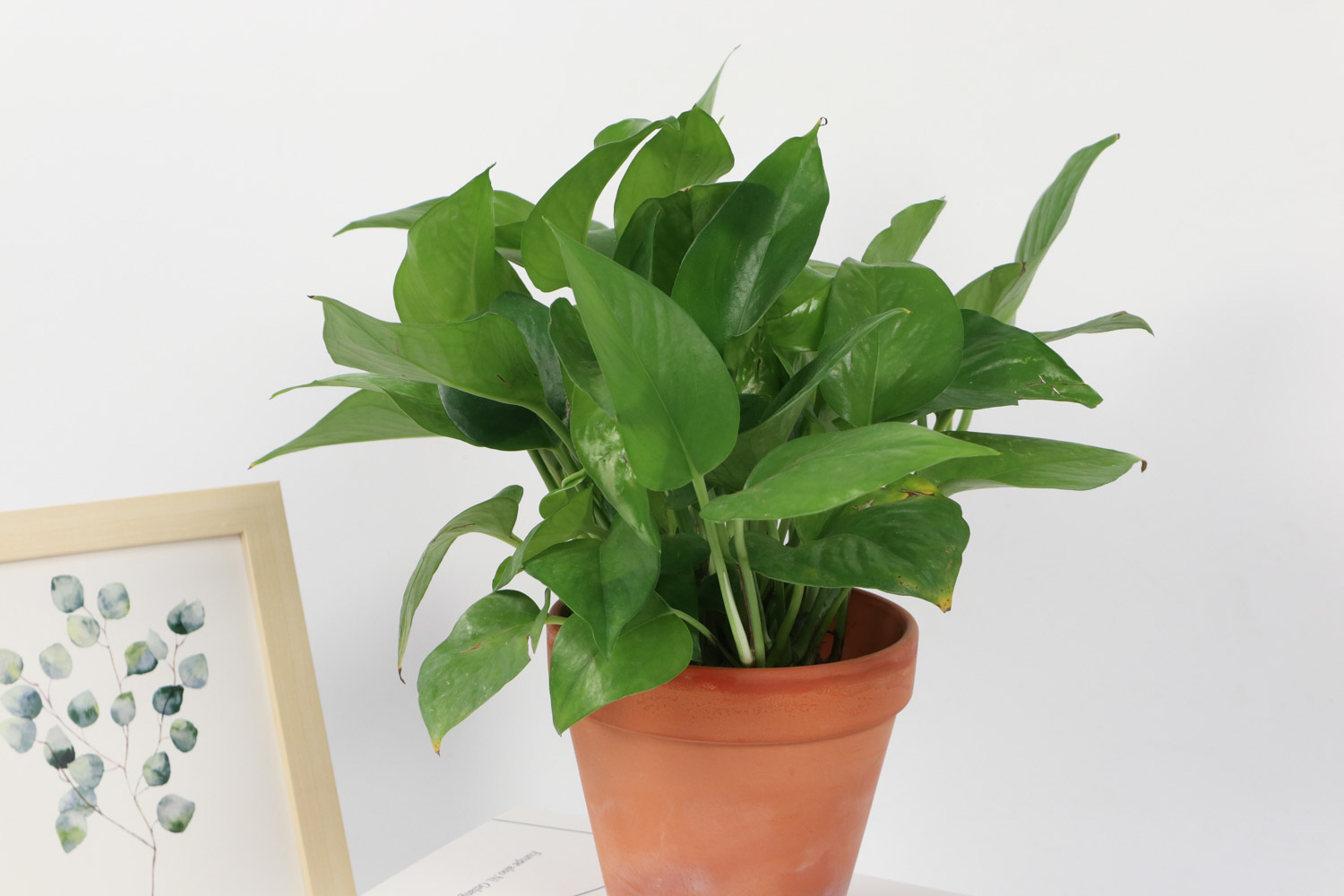
5. Rhododendron
1. Cut the semi lignified top branches of Rhododendron with scissors, with a length of 5 ~ 10 cm. Remove all the leaves at the lower part of the branches and only the leaves at the top
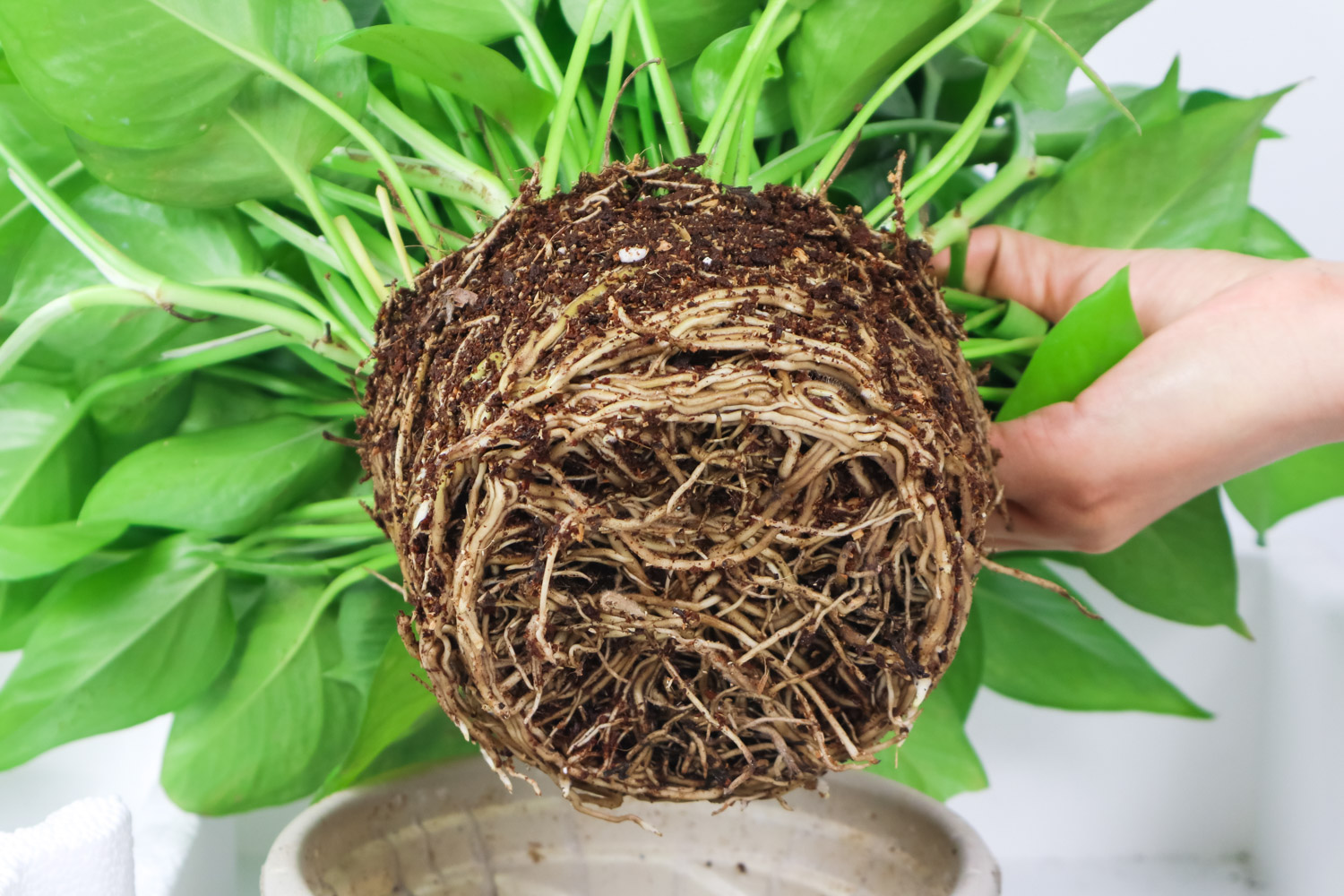
2. Cut the processed Rhododendron branches into the foam board, and the branches reveal the foam board about three centimeters. p>
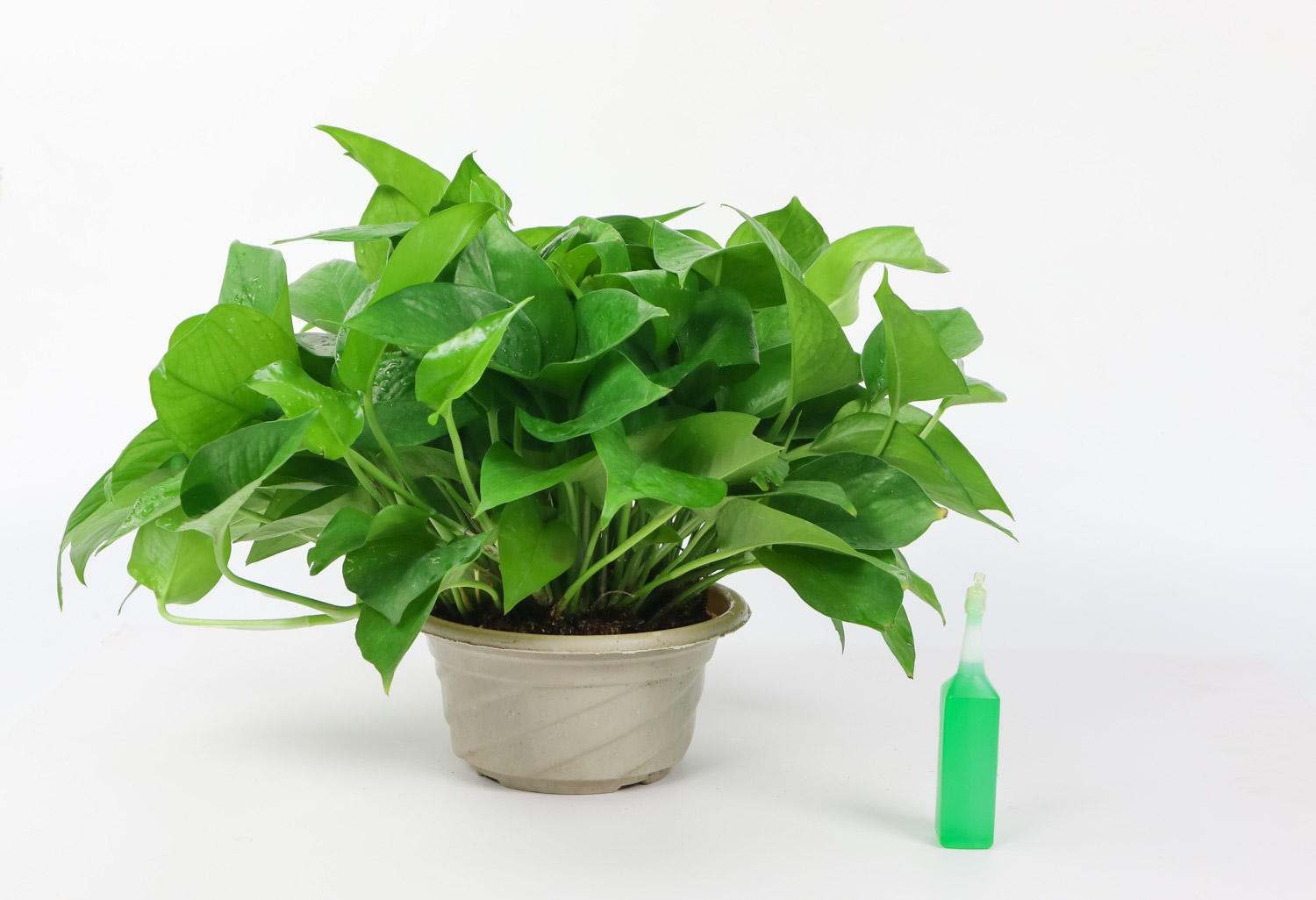
3. Then put the foam board in a large water tank. First, hydroponics was used to induce the root. p>
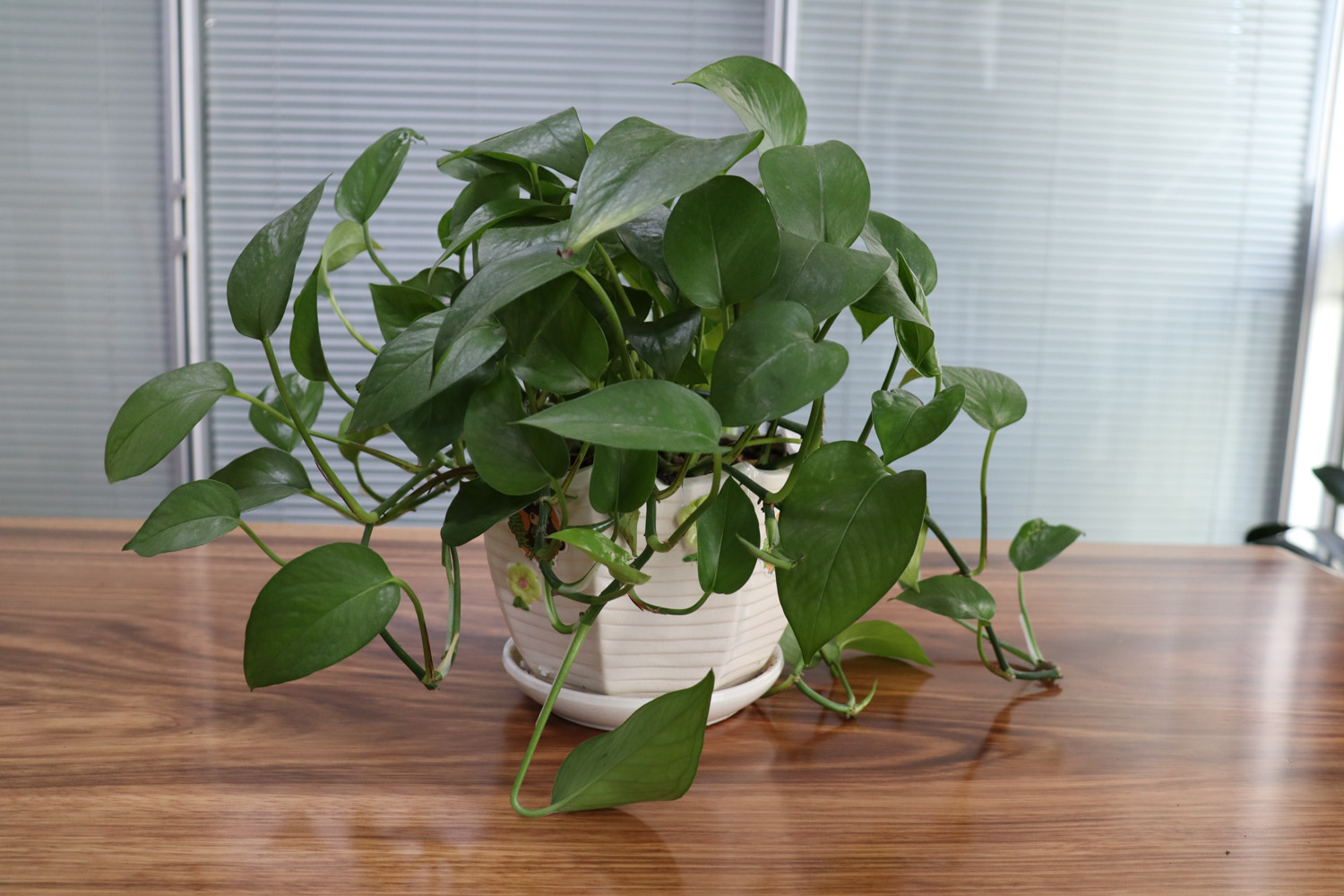
4. When you see the roots of rhododendrons growing white flowers, you can go to the pot. When putting into the pot, the Rhododendron rooted in hydroponic culture shall be dried for a while before putting into the pot. After putting into the pot, the seedlings shall be slow for a period of time before normal maintenance
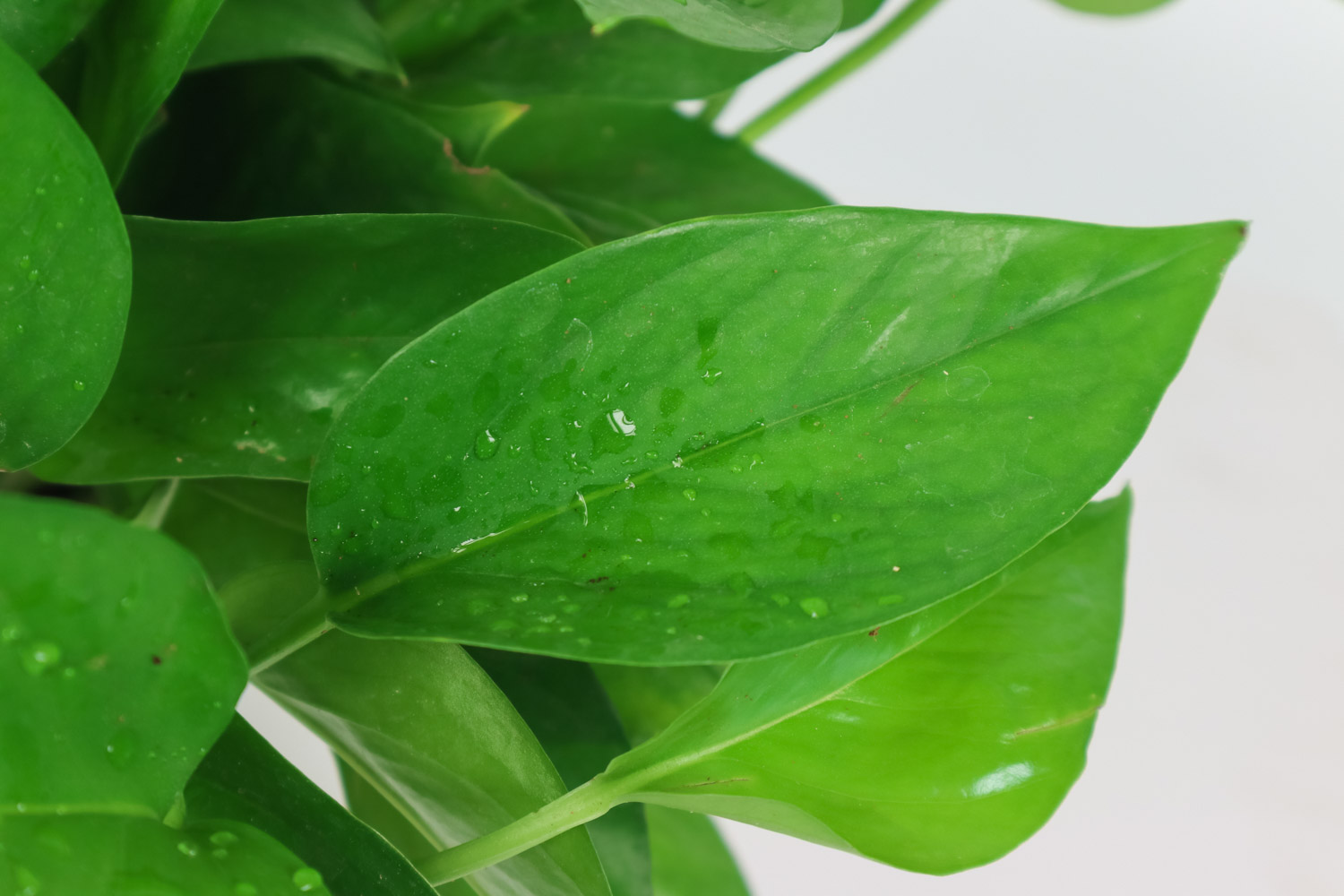
6. Geranium
1. In order to save cost and space, when cutting geranium, Huahua gives you a little trick, that is, you can use the used disposable cup to cut, as long as you use scissors to poke a few holes under the cup and dew
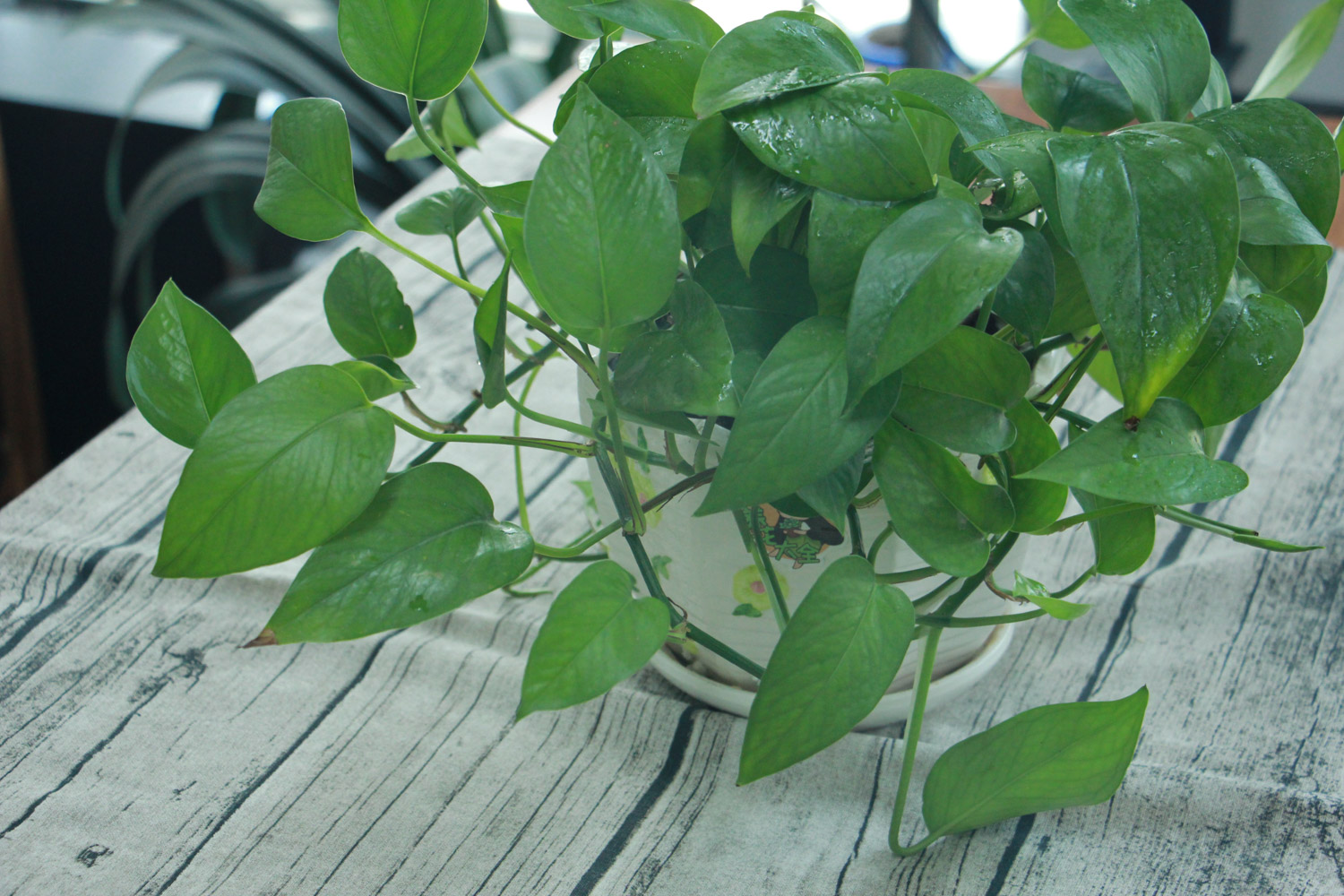
2. Cut the semi lignified or flowering Geranium branches, with a length of about 10 ~ 15 cm, and put them in a cool and ventilated place to dry the wound. If they are cut directly, it is easy to cause the wound to rot
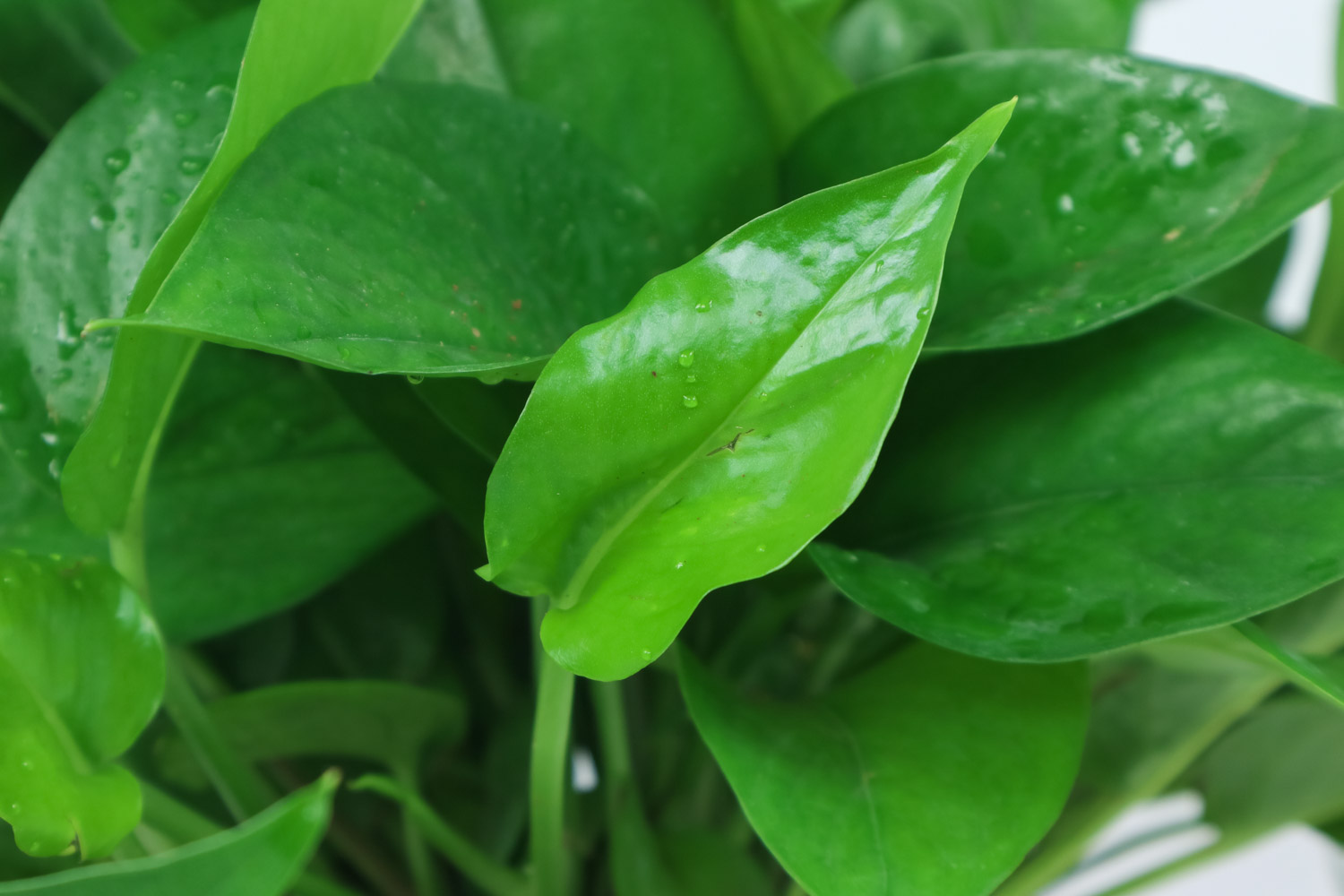
3. For cutting geranium, river sand or vermiculite can be used. After inserting the geranium into the matrix, water it and place it in the scattered light for maintenance. The buds can grow in about half a month, and then it should be placed in a place with sufficient light for maintenance
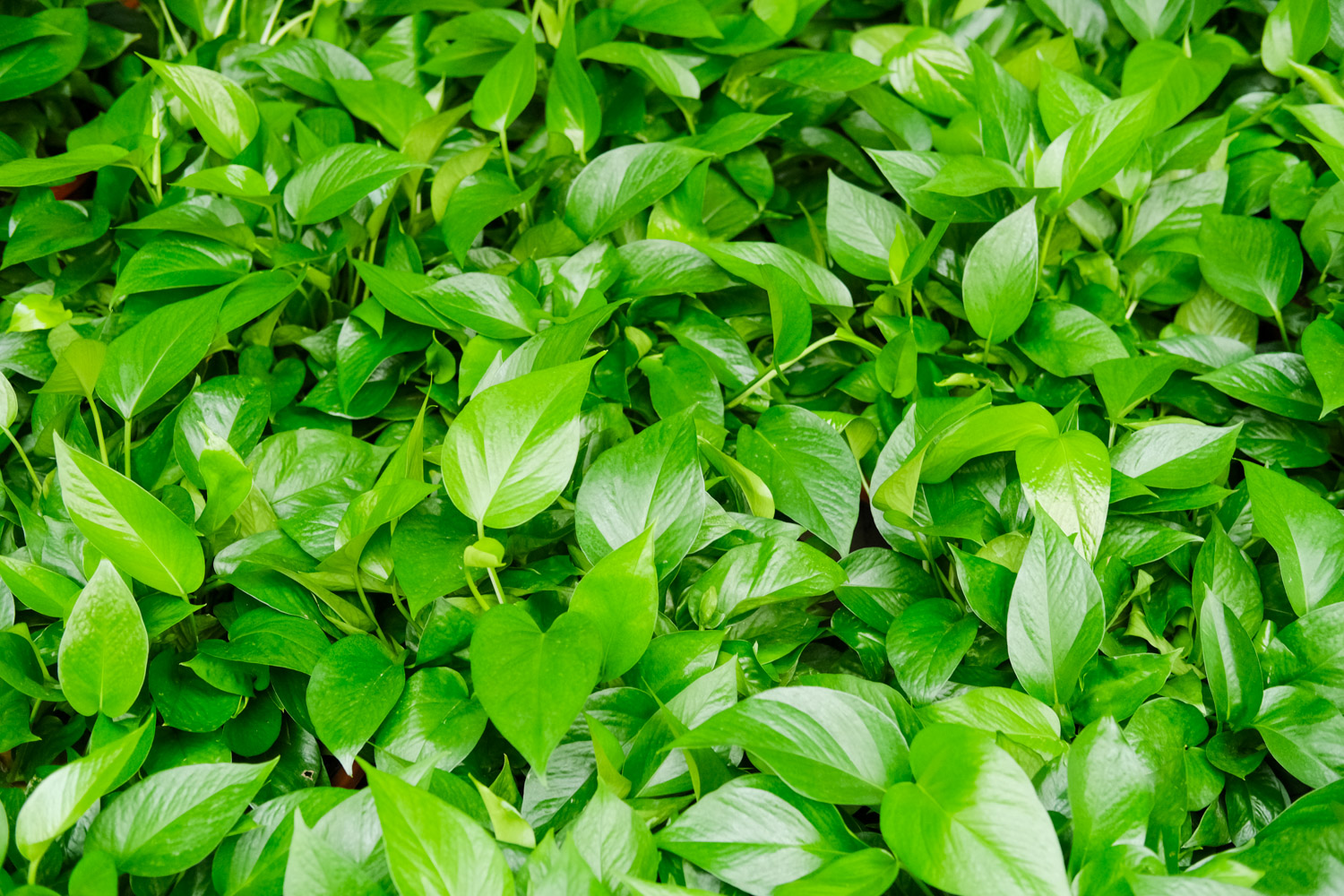
4. When you find that the roots of Geranium are full of disposable cups and the leaves are lush, you can change it into a larger basin to grow faster
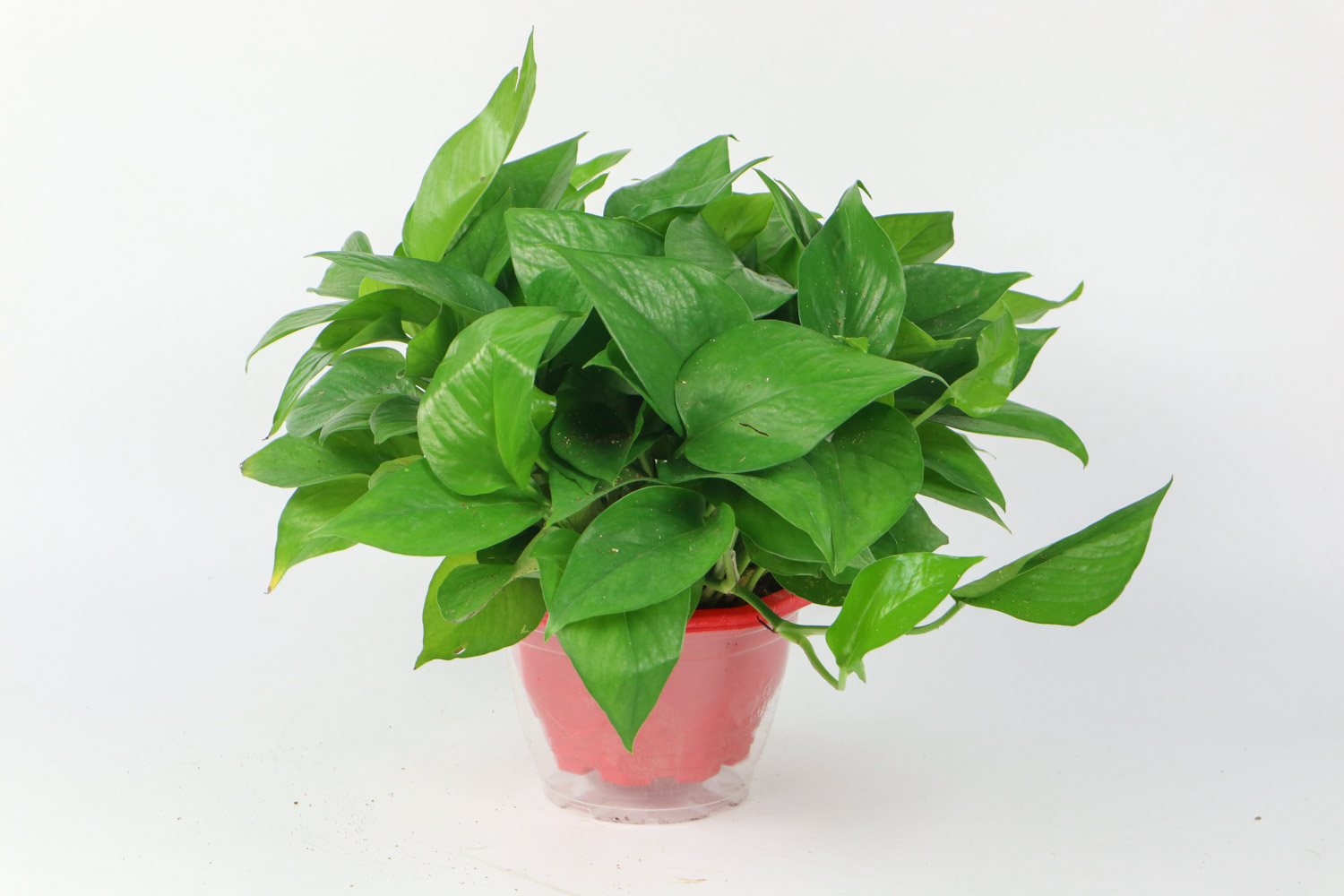
5. First remove the disposable cup, and then put the Tianzhu reservoir into the water to clean the sand on the root system to expose the white root system
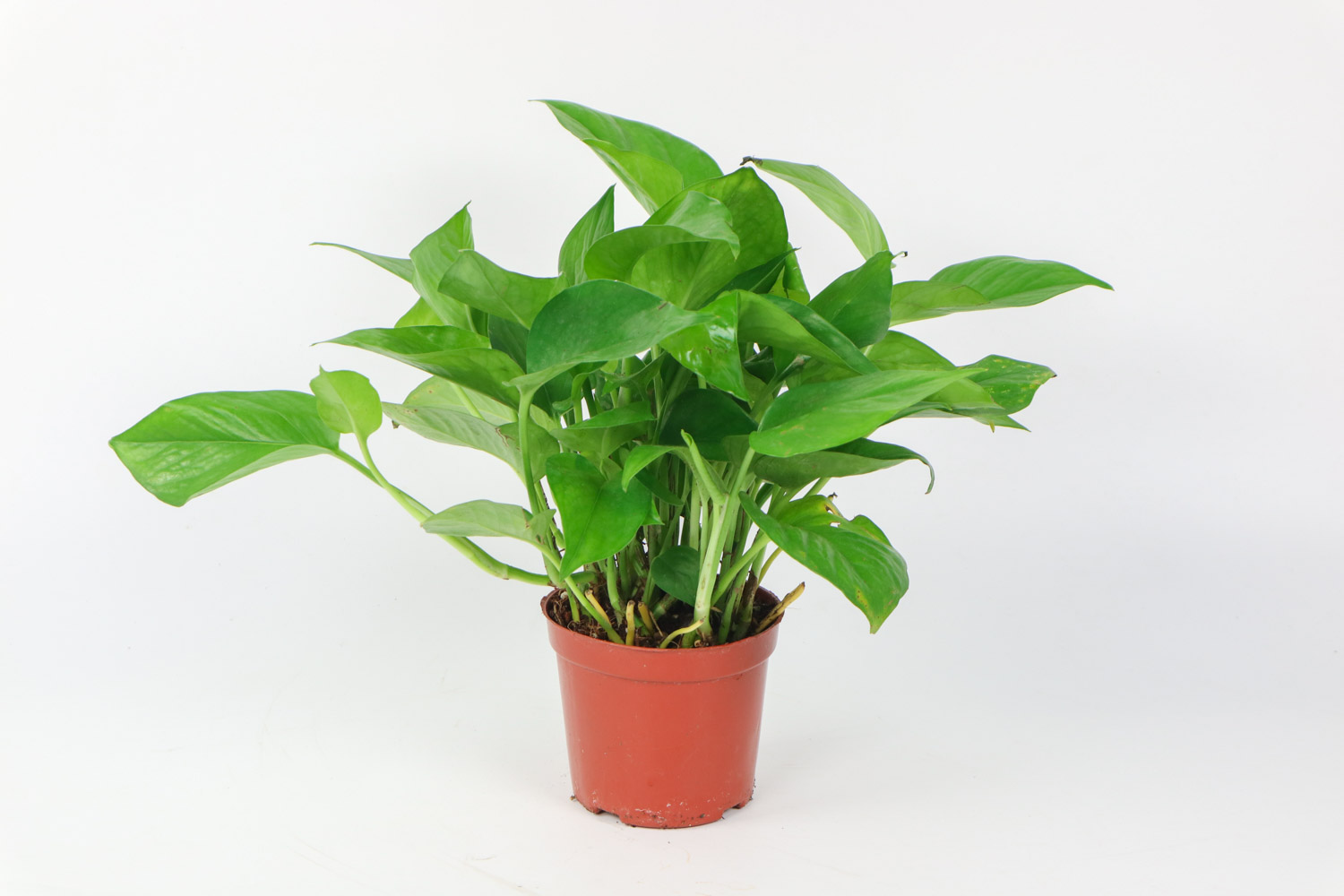
6. Dry the washed Geranium root system a little, and then you can plant it in a large flower pot again. Pour it with water, and a new geranium is finished
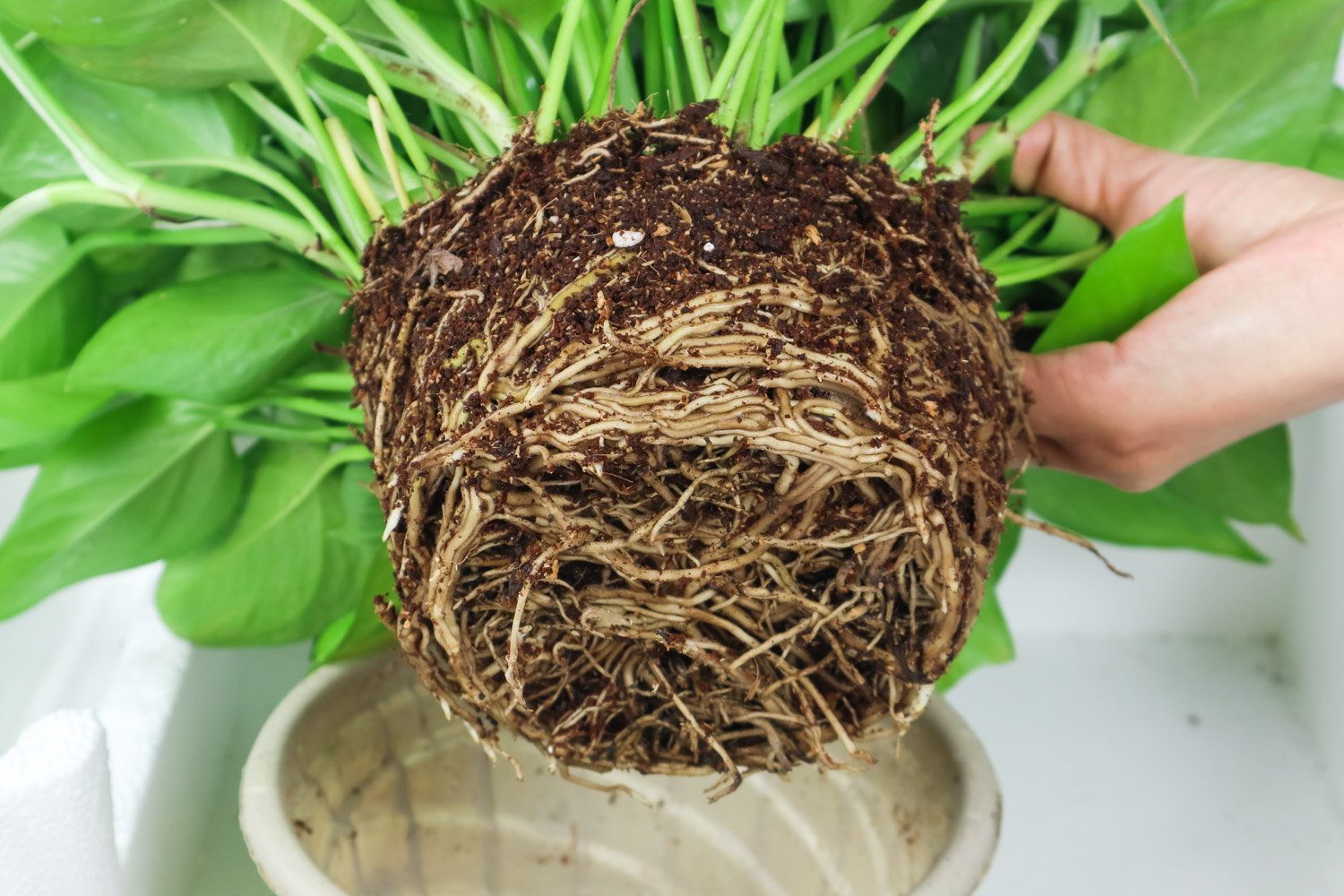
7. Chlorophytum
1. Chlorophytum cutting uses small plants growing on the stems. Therefore, if you want to cut Chlorophytum, you must first raise it into a small Chlorophytum. Huahua believes that everyone's level is OK
2. When the Chlorophytum grows a small Chlorophytum, don't rush to cut off the cuttings. First let it grow on the mother plant for a long time, and often spray water on it to promote growth. When you see that the root of Chlorophytum grows and takes root, it is not dead after cutting
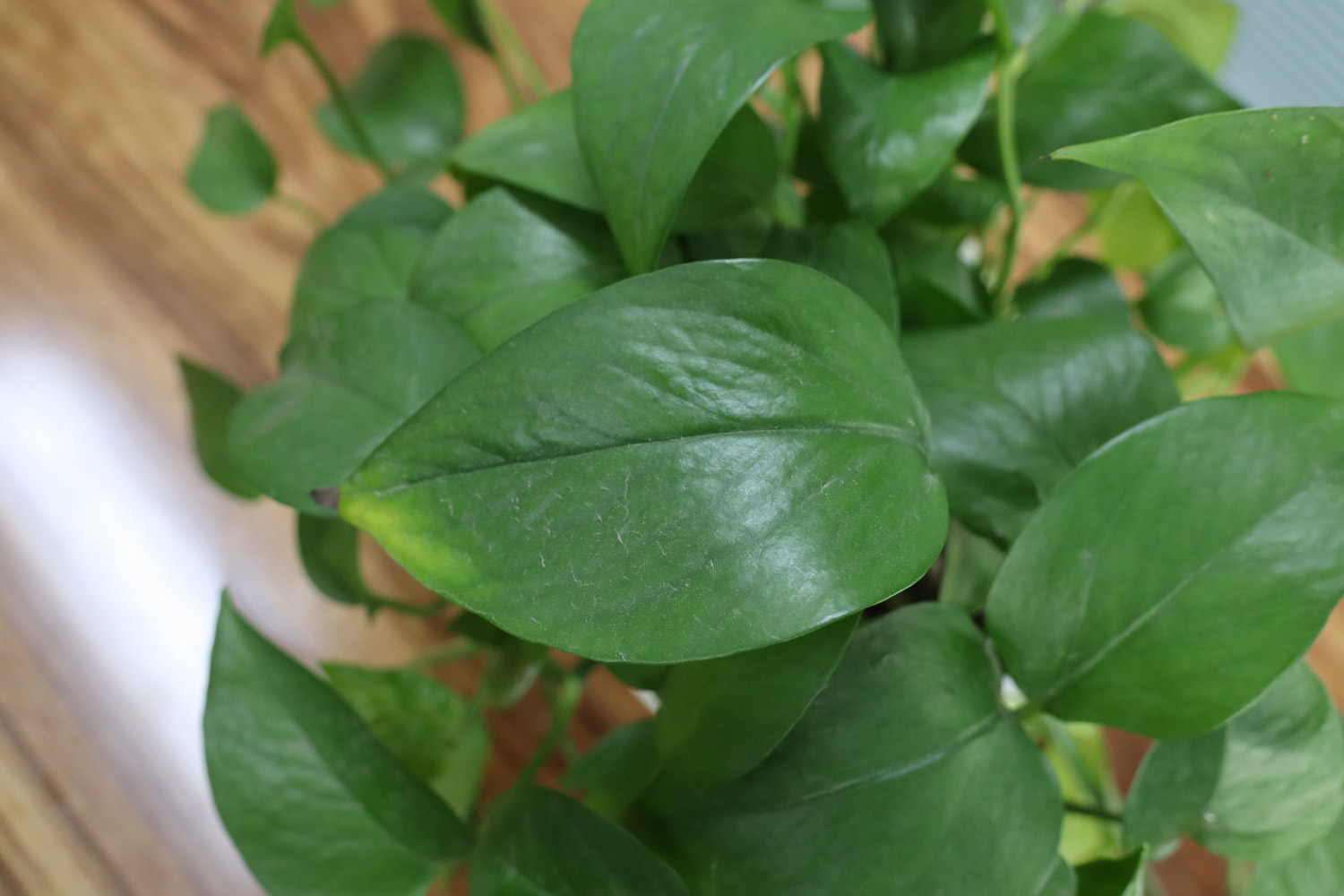
3. After cutting, of course, it should also be watered with water, not exposed to the sun, and protected by scattered light. When the Chlorophytum grows up, you can change its pots according to your own needs~
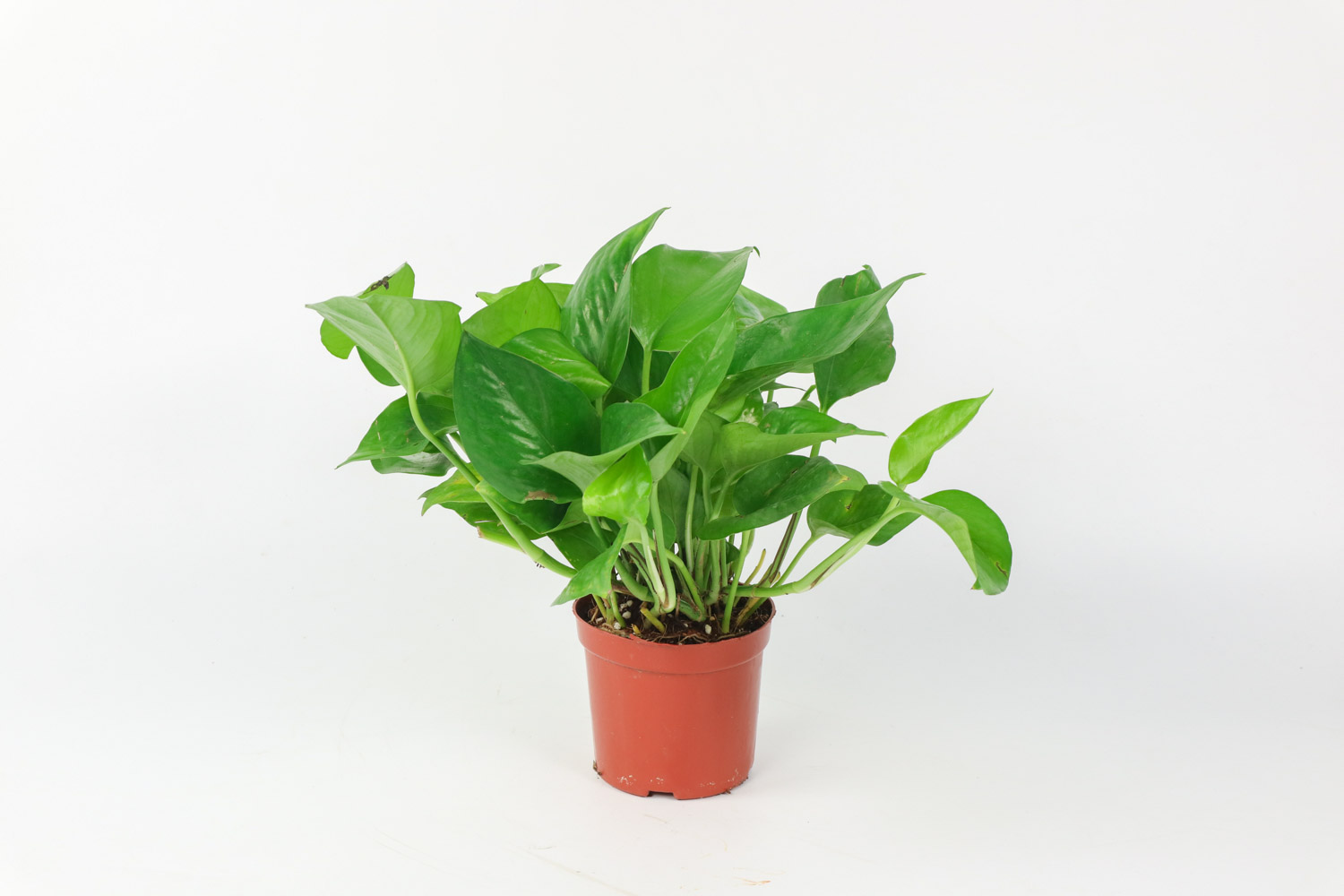
8. Hupilan
1. If the hupilan grows more luxuriant at home, you can also cut several branches for cutting
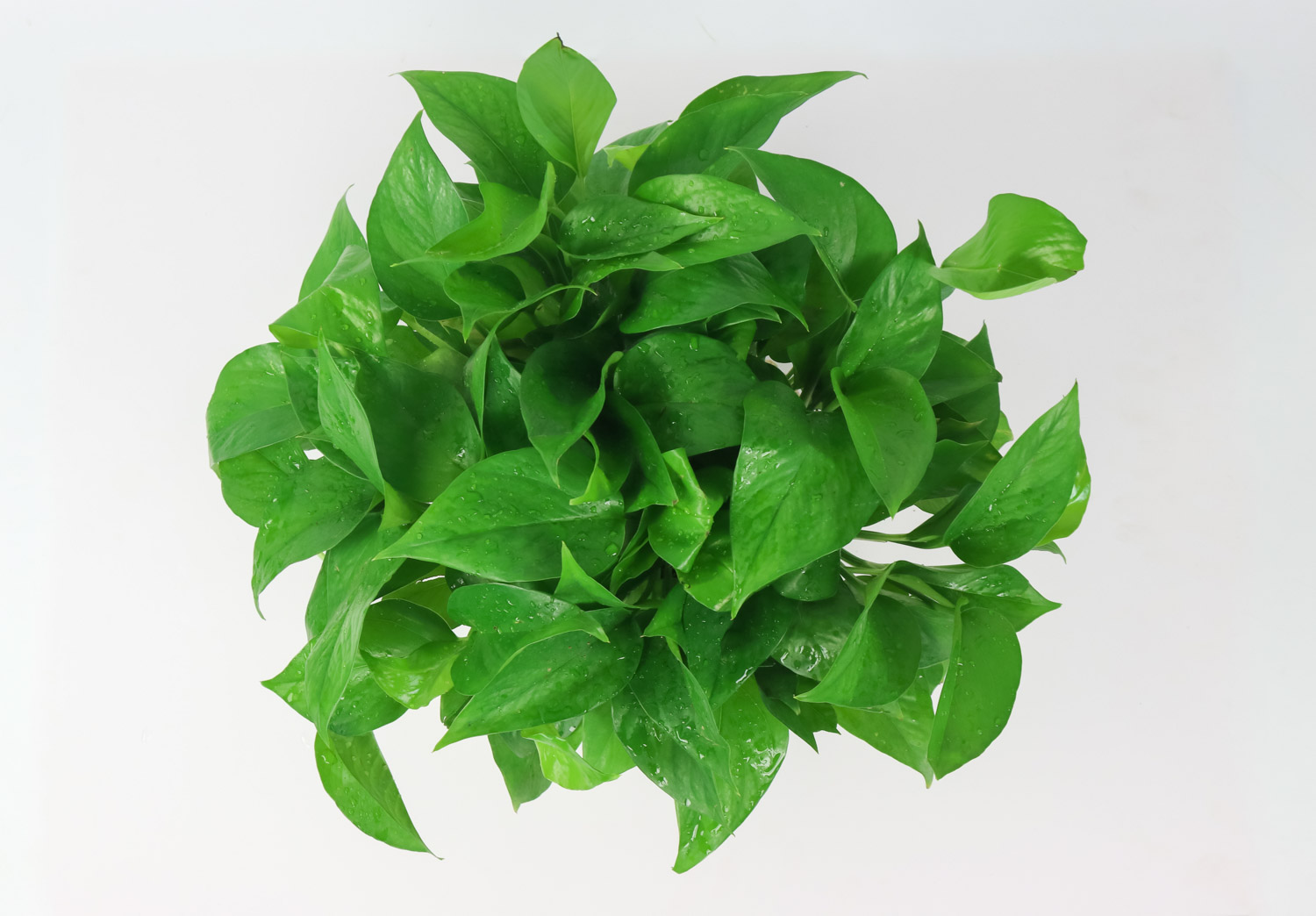
2. Cut off the tiger skin orchid and then divide it into sections with scissors. The length of each section is about 10cm. Put it in a cool place to dry the wound. Because the leaves of hupilan are relatively long, we must put them up and down after cutting, so as to avoid reverse cutting
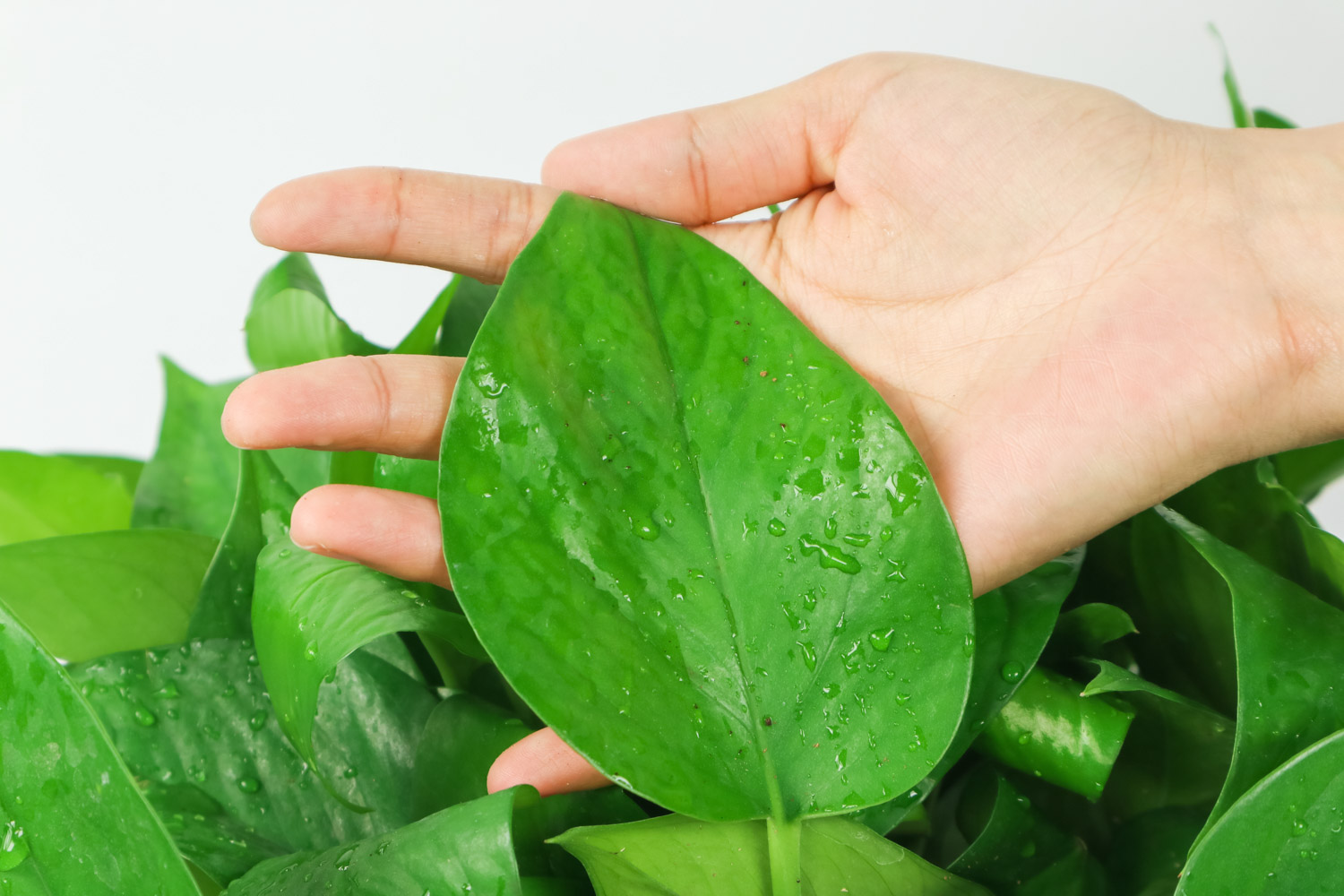
3. Hupilan doesn't like water, so the cutting matrix should also be particularly permeable. For example, cutting with river sand or perlite is the best. After cutting, you should also water less, and often spray some water
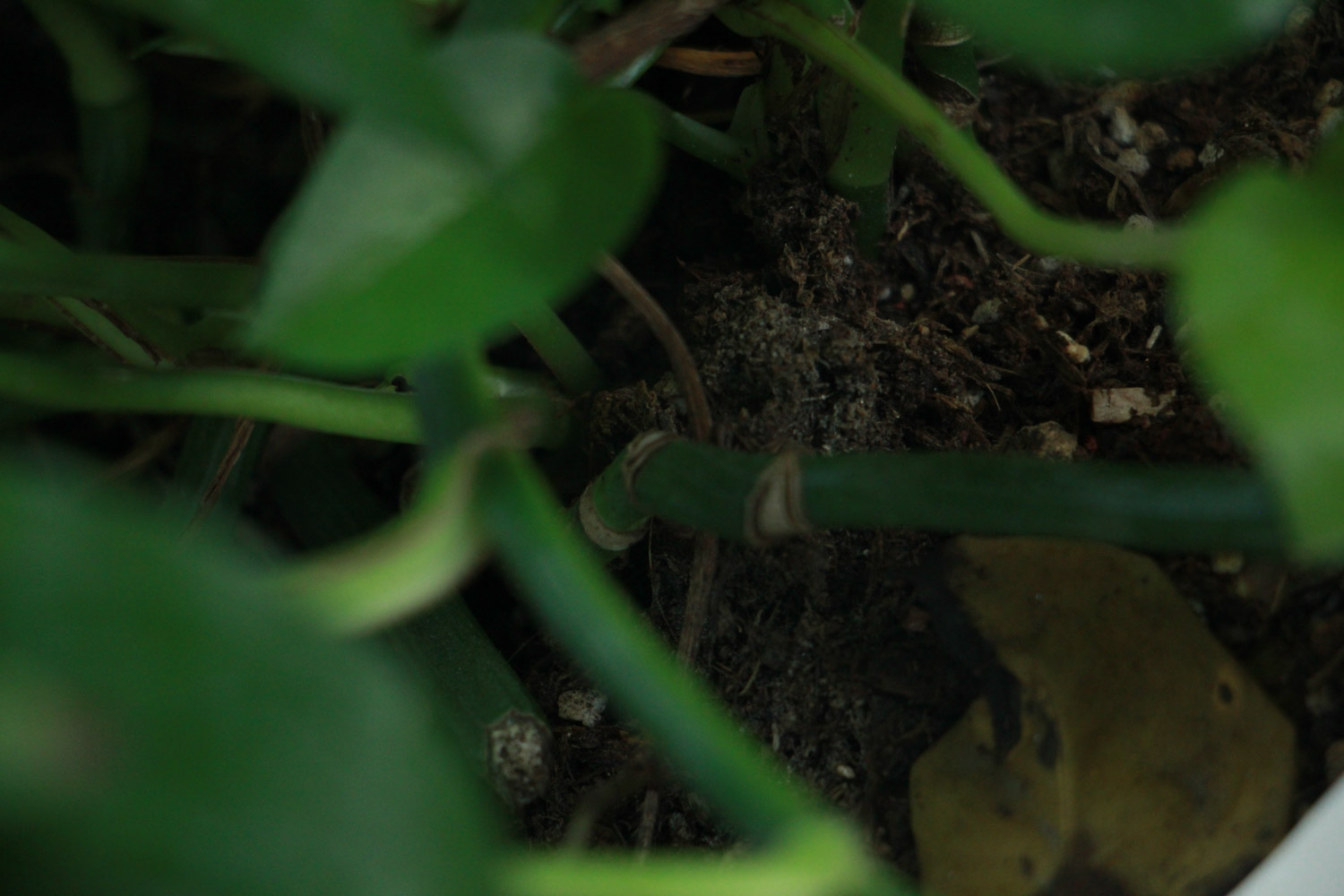
4. Hupilan sprouts slowly. We should be patient. I'll be really happy when I see little tiger Pilan
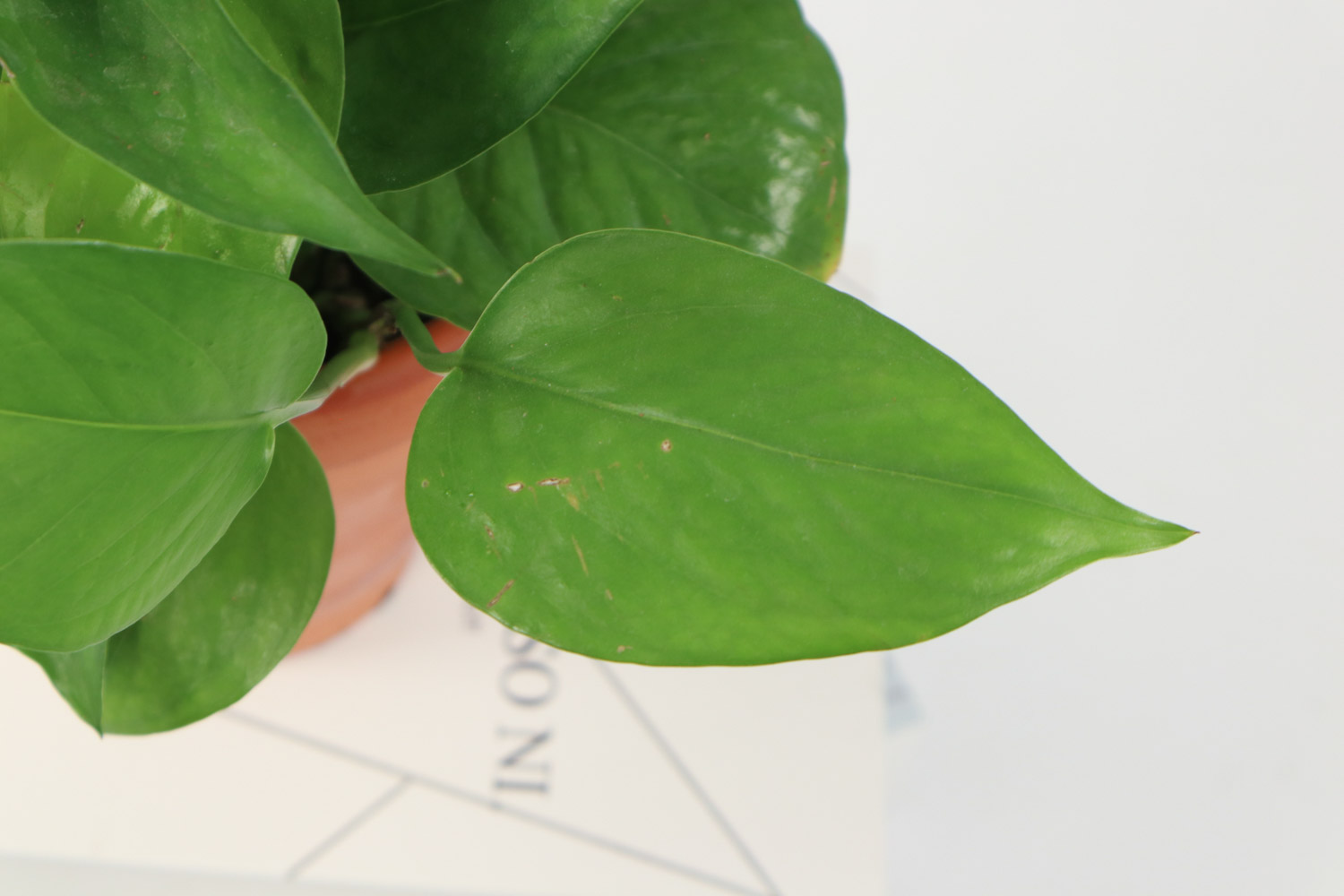
9. Hydrangea
1. Hydrangea can be cut with twigs at the top of the branches. First, use scissors to cut about 20cm twigs
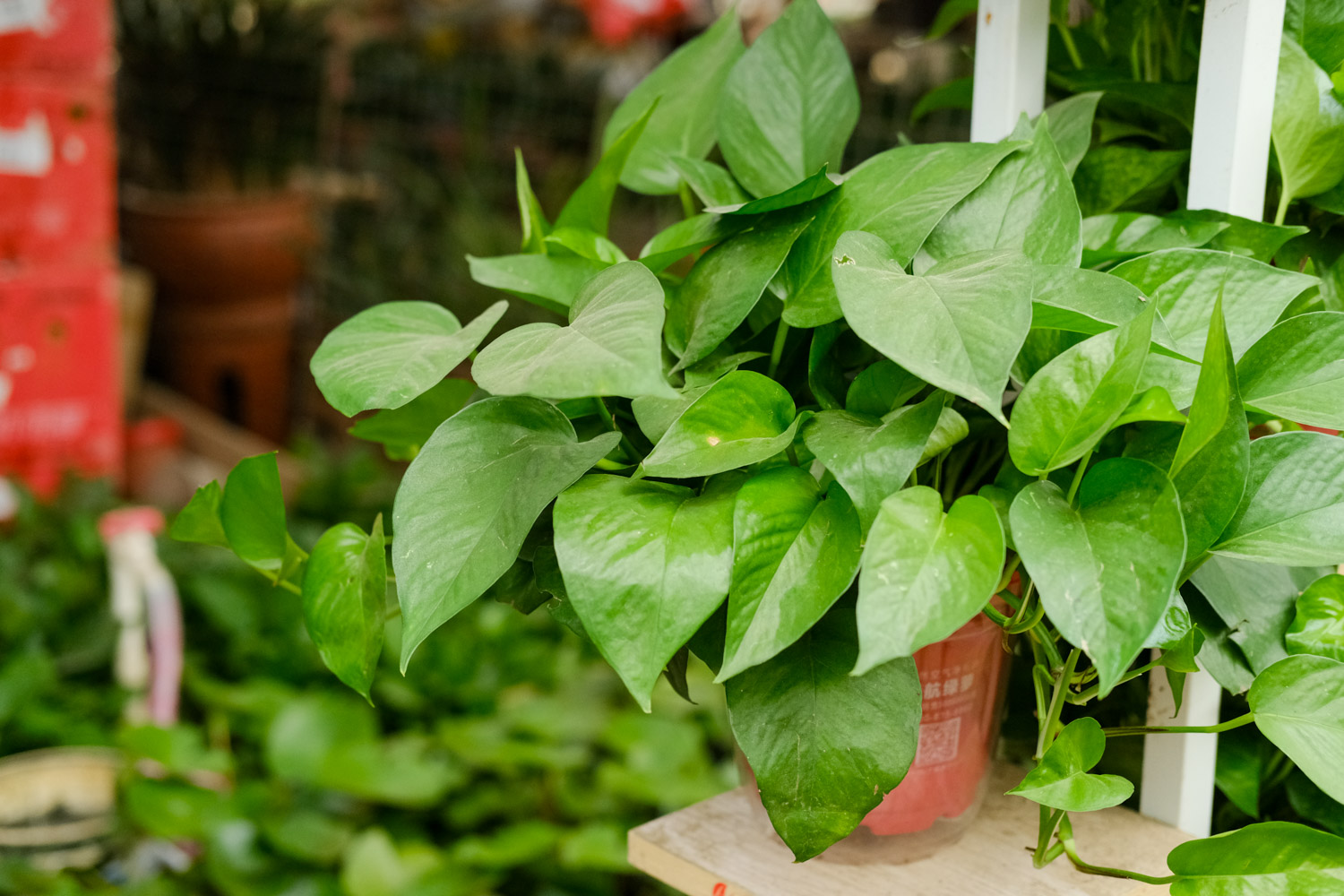
2. Then simply repair the branches, remove all the lower leaves, and only keep the upper two leaves. When the leaves are too large, it will increase the loss of water, so the two leaves at the top can be cut in half, as shown in the figure
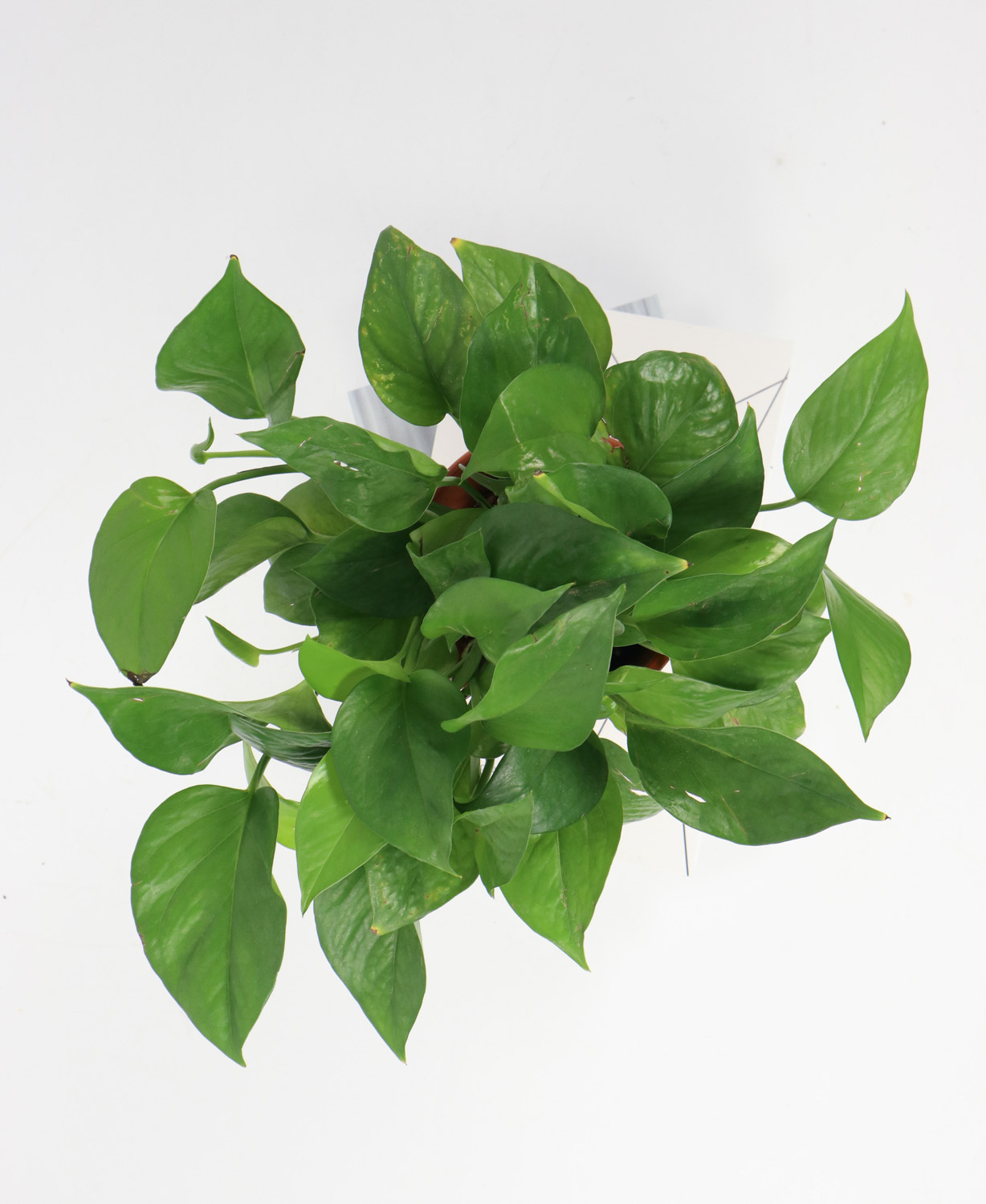
3. The matrix of cutting Hydrangea can be mixed with rotten leaf soil or peat soil and perlite. After cutting, it should be kept wet and take root in about two weeks
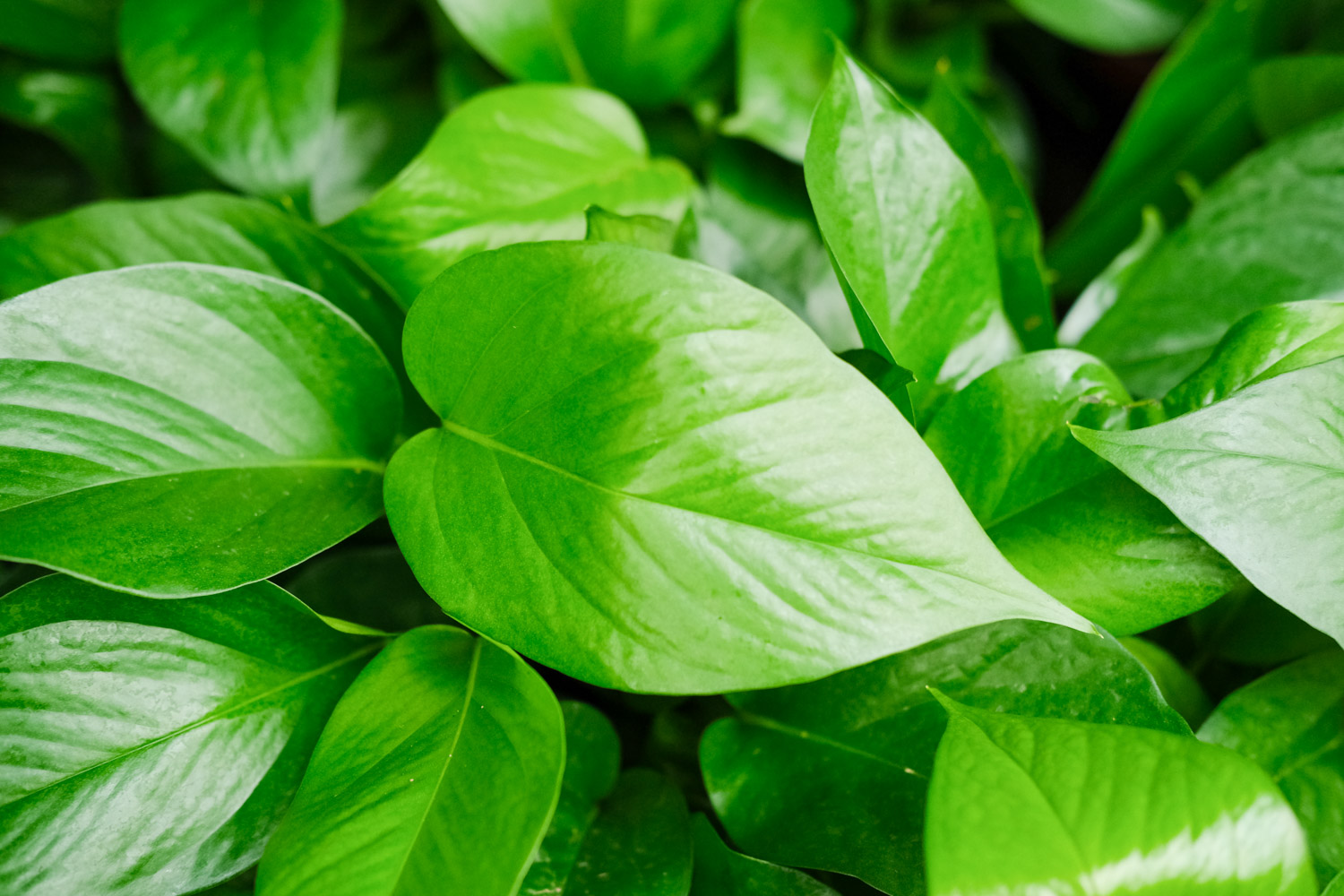
10. Mint
1. Mint can also be cut in the terminal bud. The stronger it grows, the better. It can be 10 to 15 cm long
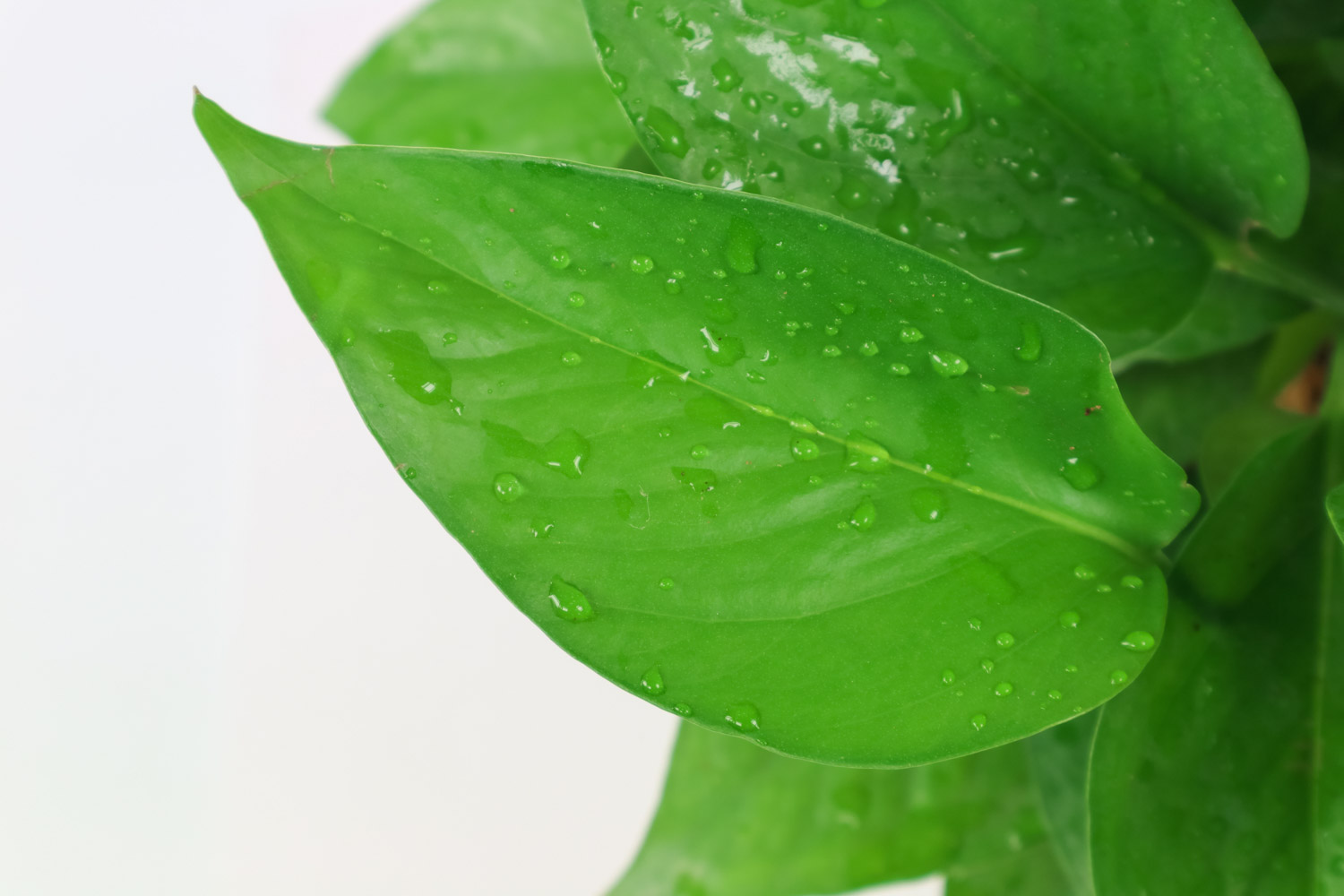
2. After cutting, remove the lowest leaves. If you directly insert the leaves into the soil, the roots will rot before they grow
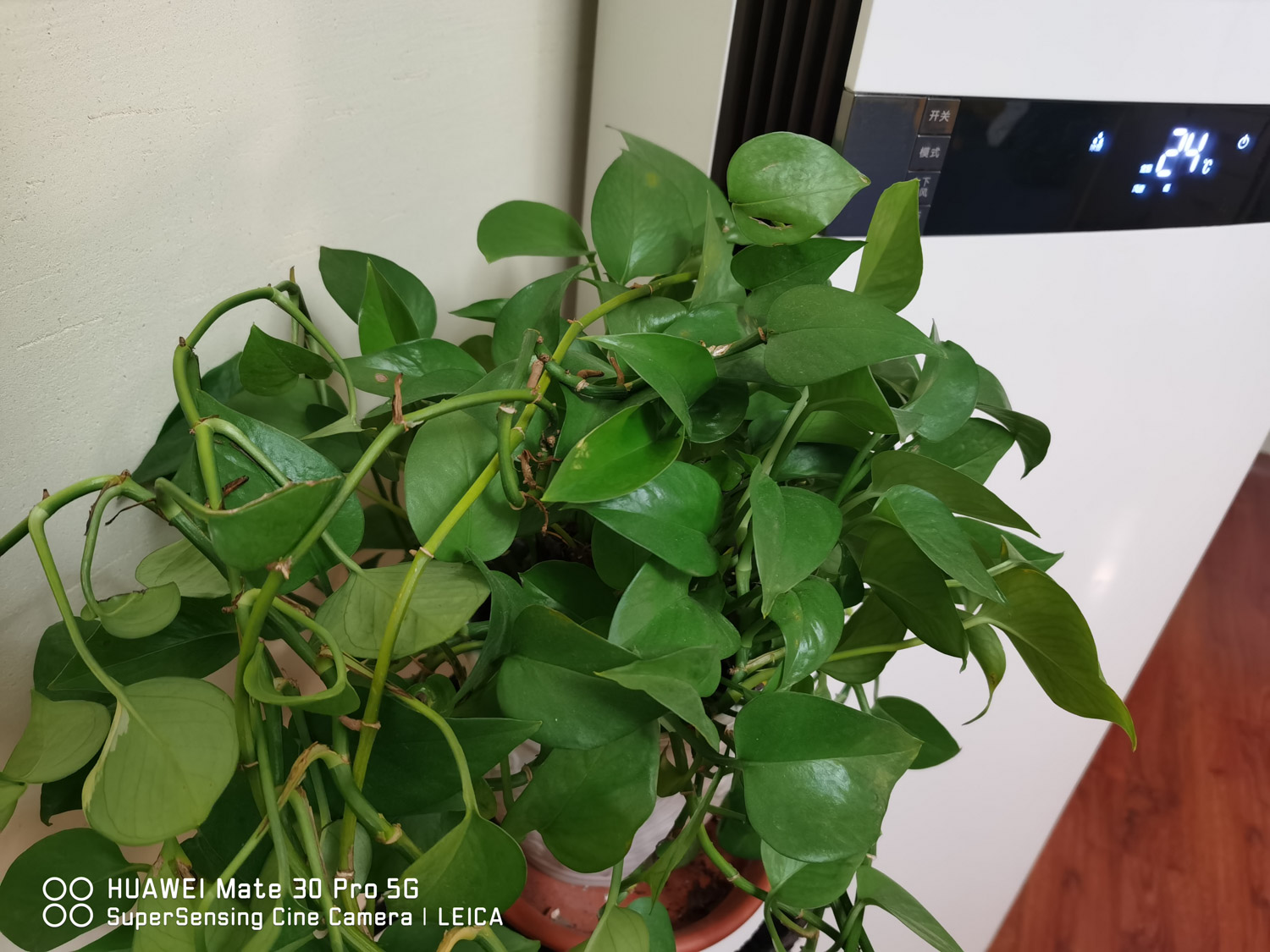
3. After the leaves are trimmed, you can insert the mint into the soil. The matrix can be compared with ordinary nutrient soil. Don't forget to water it. Huahua cut several trees some time ago, and now a large basin has grown
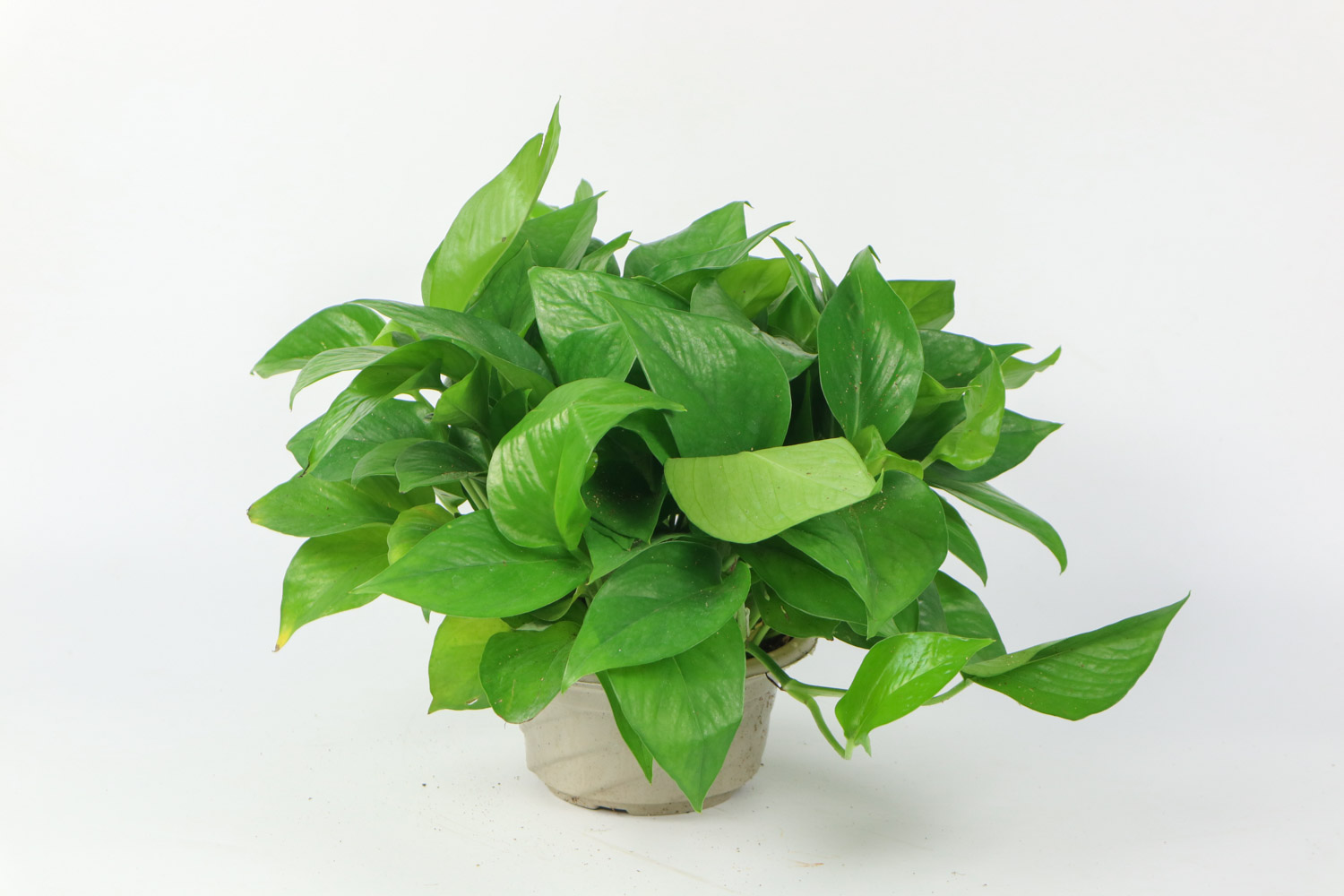
11. Chrysanthemum
1. Cut the robust chrysanthemum branches, with a length of about 20 cm
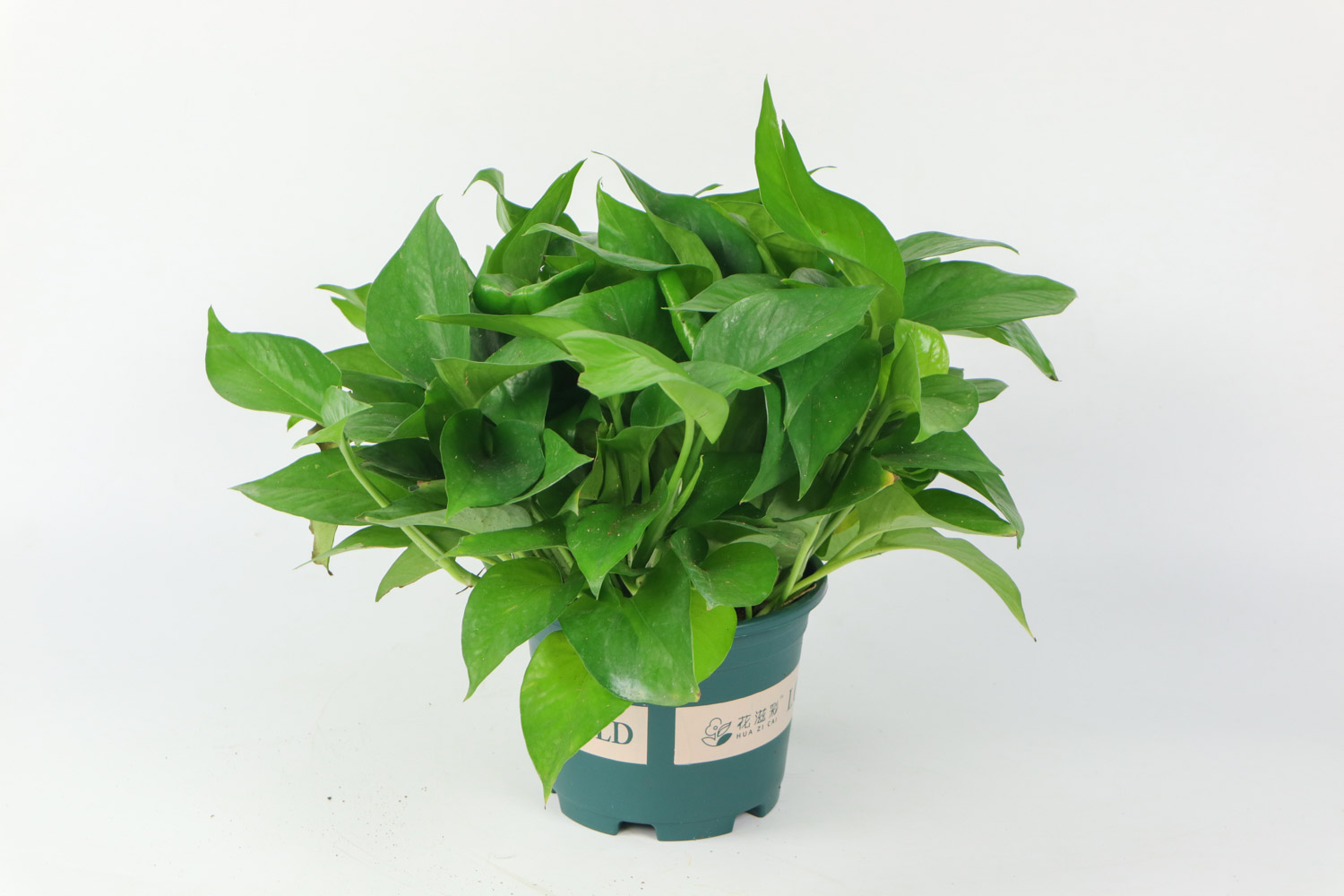
2. Cut off the excess leaves on the cuttings, leave only one or two leaves, and then soak them in the rooting powder for two hours
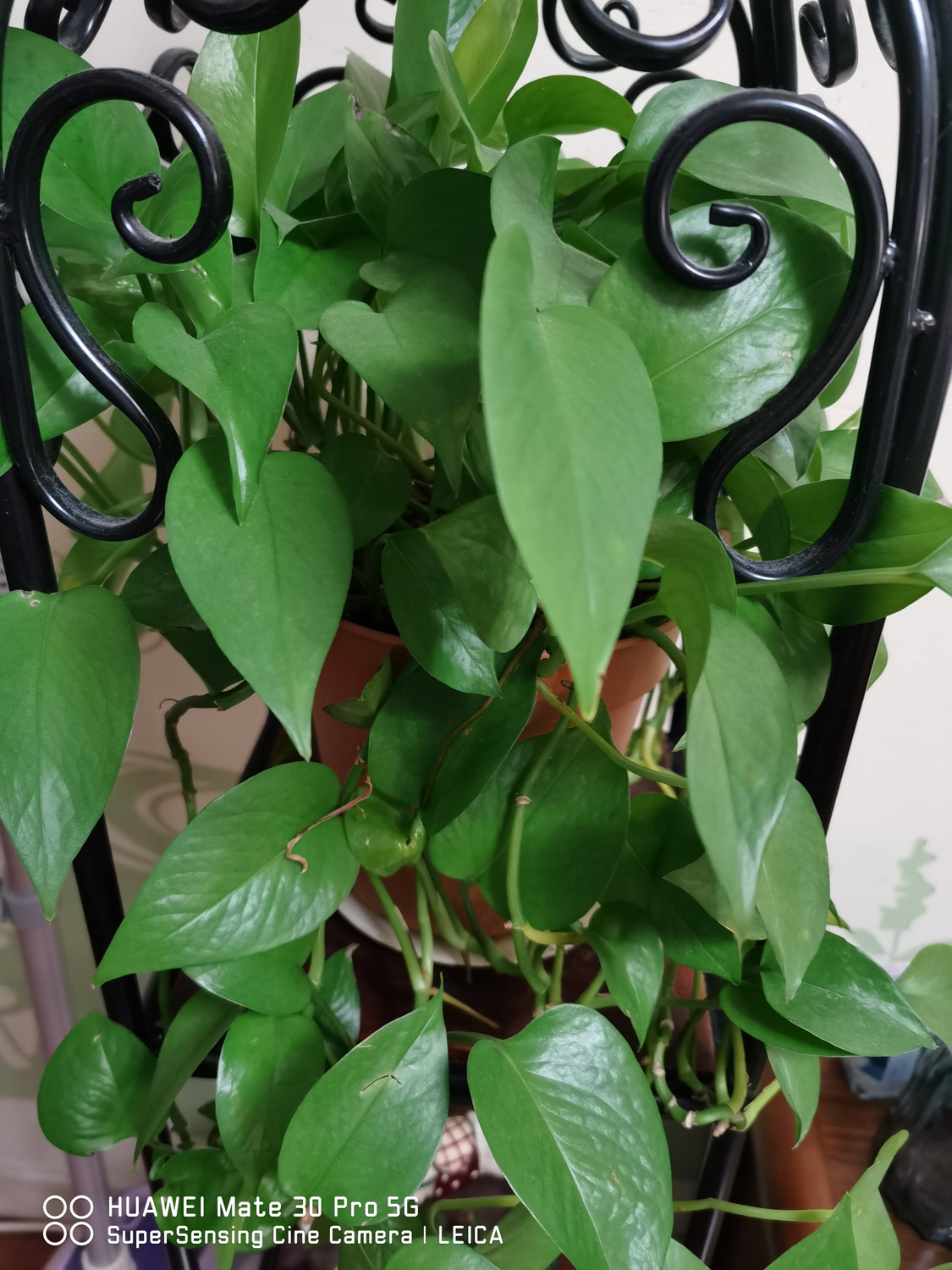
3. Choose loose and breathable nutrient soil, pour it into water, then insert a hole with a wooden stick, with a depth of 67 cm, and then insert the chrysanthemum branches into the hole and press them tightly. Do not use branches to directly insert the soil, which is easy to damage the branches
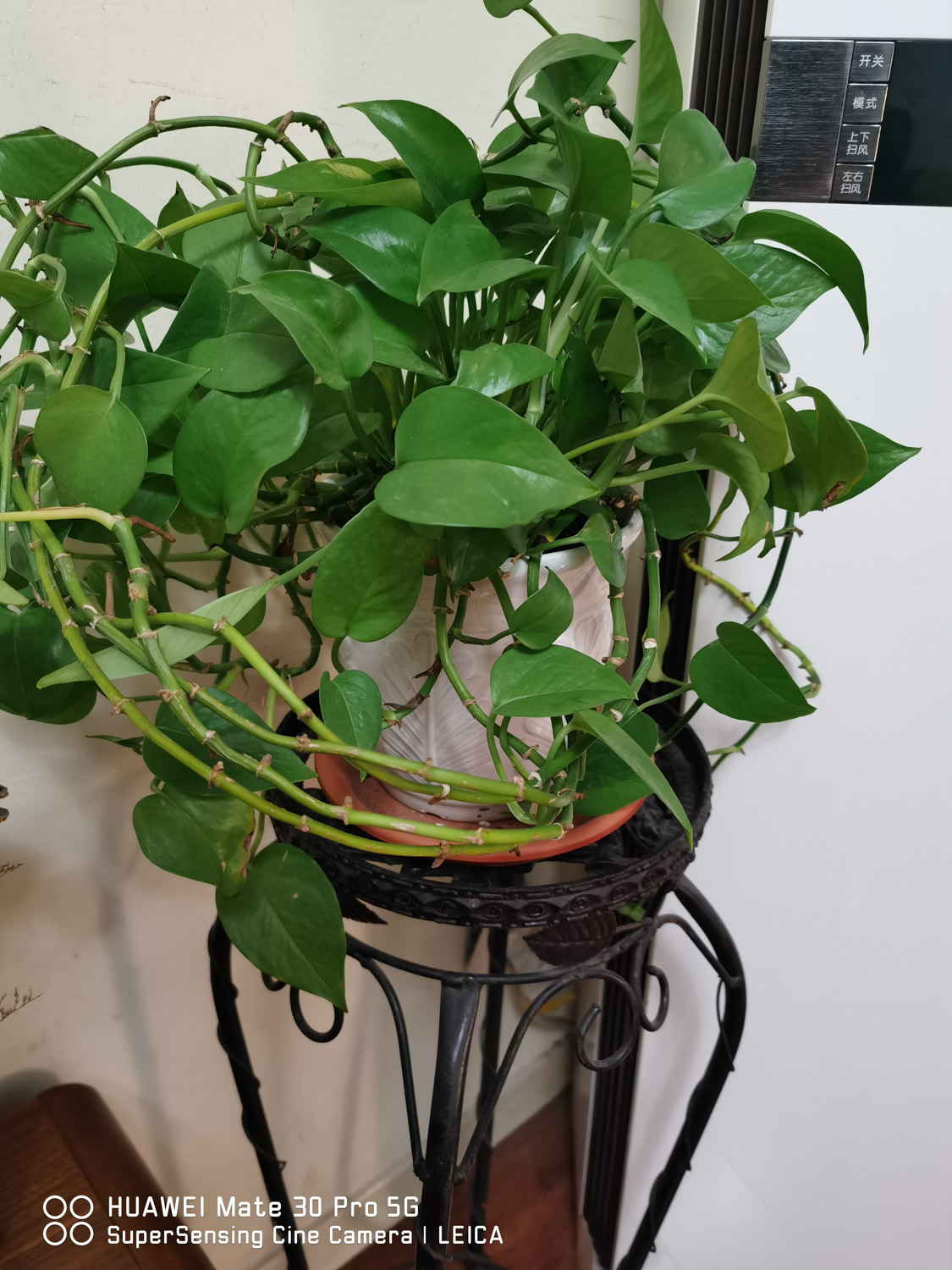
3. After that, pour water and cover the branches with plastic bags to increase the air humidity. Cover it during the day and open it at night to breathe, keep the soil moist all the time, and the cuttings will soon survive
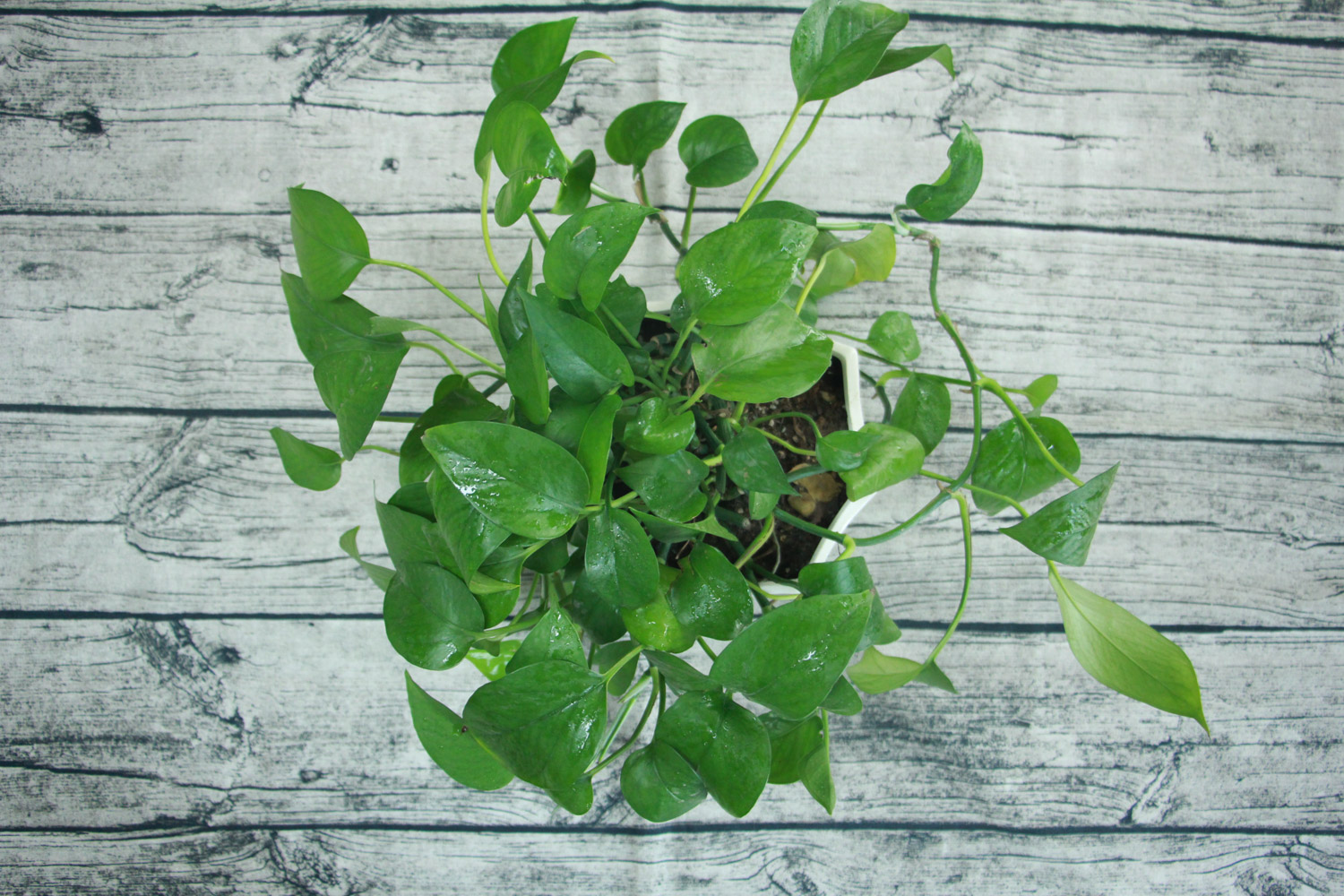
12. Sunflower
1. Sun cutting is very simple. It can be cut alive with flowering branches or non flowering branches
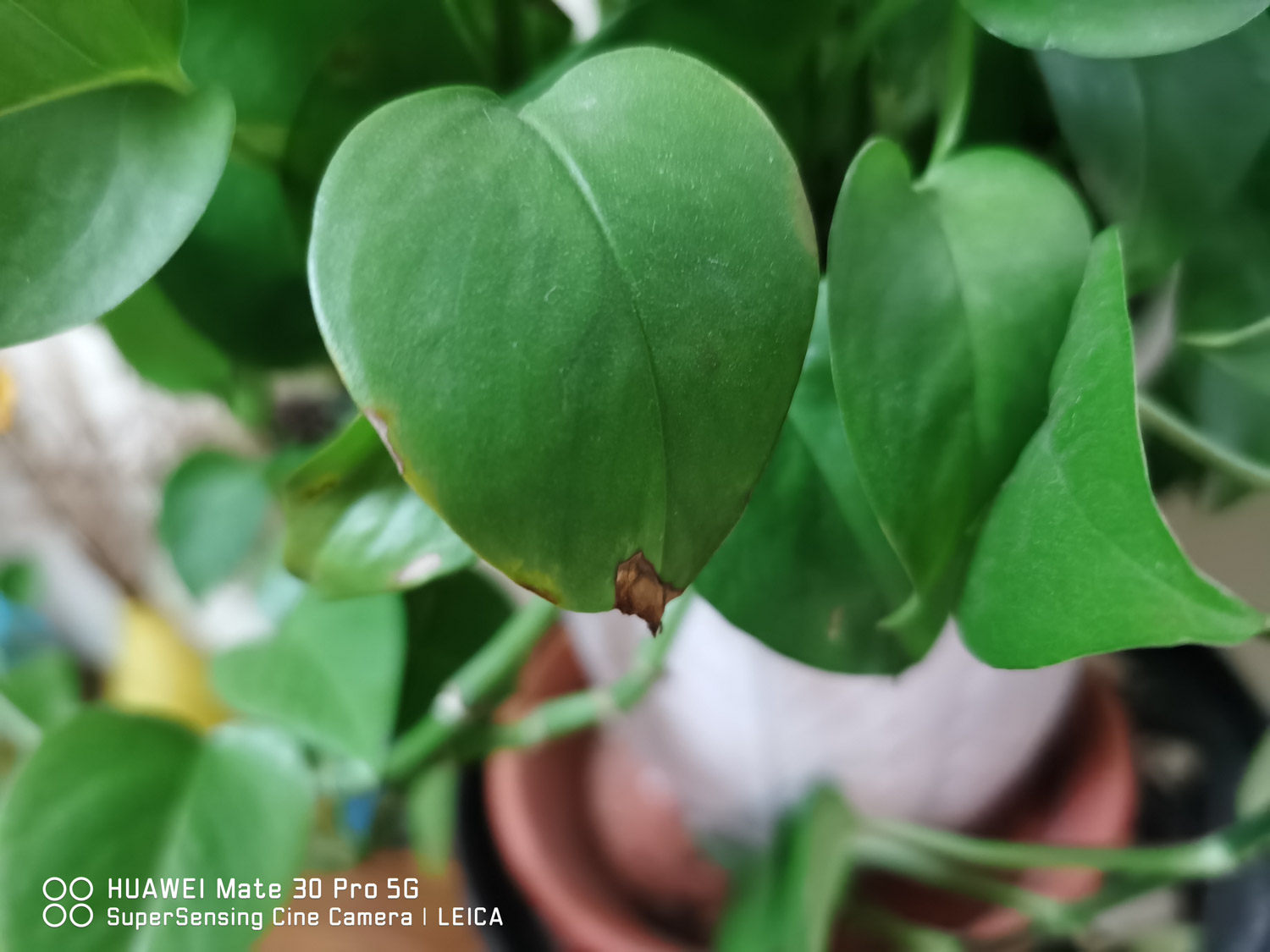
2. The demand for soil for cuttings is not much. Any soil is OK. After cuttings, water them and put them in a bright place. They can take root in a few days. Sunflower grows very fast. It won't take long to blossom after cutting
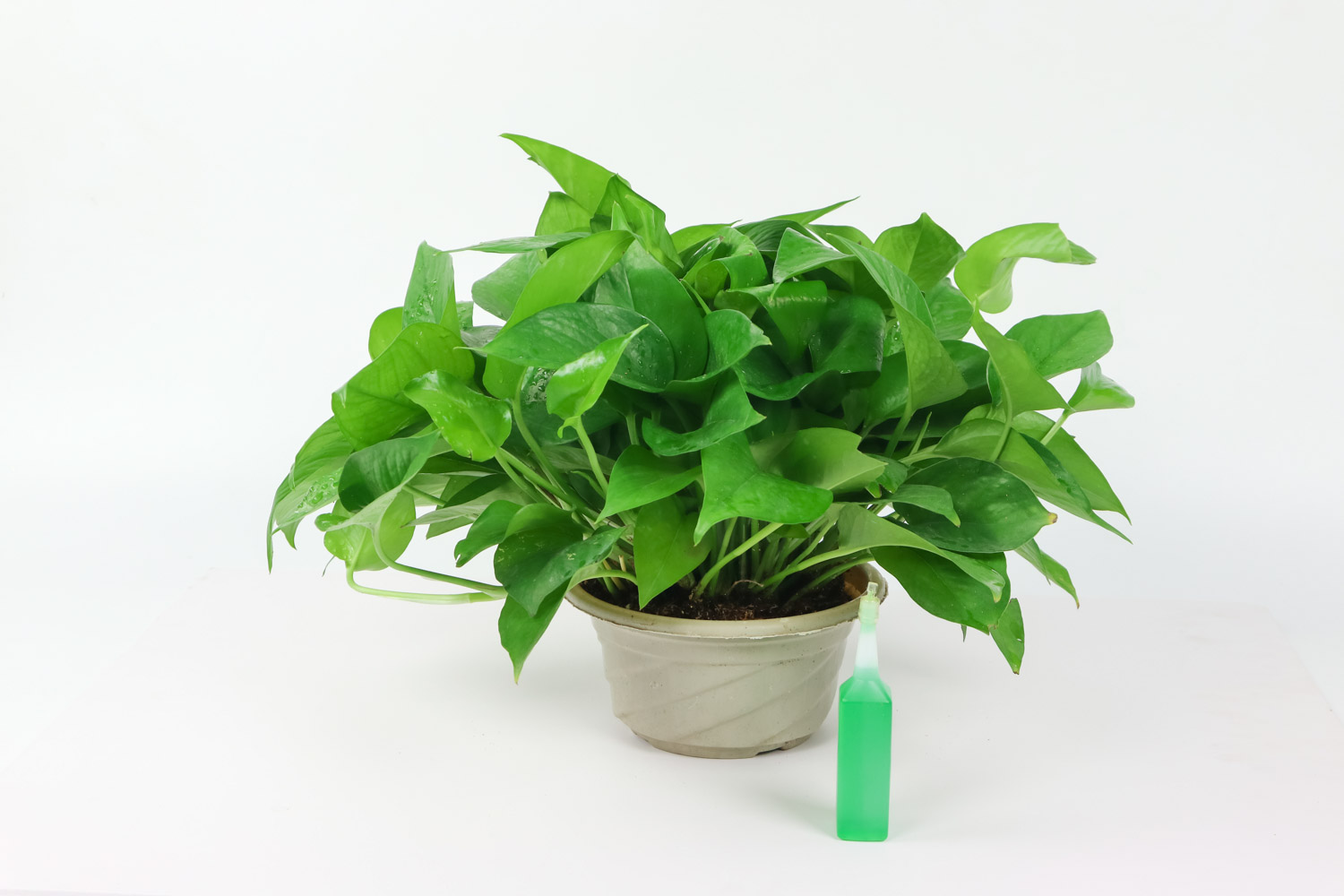
13. Blue snow
1. Summer is the flowering season of blue snow. The flowering branches of blue snow can be directly used for cutting, and the survival rate is very high
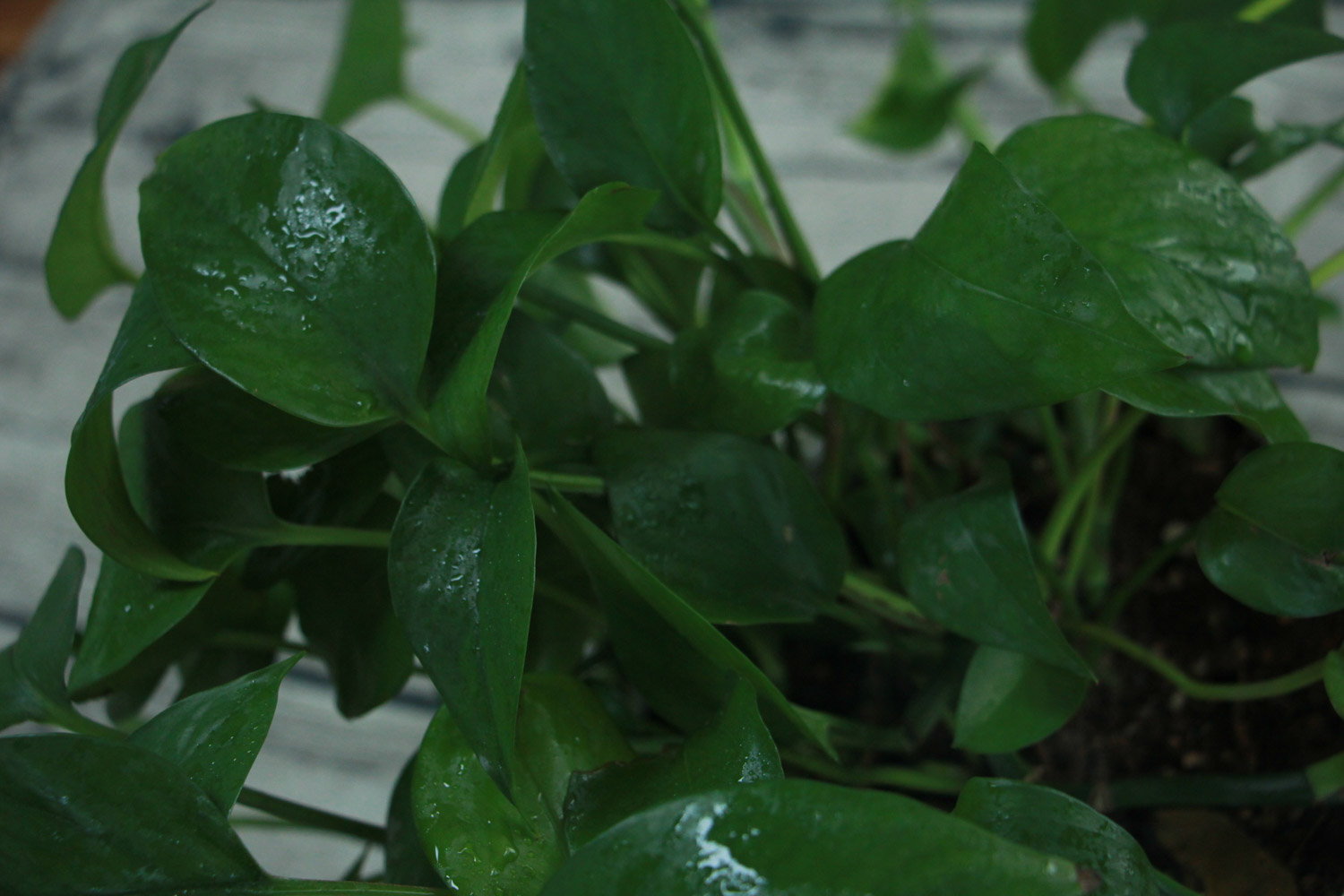
2. Cut the flowering blue snow branches into a length of 10 ~ 15 cm, try to keep three nodes on each cuttings, and remove the lowest leaves< span>
3. Then cut the branches into perlite or vermiculite and take root in about ten days. When the branches grow new tender leaves, they can be transplanted
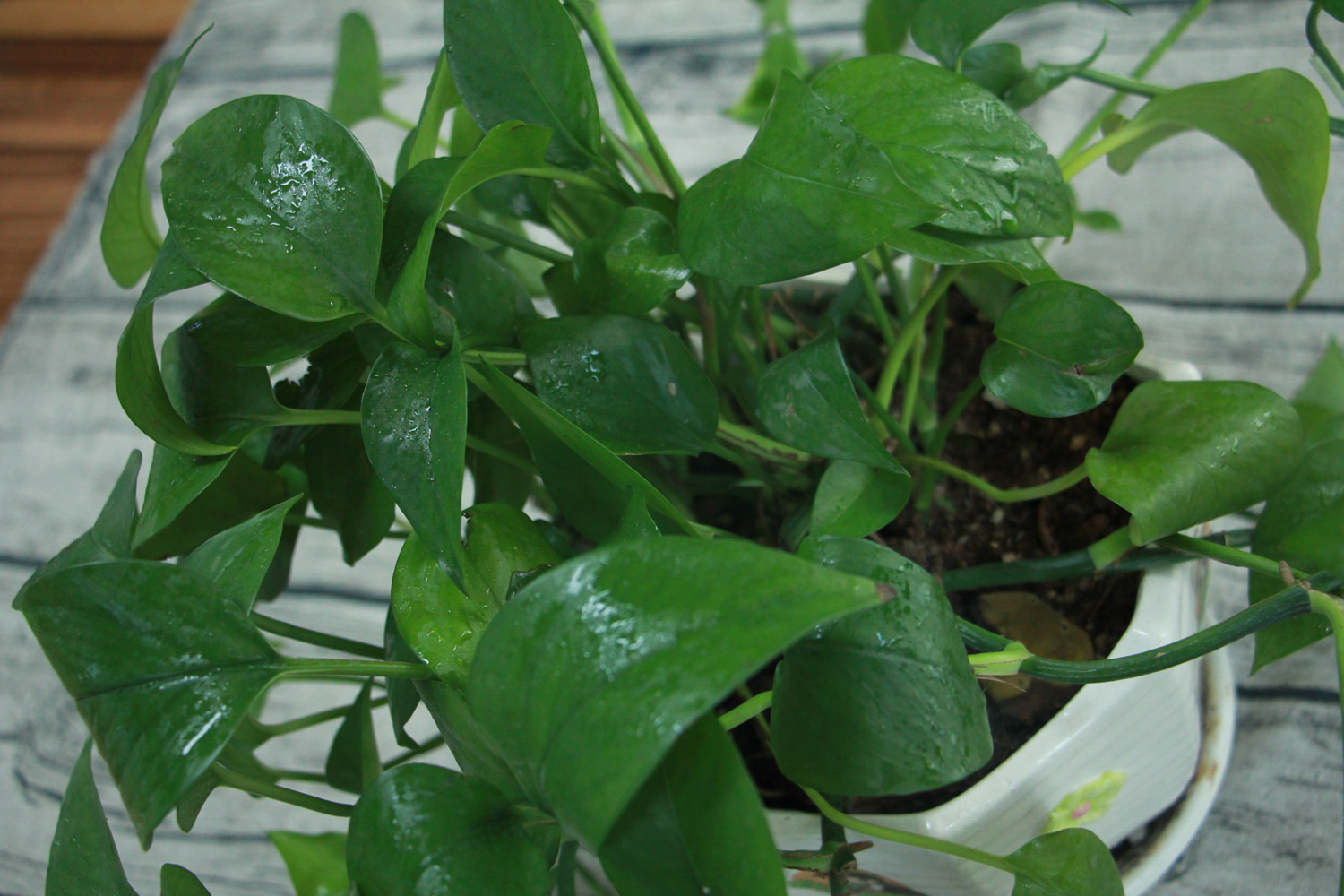
14. Fortune tree
1. Cut this year's semi lignified branches with scissors, with a length of about 15 cm, and remove the excess leaves
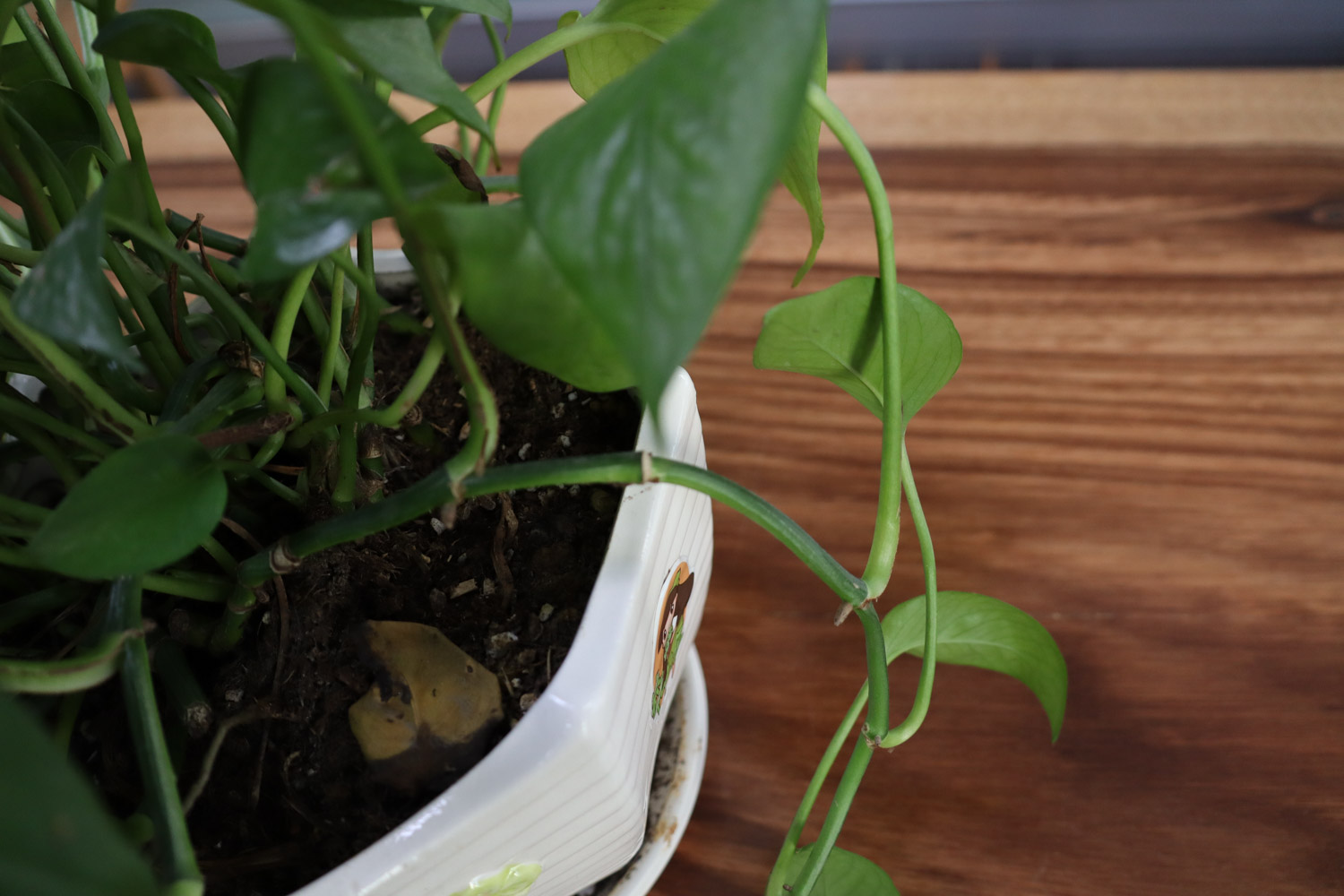
2. Soak the river sand in carbendazim solution for one hour and disinfect it
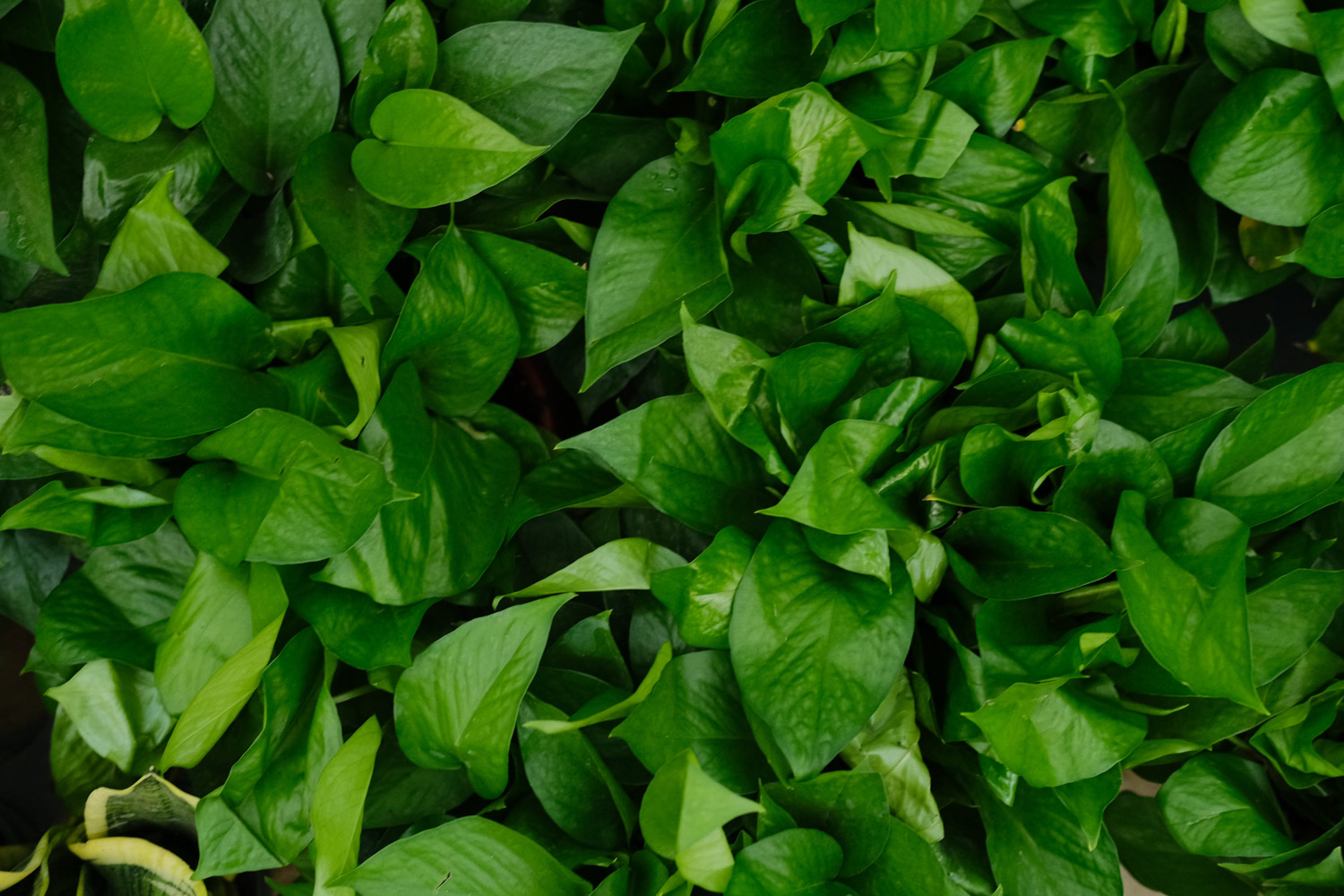
3. After that, you can apply some rooting agent at the end of the branches of the fortune tree, then cuttage into the river sand and spray water to moisturize every day
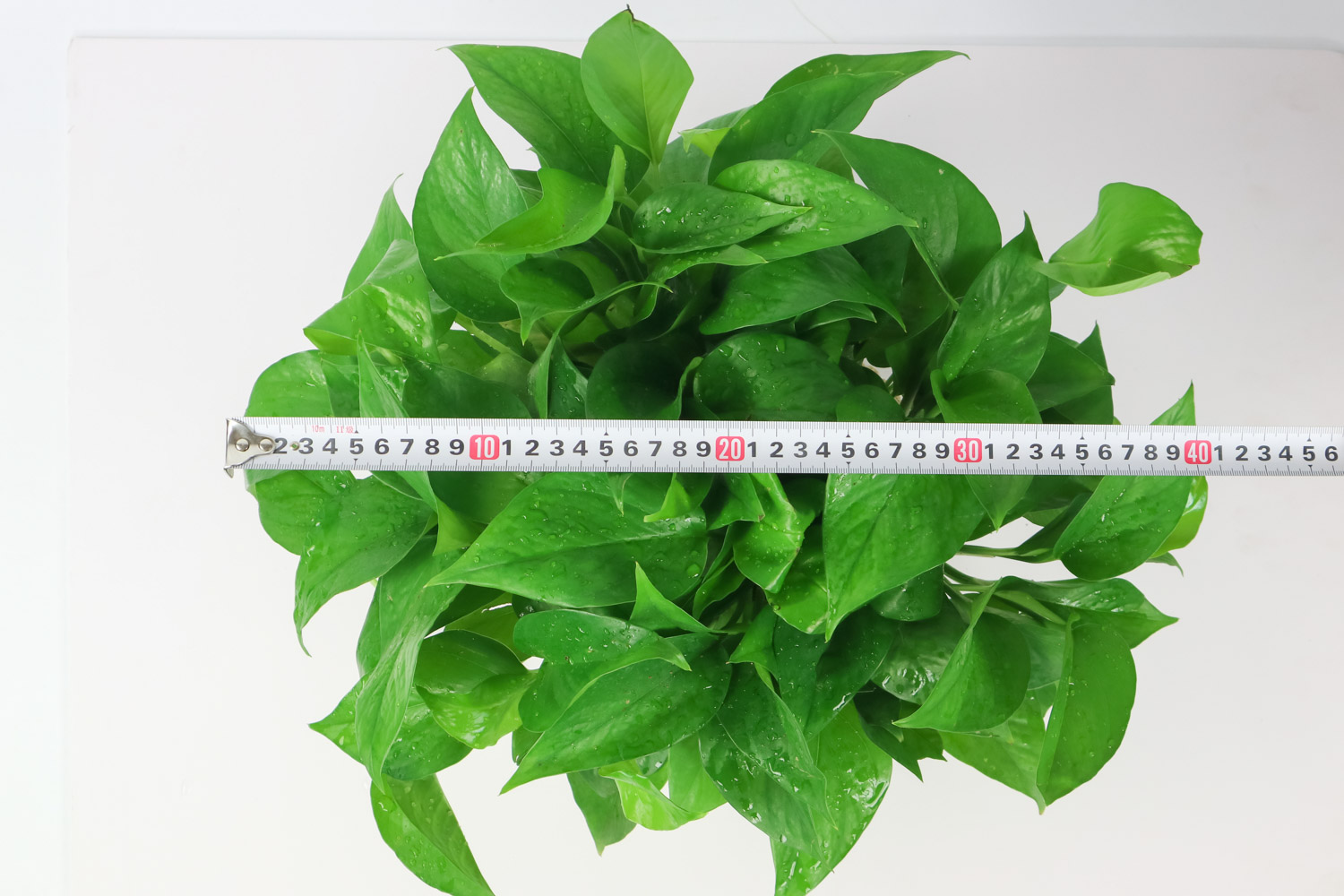
4. If the temperature and humidity are high, lush roots can grow in a month, and then we can transplant according to the situation
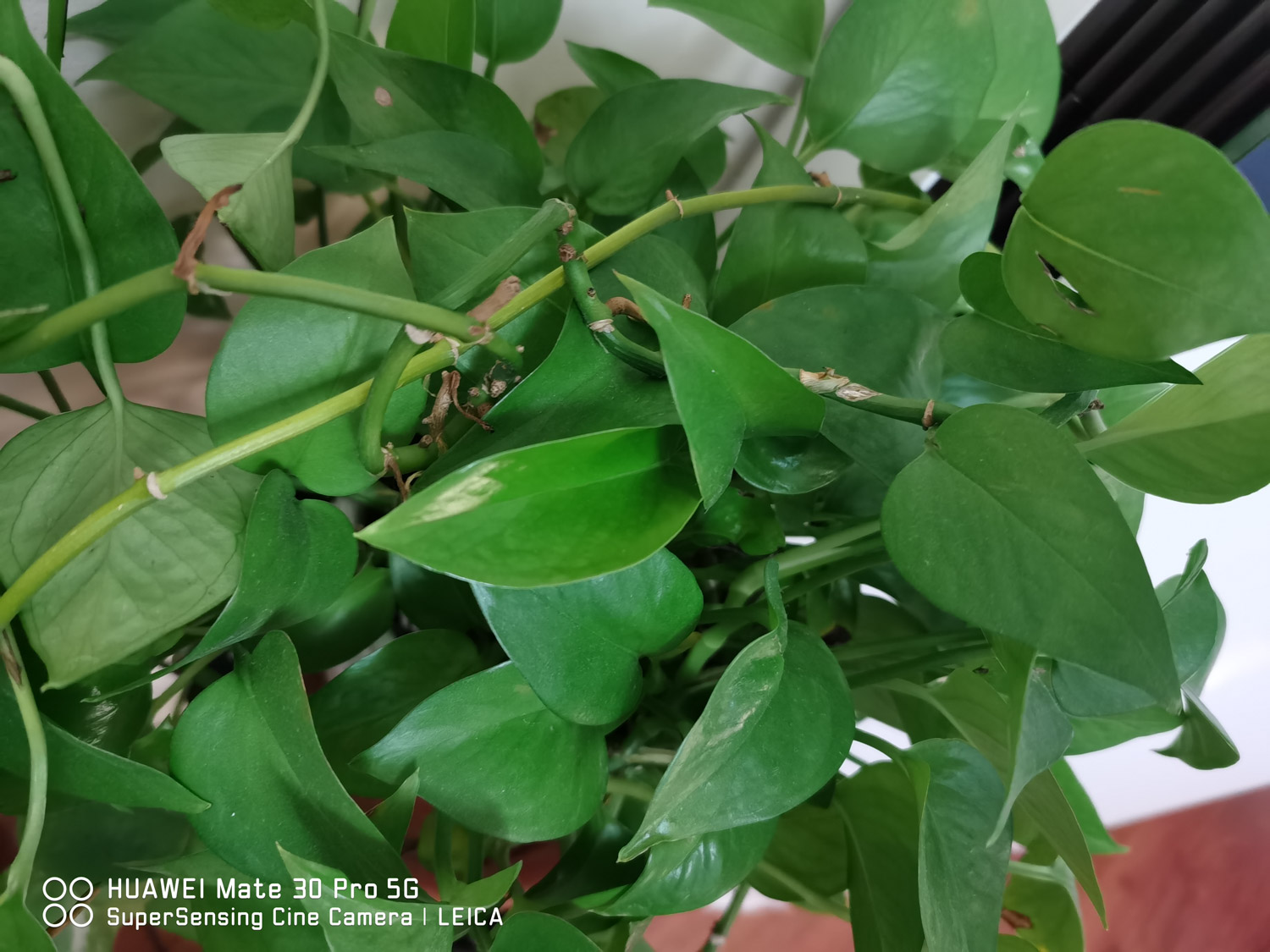
15. Milan
1. Use scissors to cut the tender branches born this year. They are strong and free of diseases and pests. The length is about 10cm
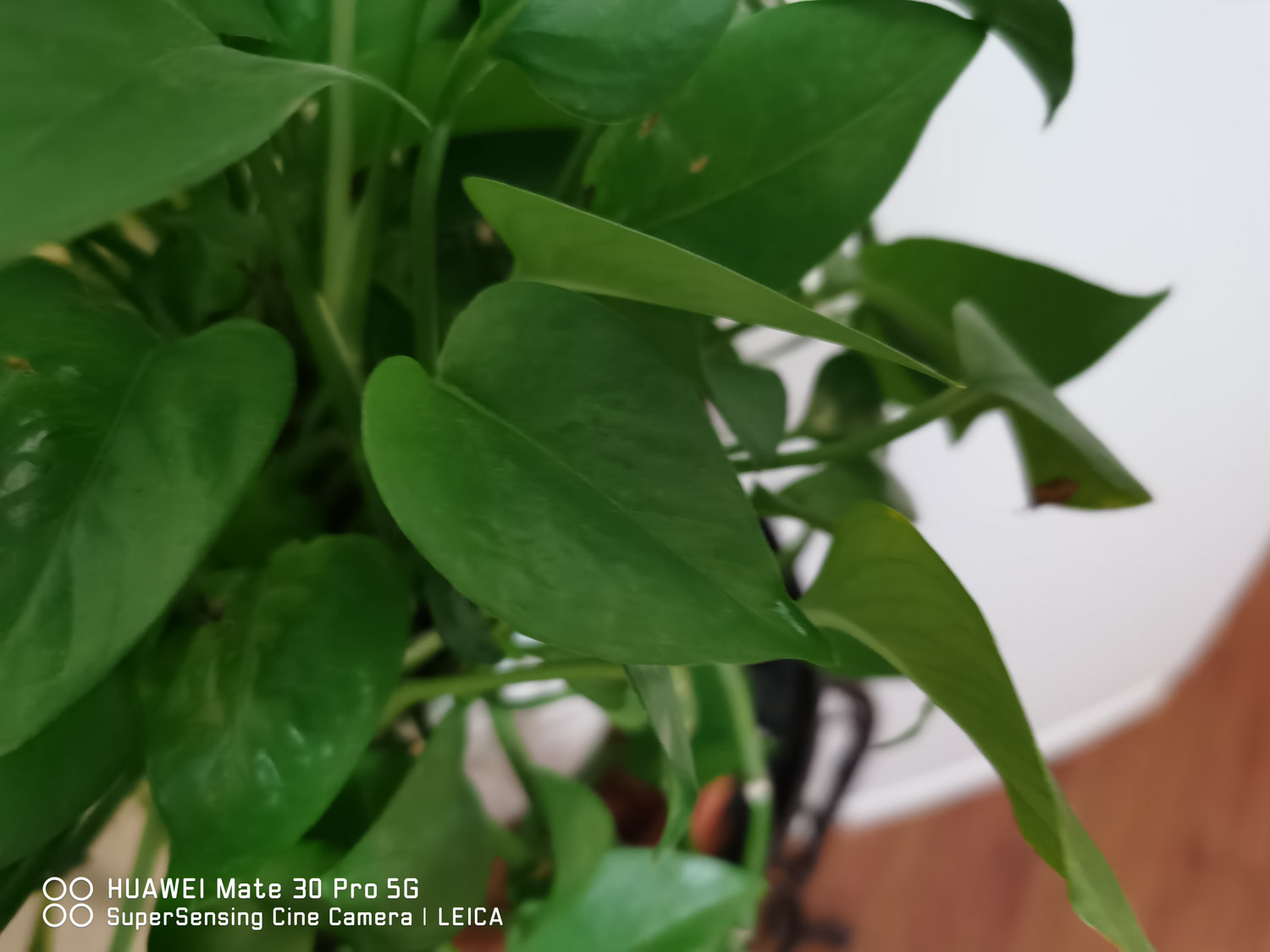
2. Select a loose and breathable cutting matrix, such as vermiculite, perlite, rotten leaf soil, etc., and use it after mixing. Cut Milan branches into the flowerpot, pour water through it, and then put a plastic bag above the flowerpot to moisturize
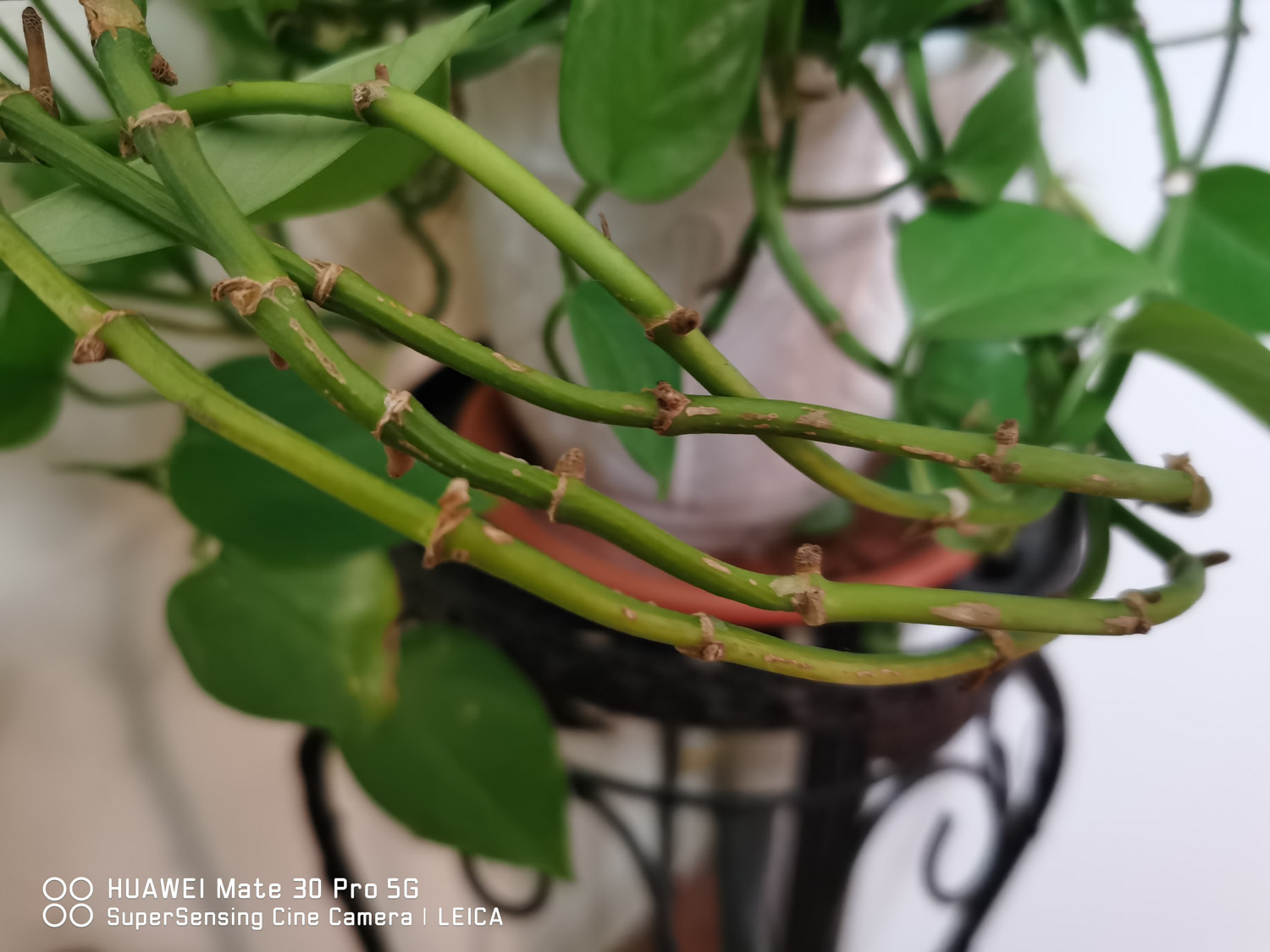
3. Water every day to ensure that the substrate is wet, and it can take root in a month and a half
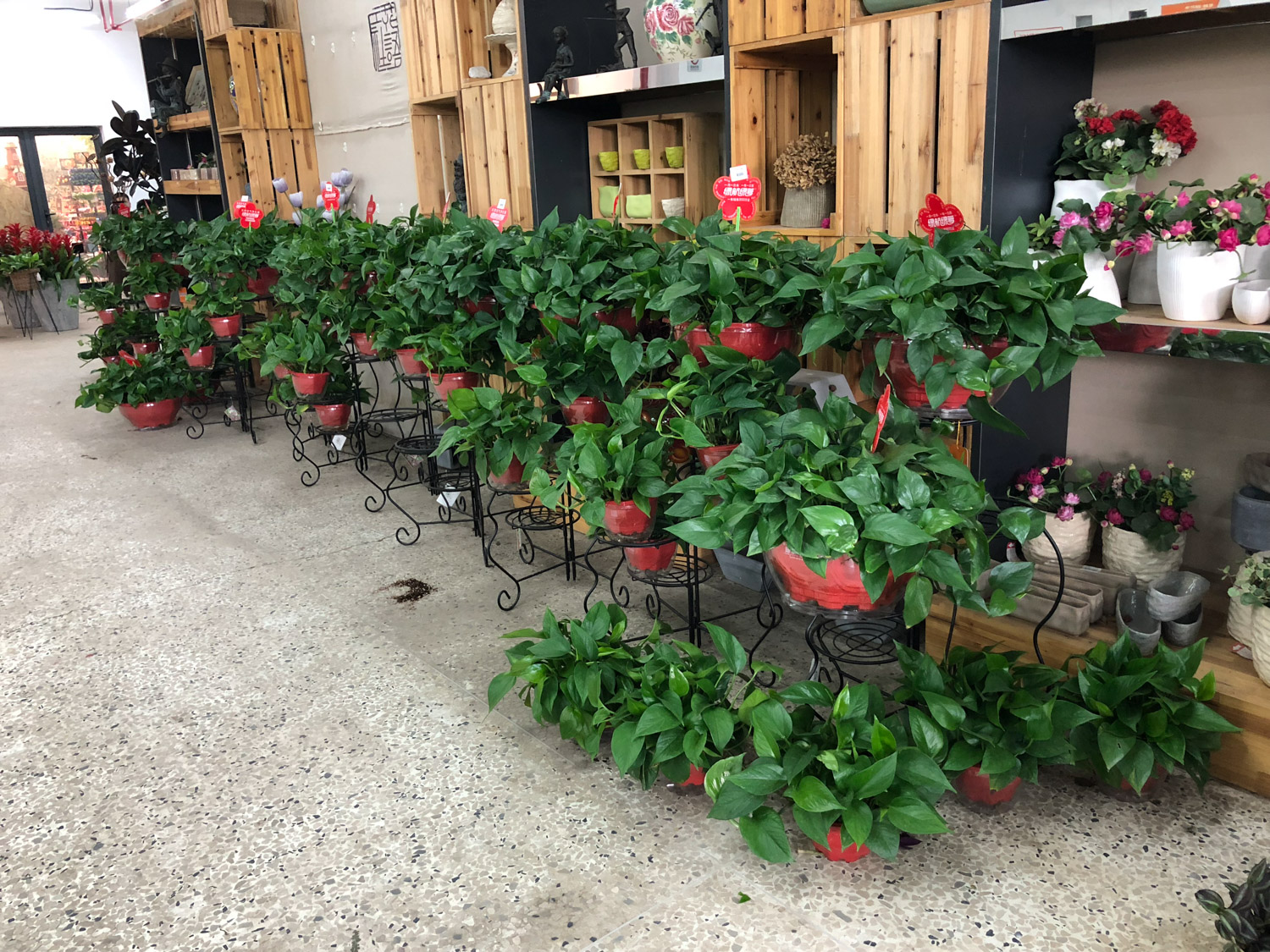
16. Osmanthus fragrans
1. The survival rate of semi lignified branches of Osmanthus fragrans is the highest. If it is completely lignified, the growth of branches is not active, and the survival rate will be reduced
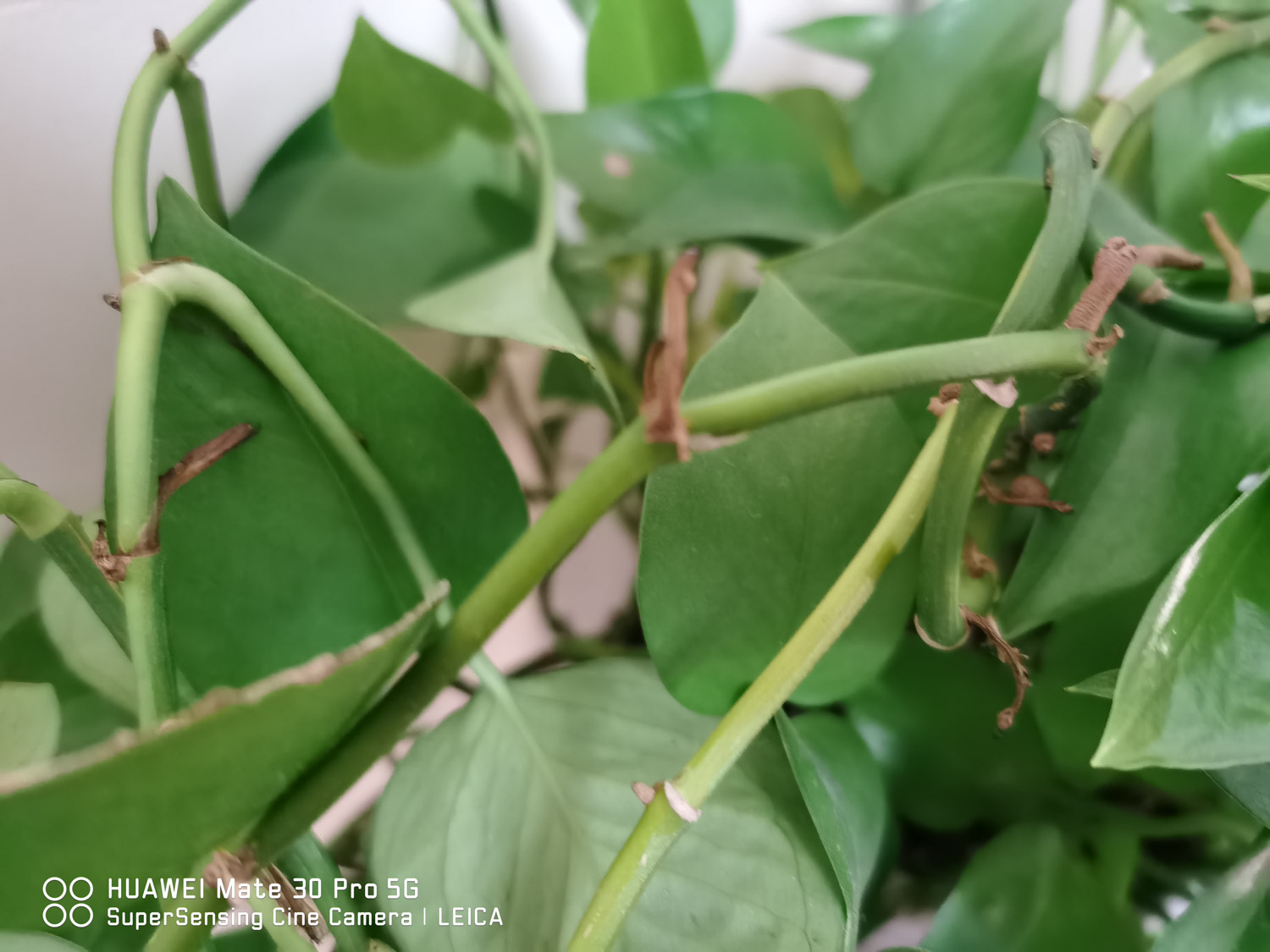
2. The substrate for cutting Osmanthus fragrans can be river sand or perlite, and good water permeability must be ensured
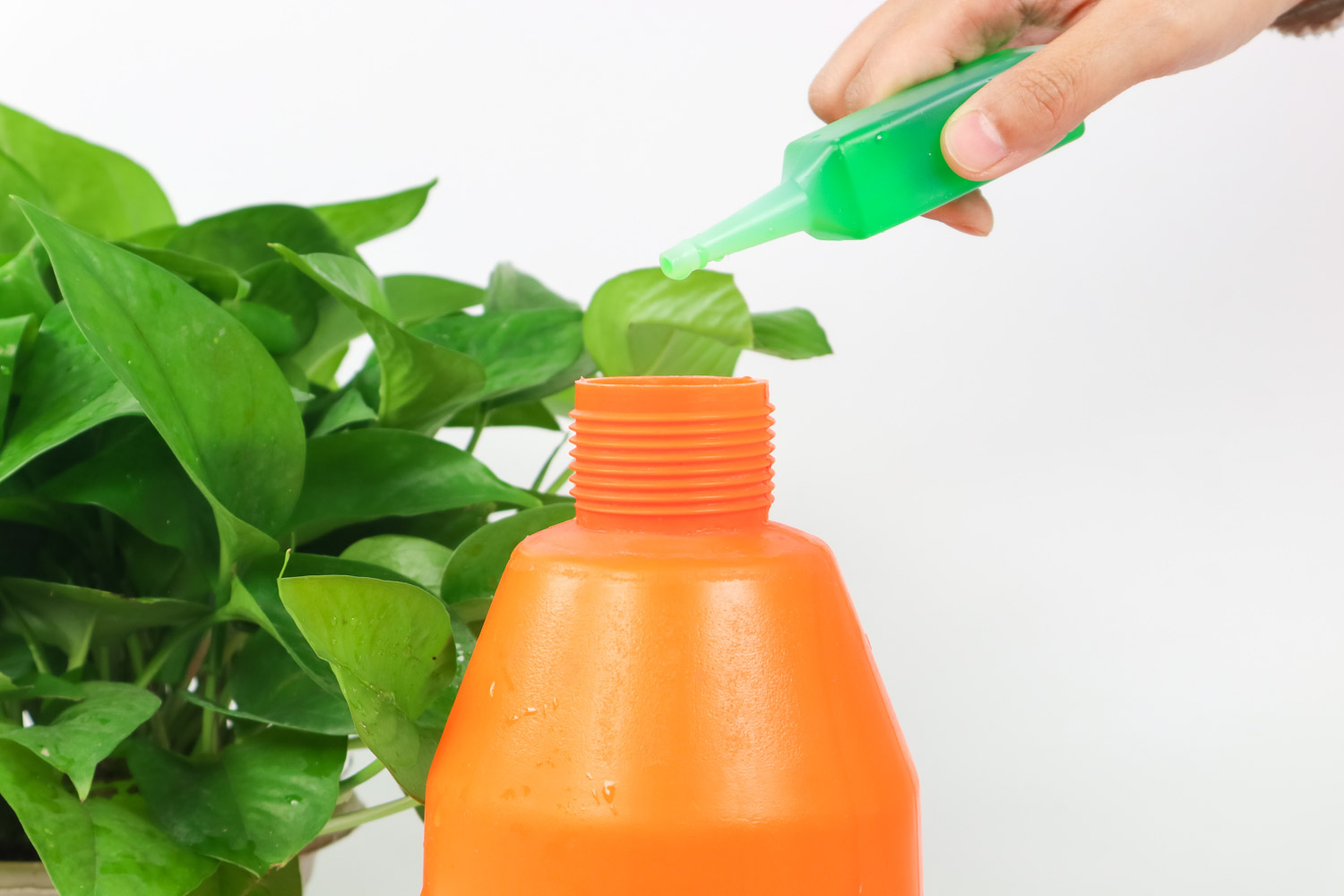
3. The cuttings can grow in a cool place after being moist for about a month. When you reach two or three leaves, you can put them in the pot
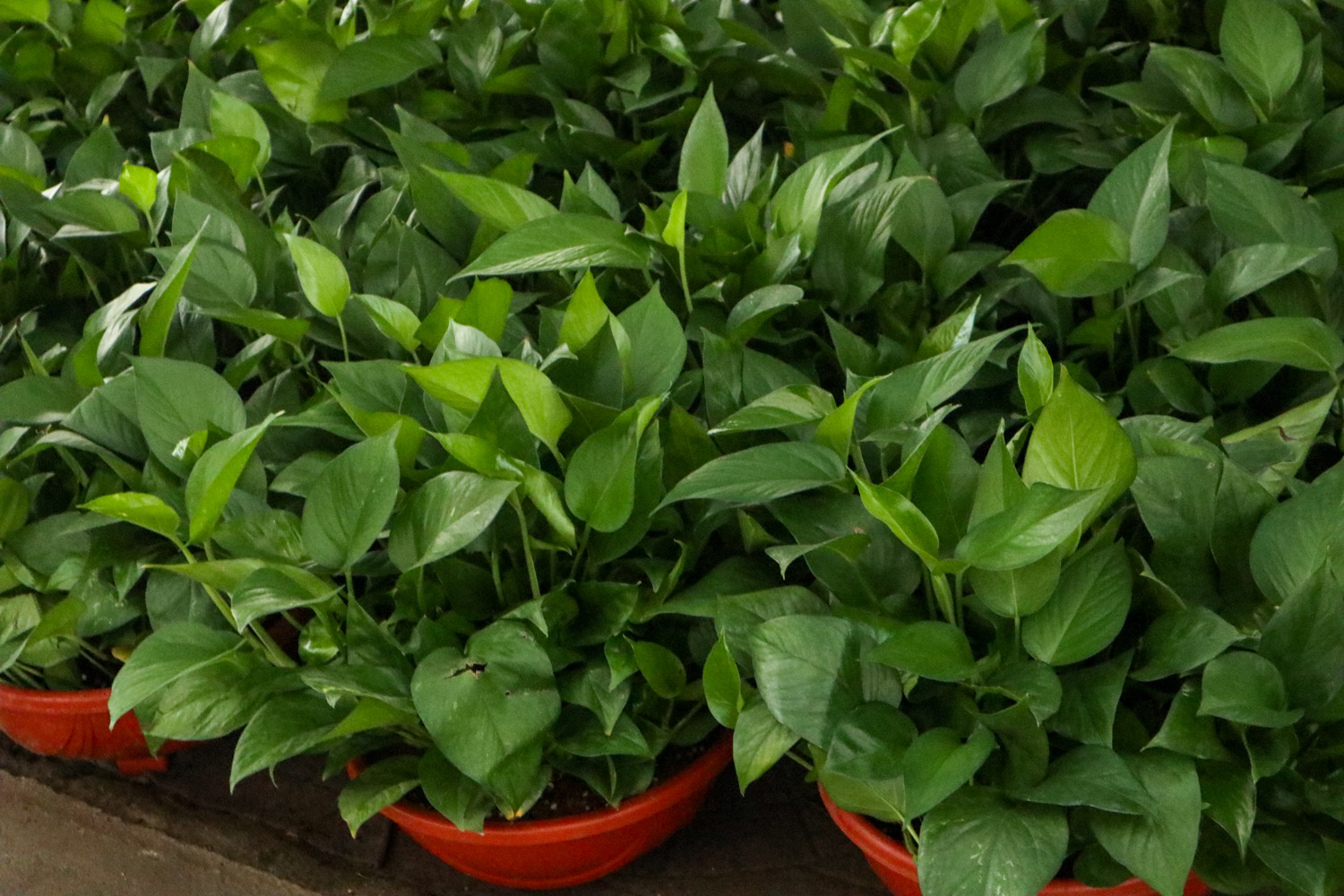
17. Fusang
1. Cut the semi lignified Hibiscus branches with a length of 15 ~ 20 cm, and remove the following leaves for cutting
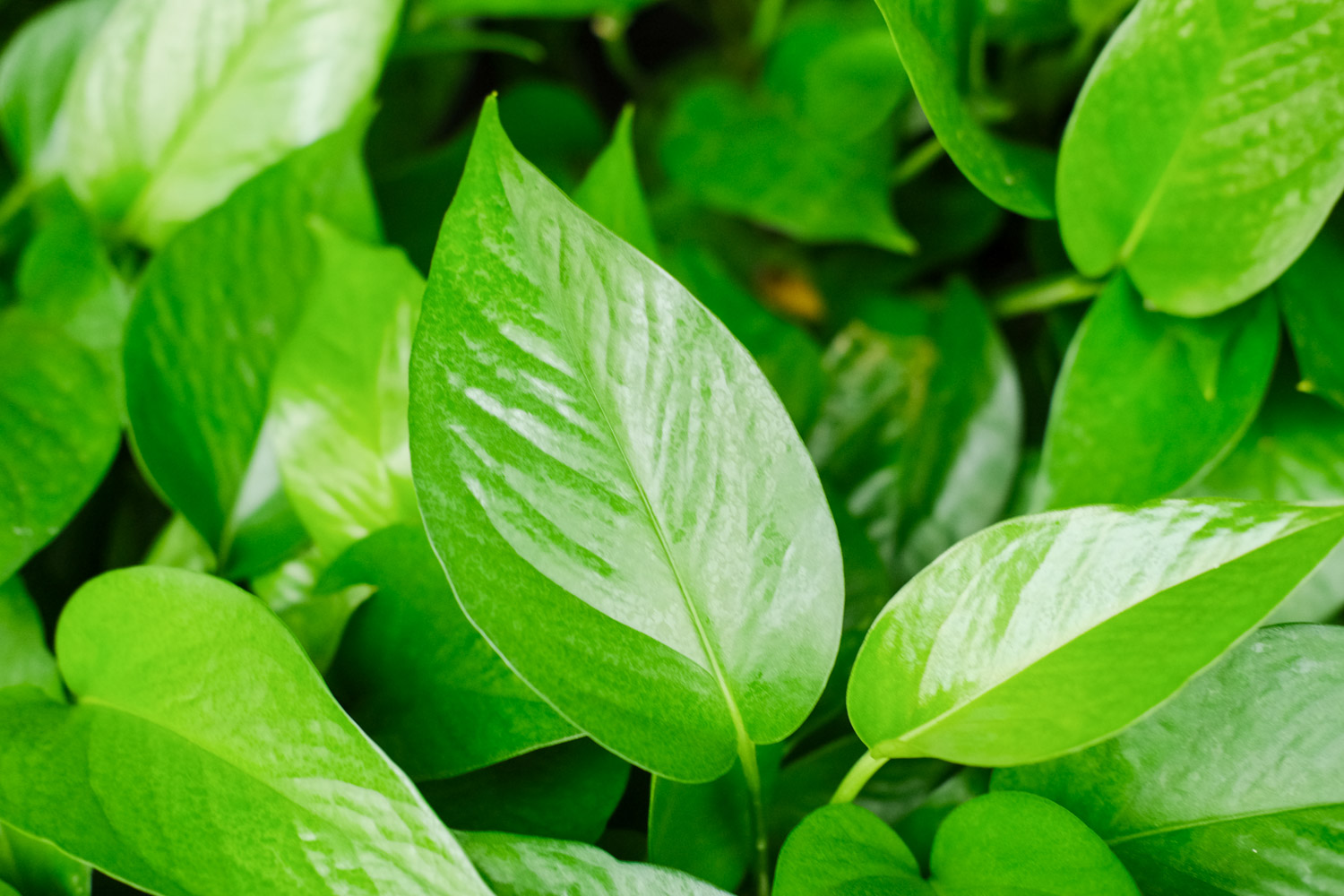
2. Pour the prepared river sand into the water, then use disposable chopsticks or wooden sticks to make several holes, and then insert Fusang cuttings into the hole and compact them by hand
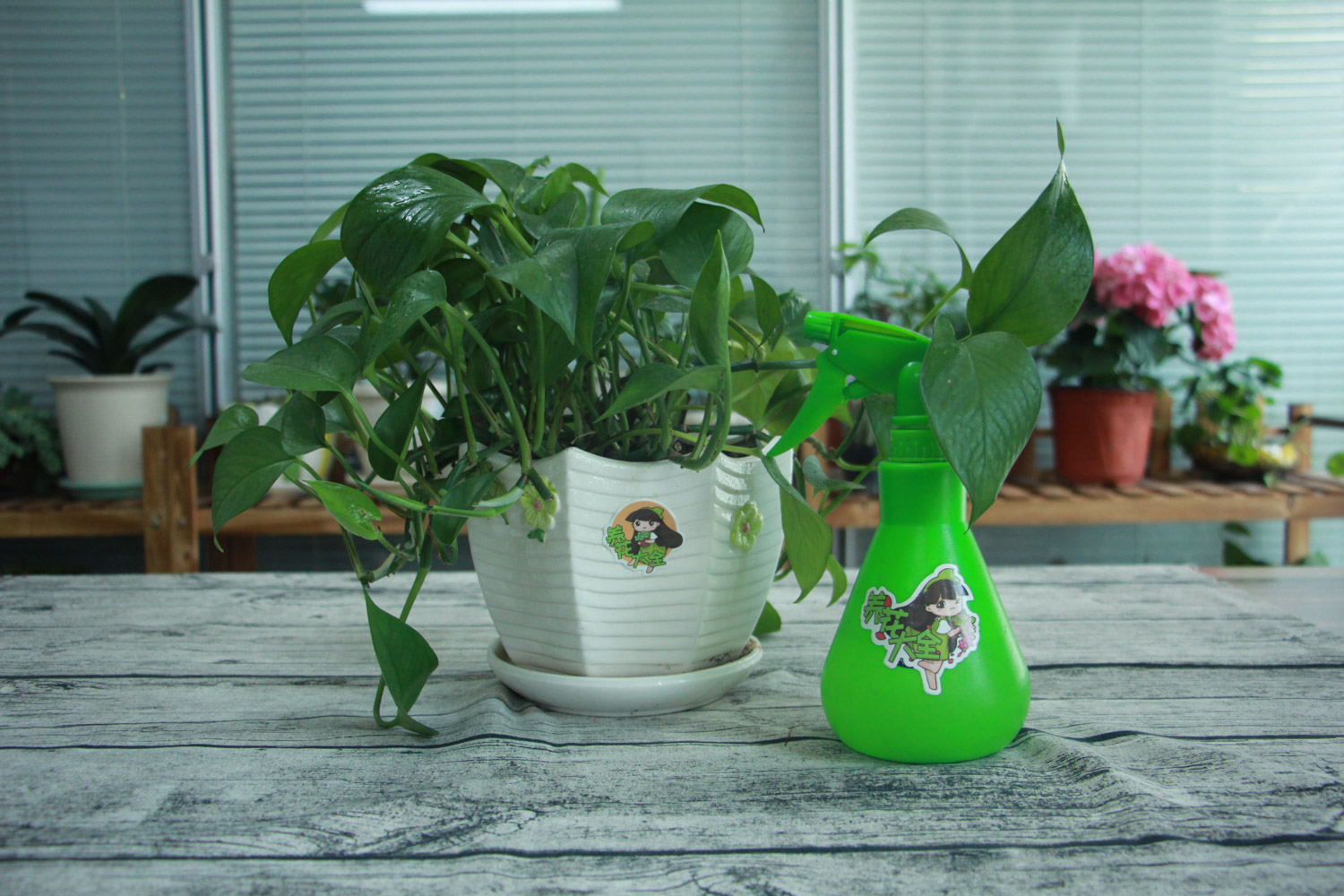
3. After planting, fill the flowerpot with water to ensure that the cuttings are closely combined with the substrate
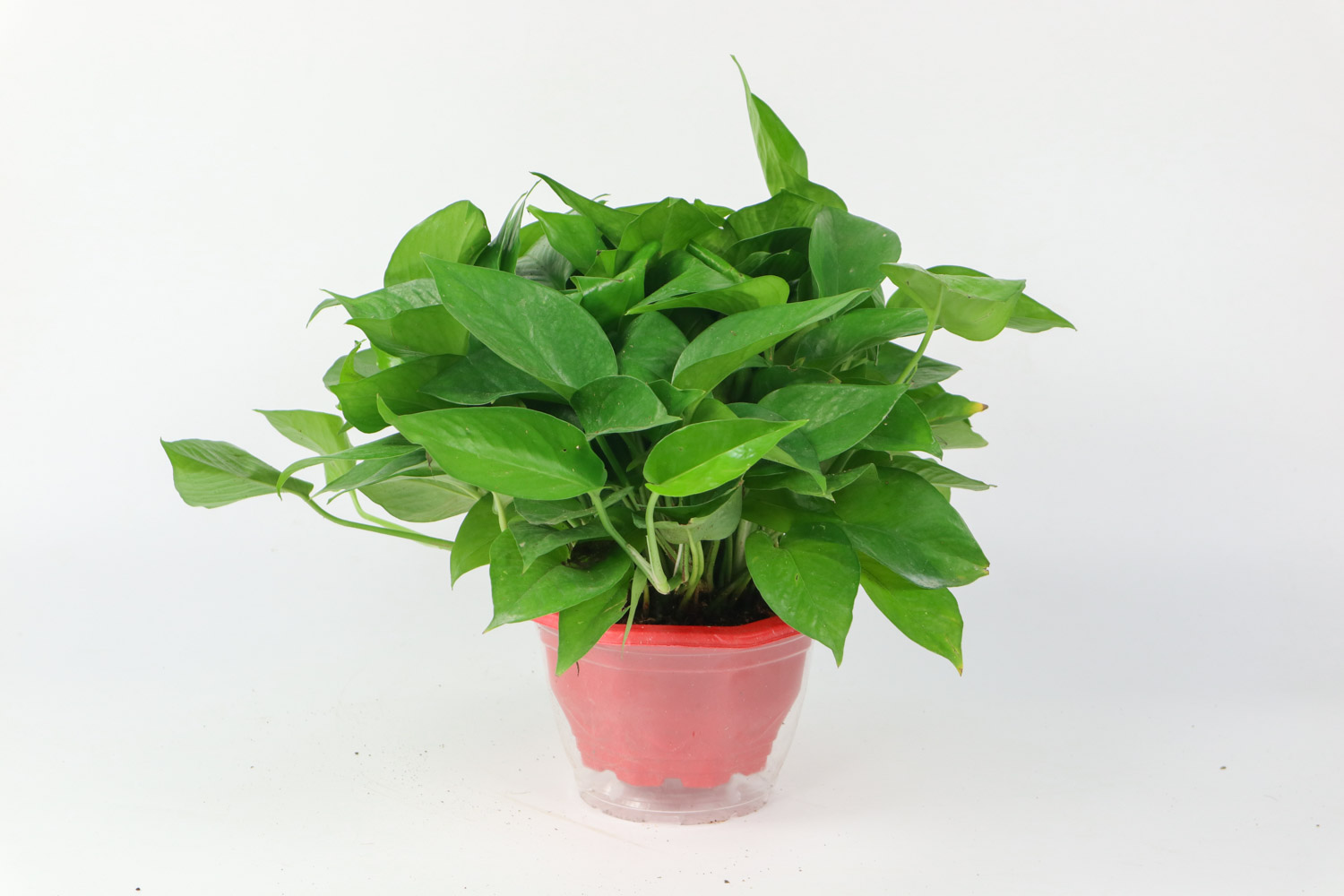
4. Then cover the flowerpot with a plastic bag, tie a few holes in the plastic bag, water it every day, keep the substrate moist, and grow roots in more than a month
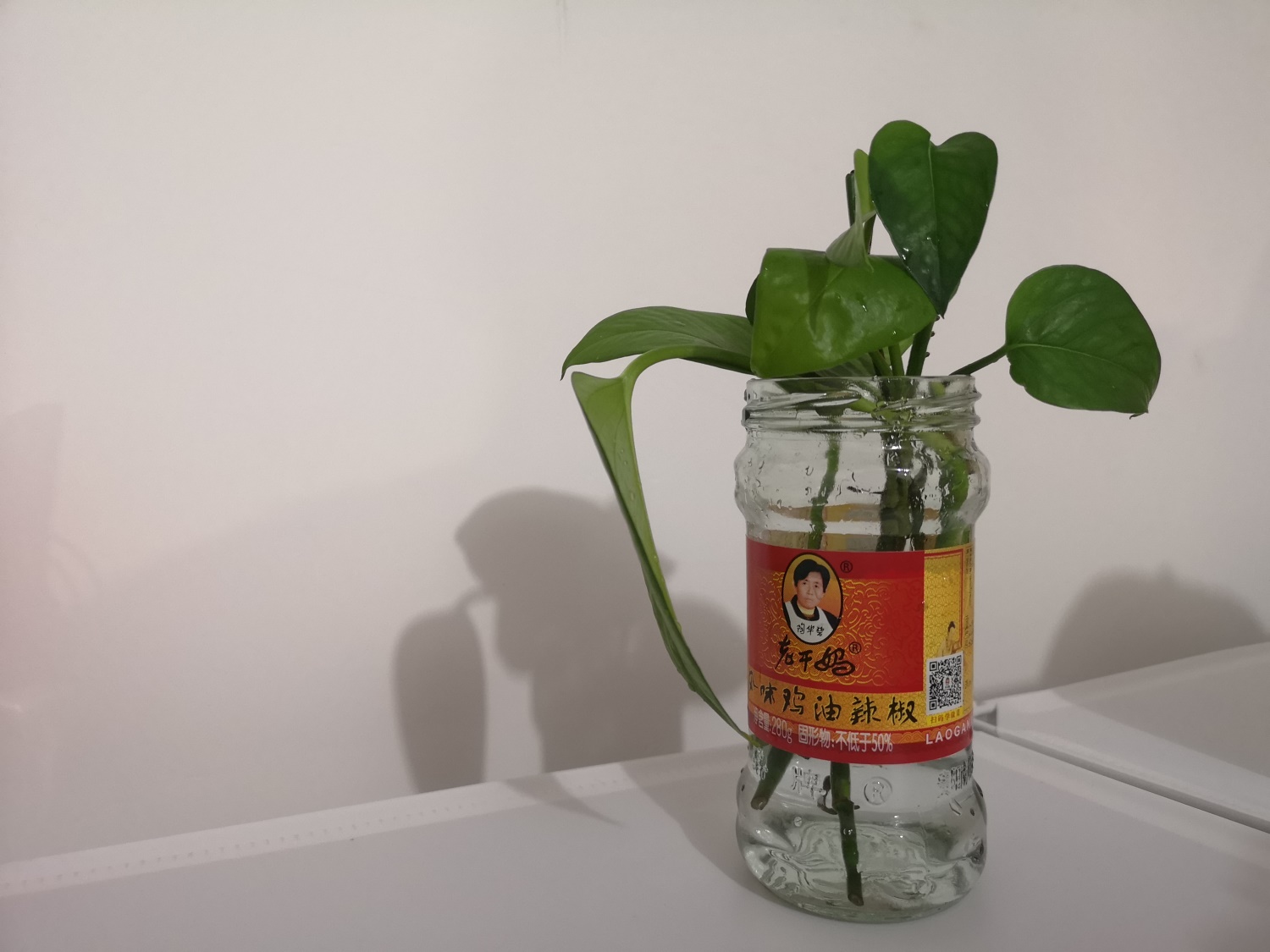
18. Jasmine
1. It is best to choose Jasmine branches that have just bloomed, so that the survival rate is high
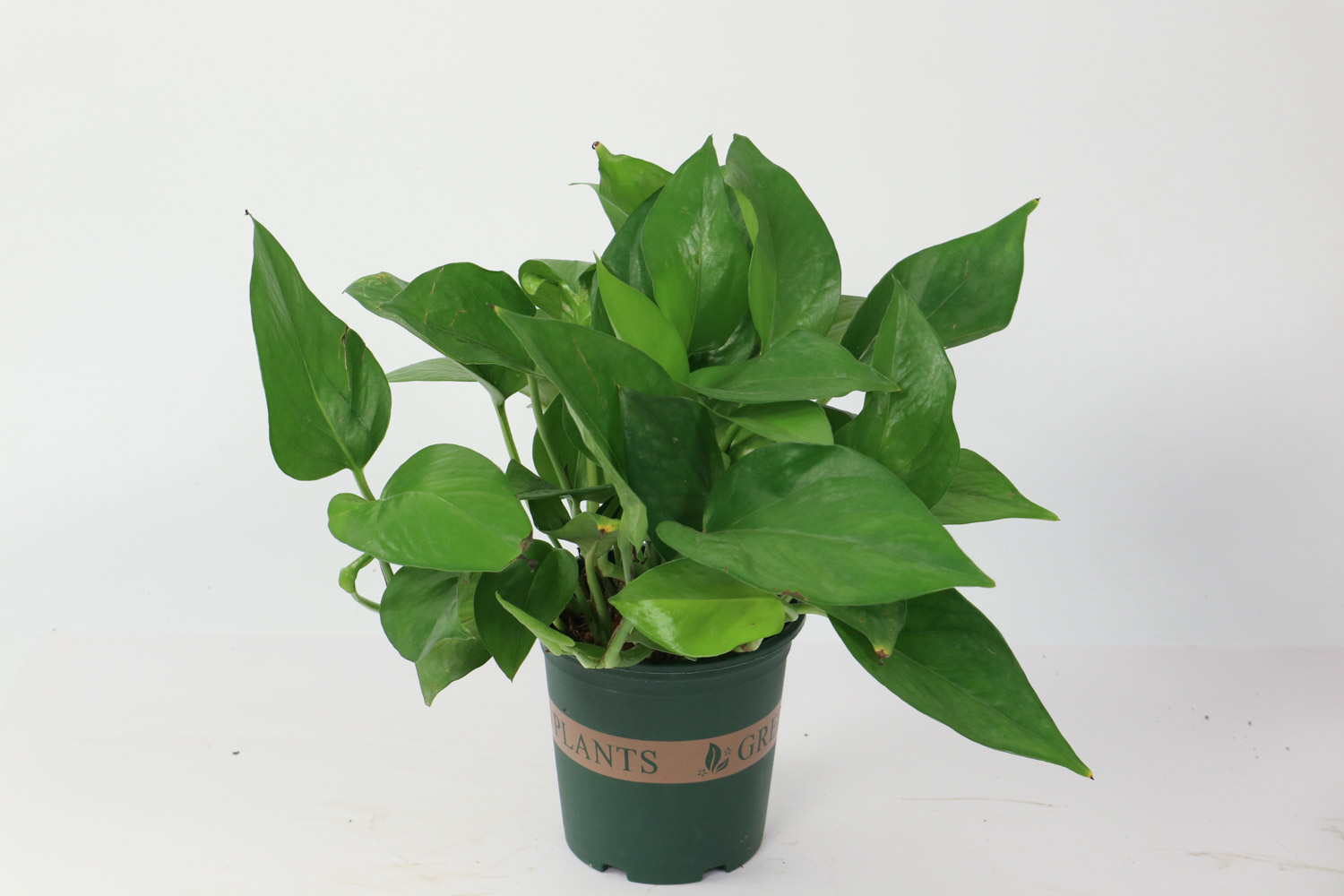
2. Cut the jasmine branches into two segments of cuttings, keep two leaves, and then cut the leaves in half
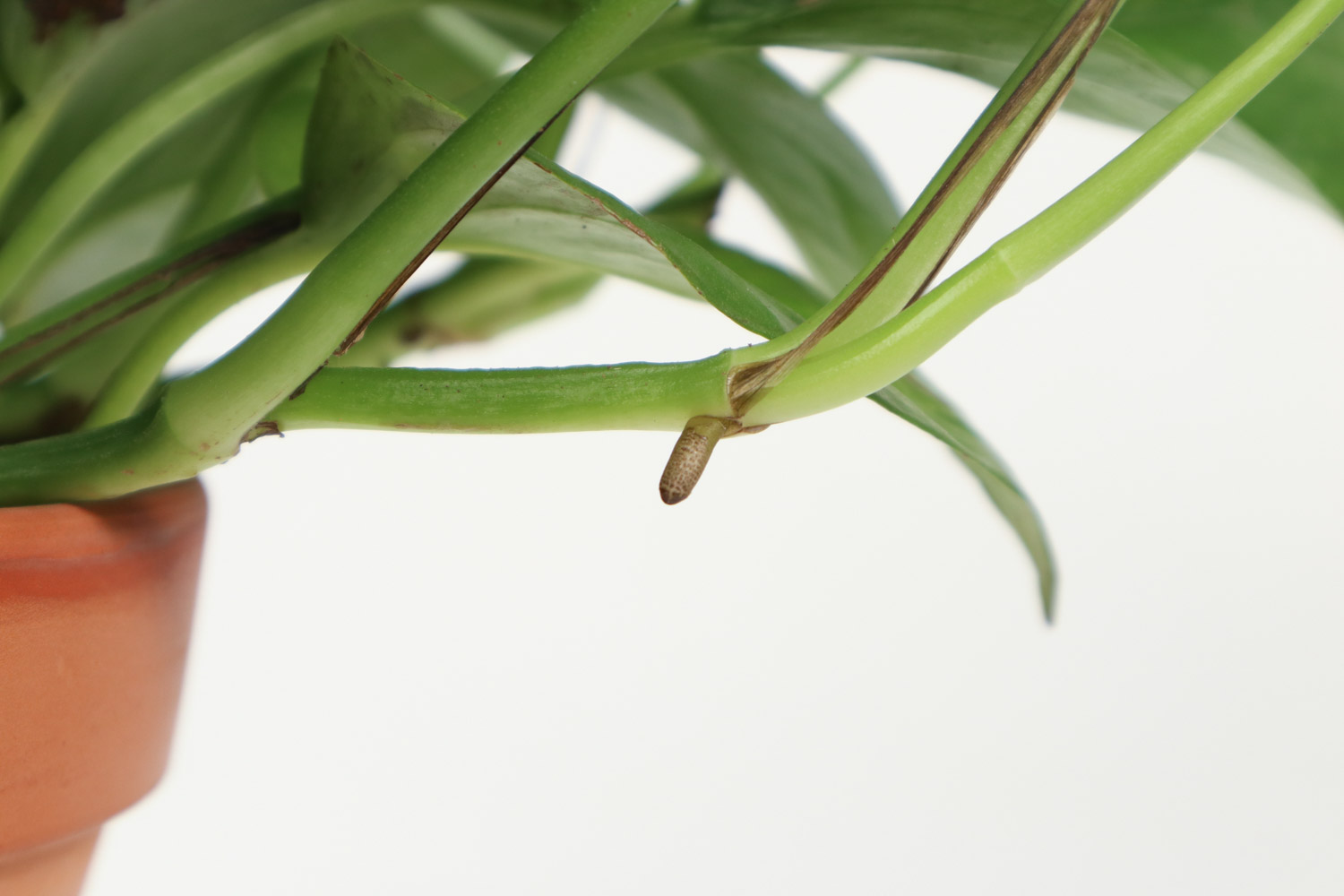
3. Soak the pruned cuttings in rooting solution for 30 minutes, then insert them into fine sand and spray water every day. It will take about a month to take root
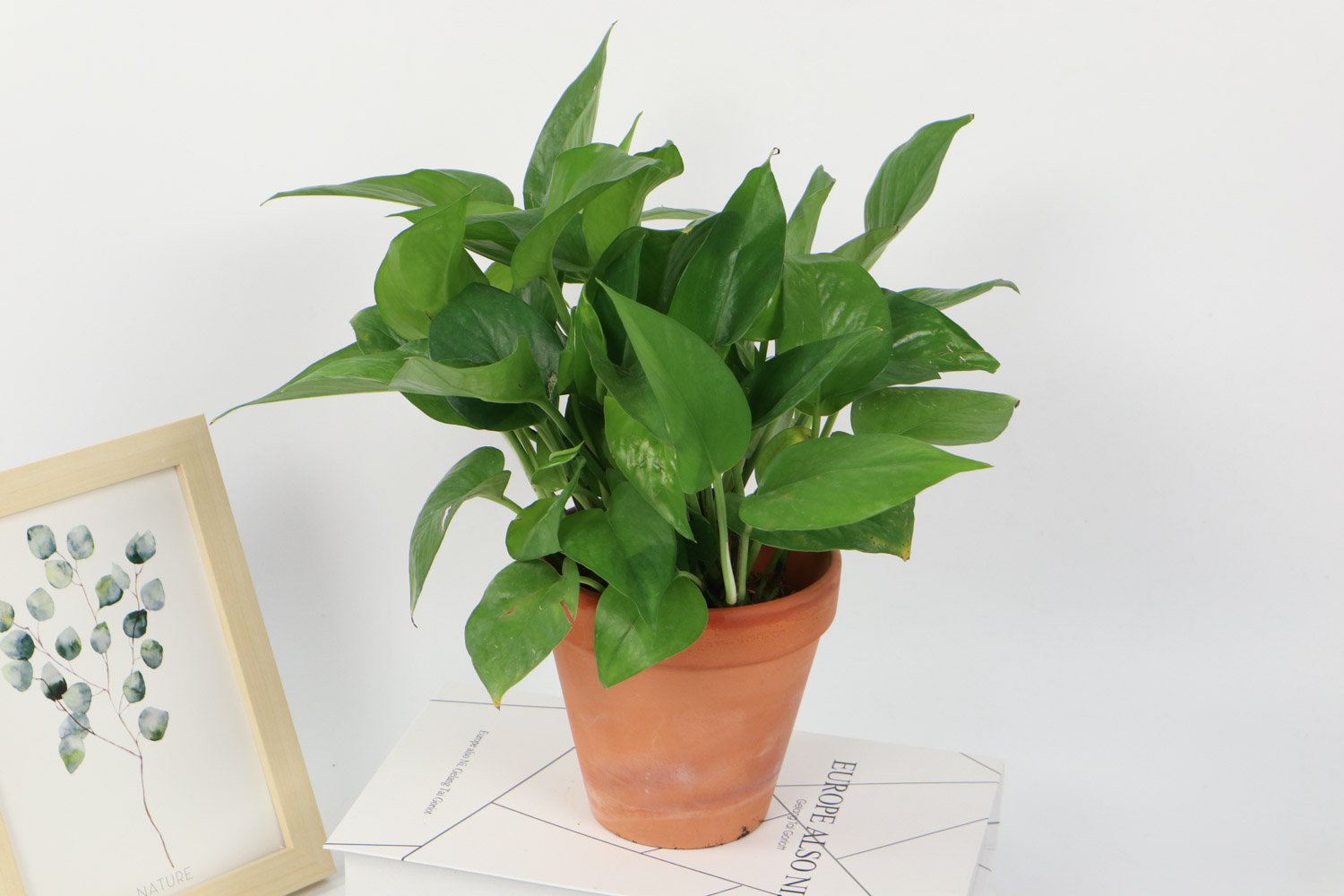

 how many times do yo...
how many times do yo... how many planted tre...
how many planted tre... how many pine trees ...
how many pine trees ... how many pecan trees...
how many pecan trees... how many plants comp...
how many plants comp... how many plants can ...
how many plants can ... how many plants and ...
how many plants and ... how many pepper plan...
how many pepper plan...